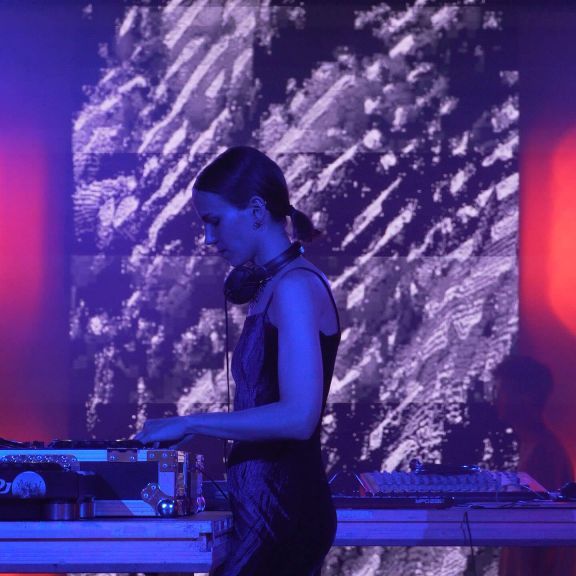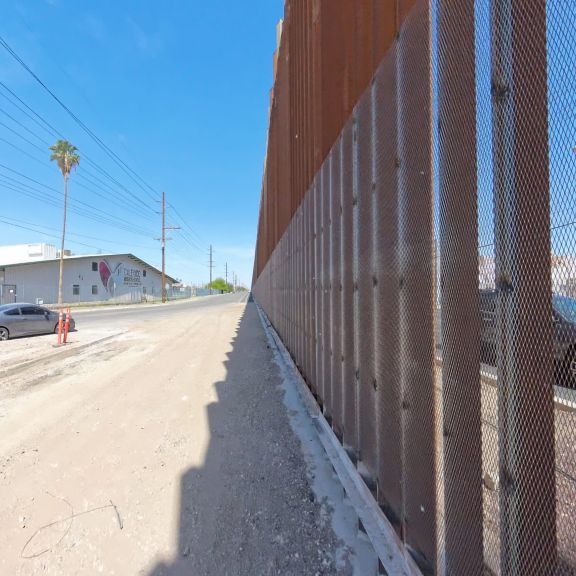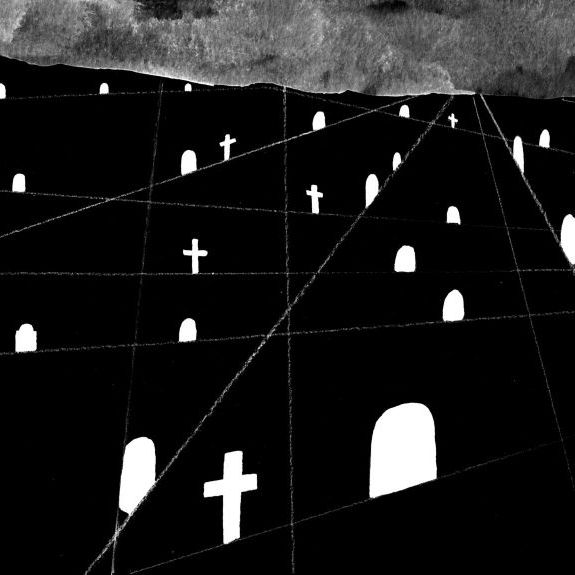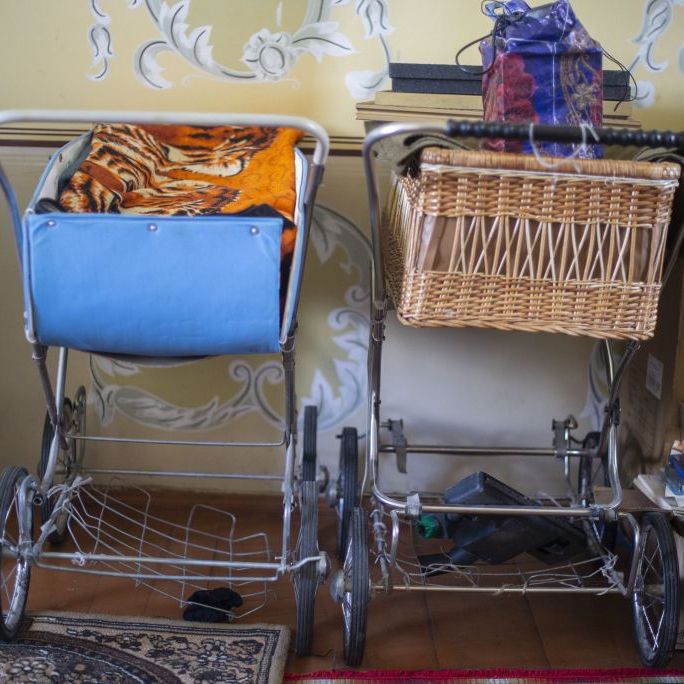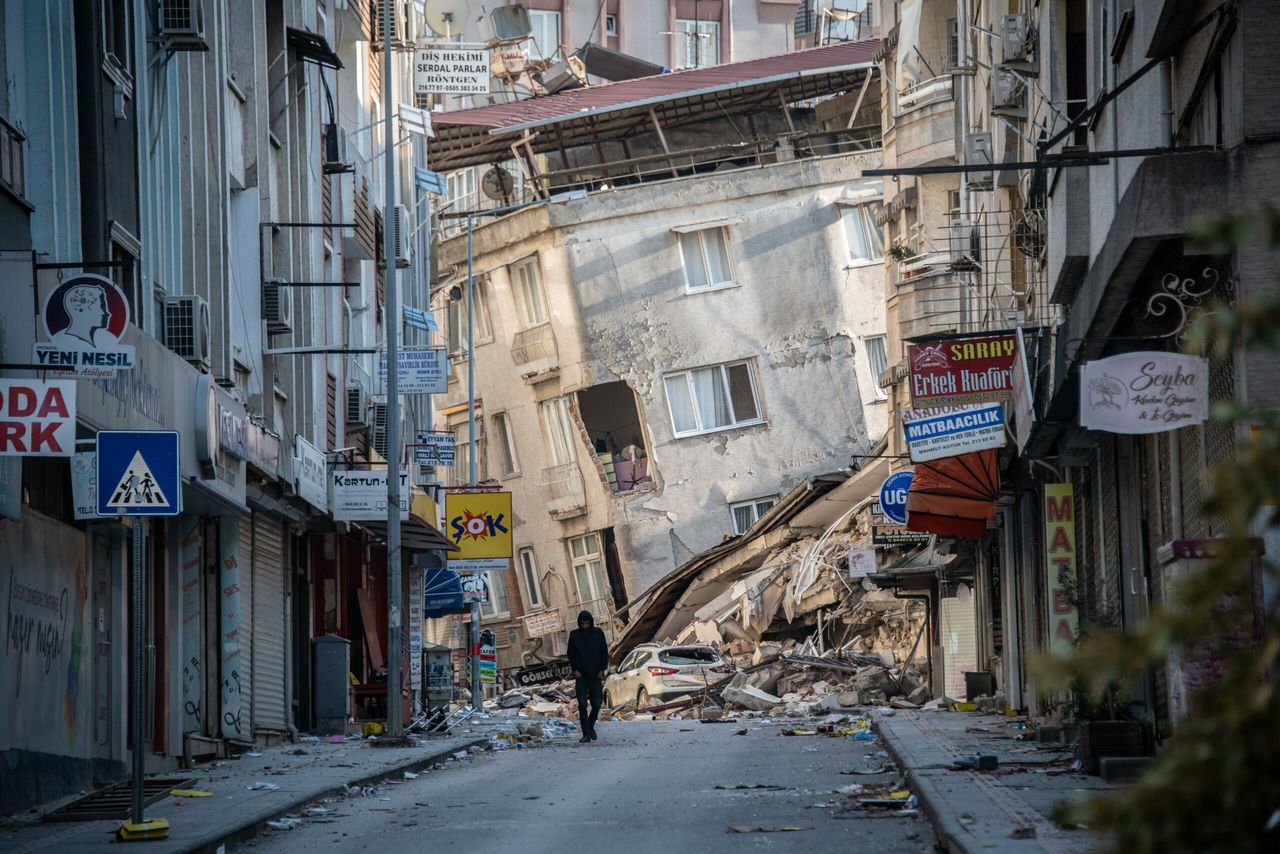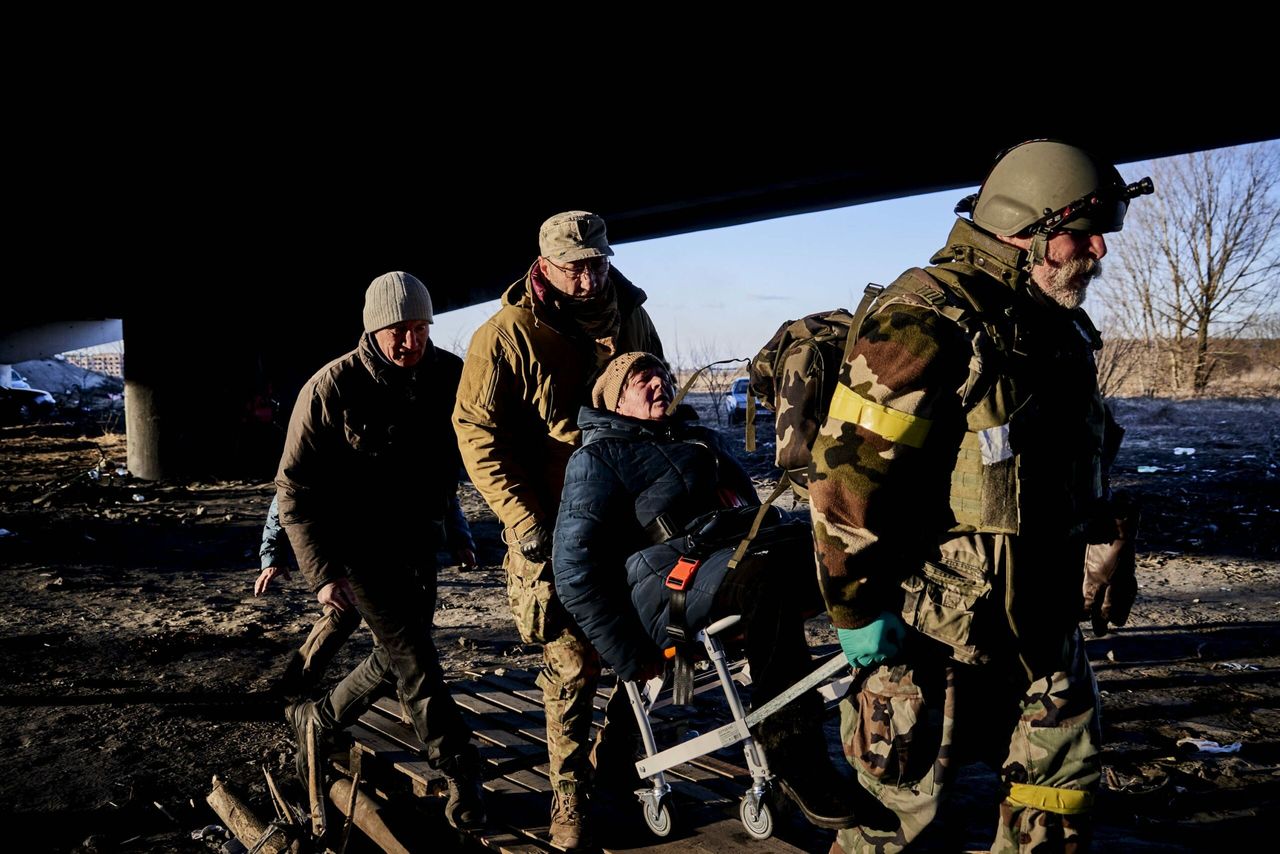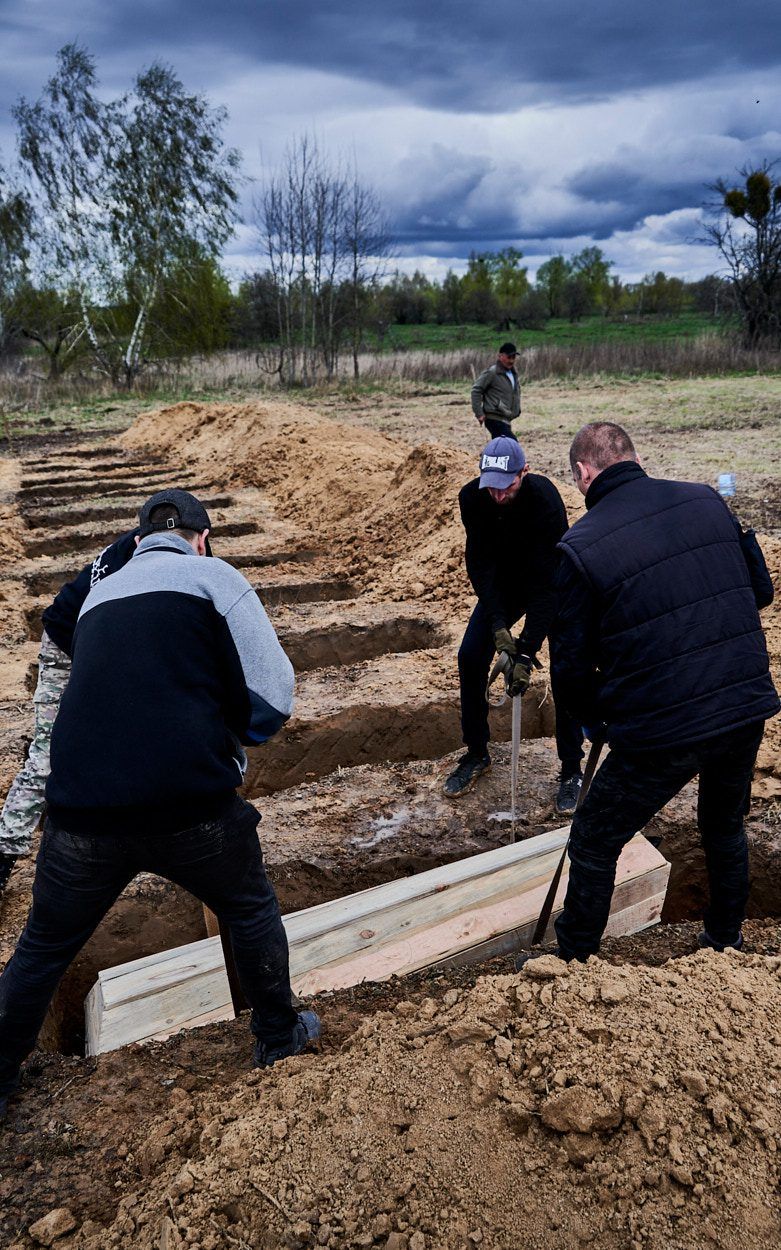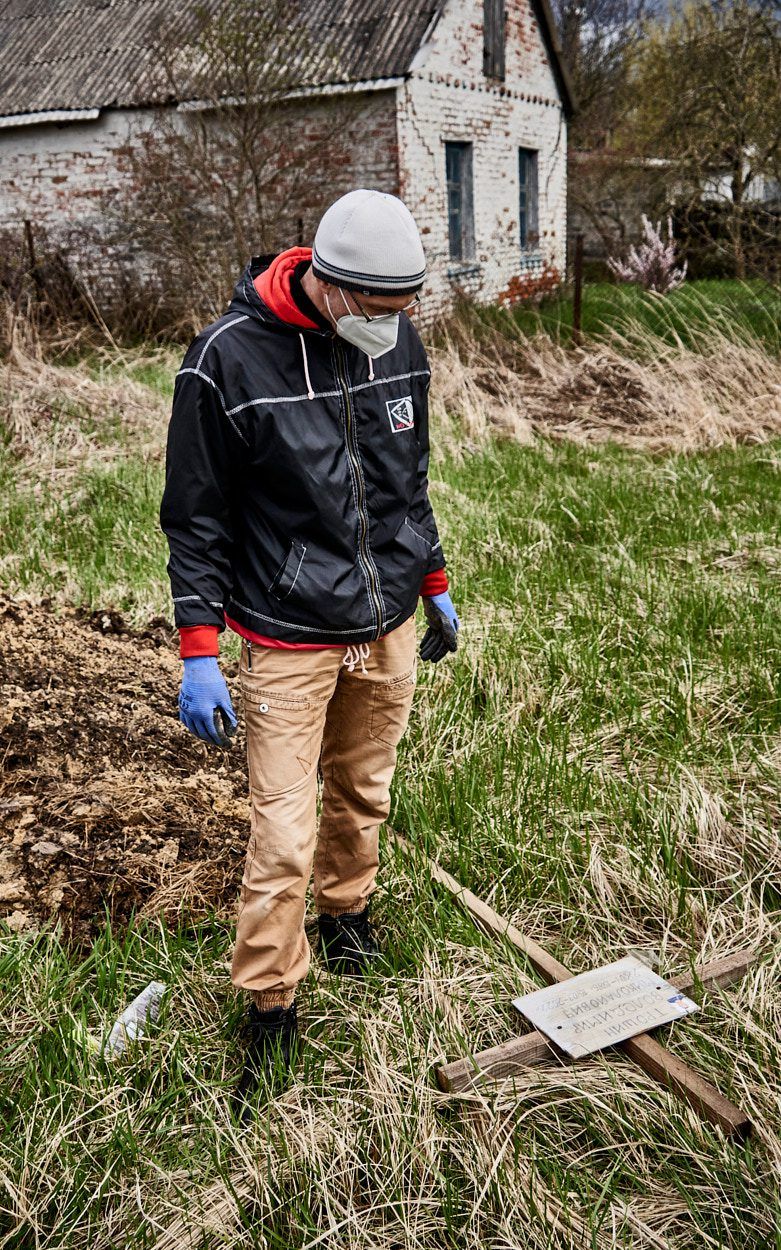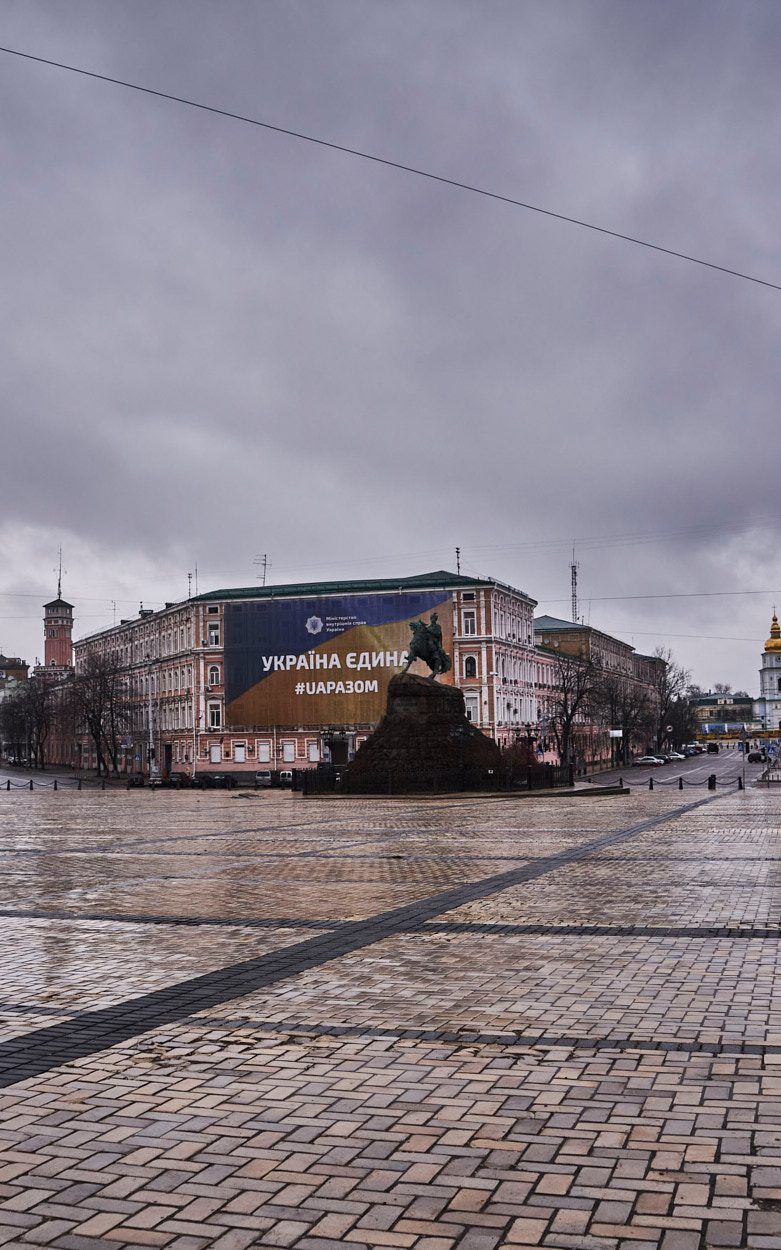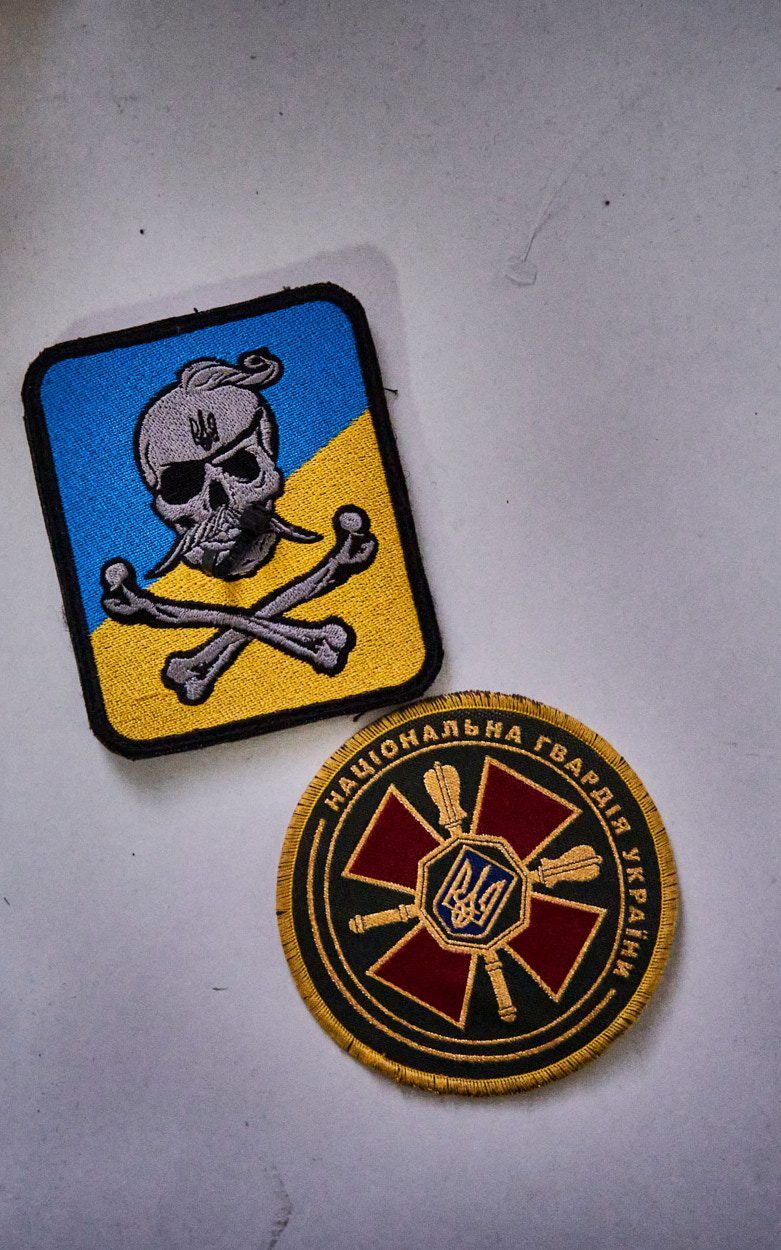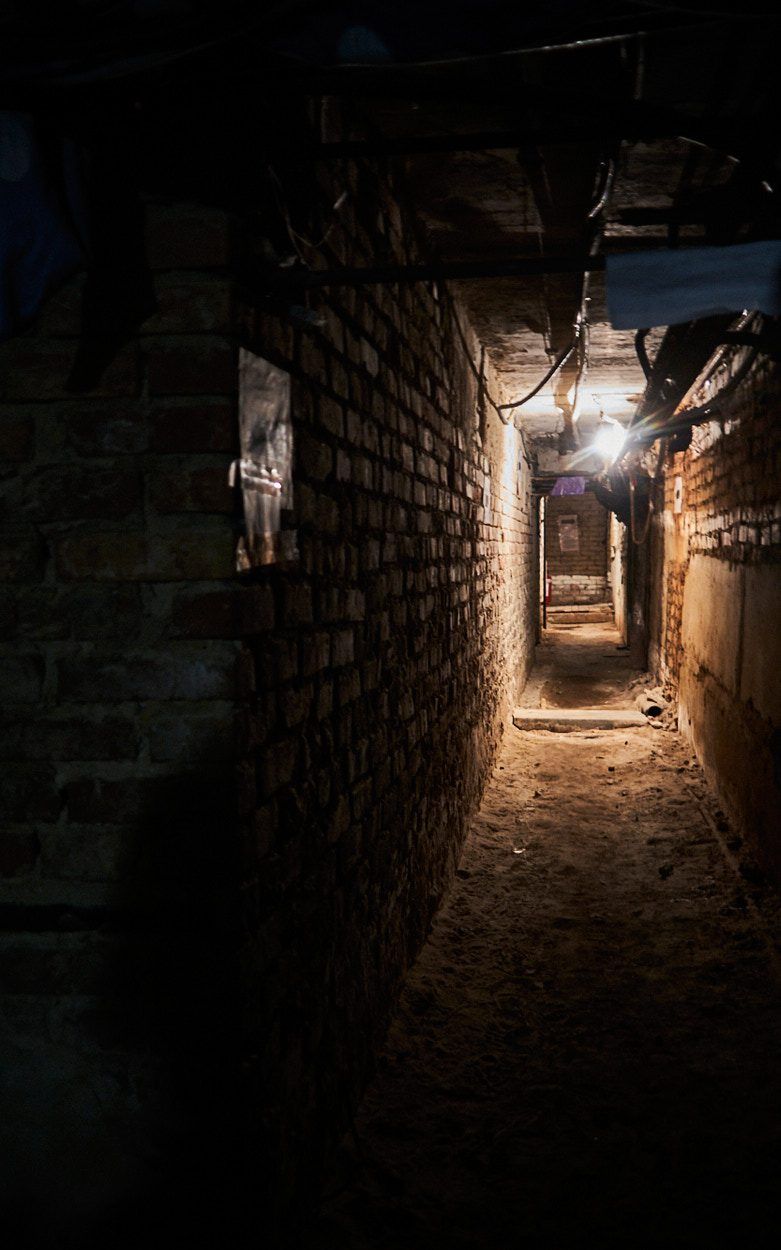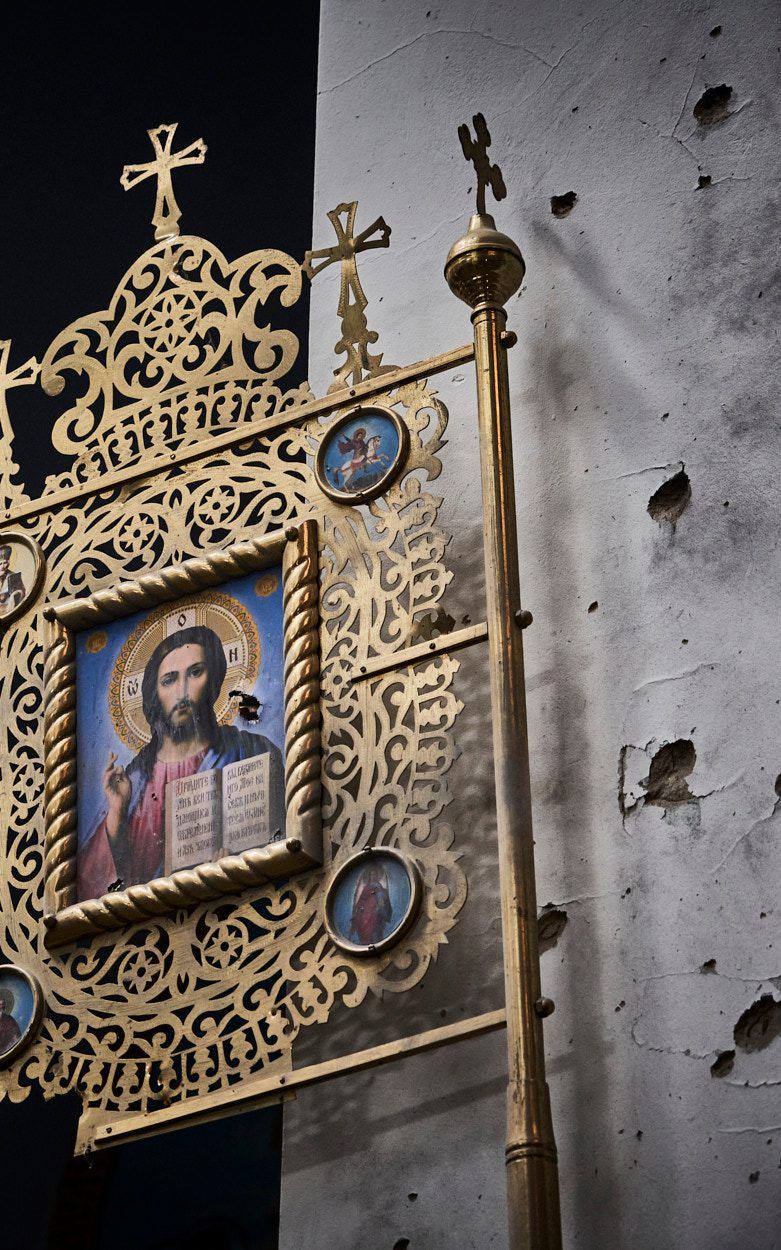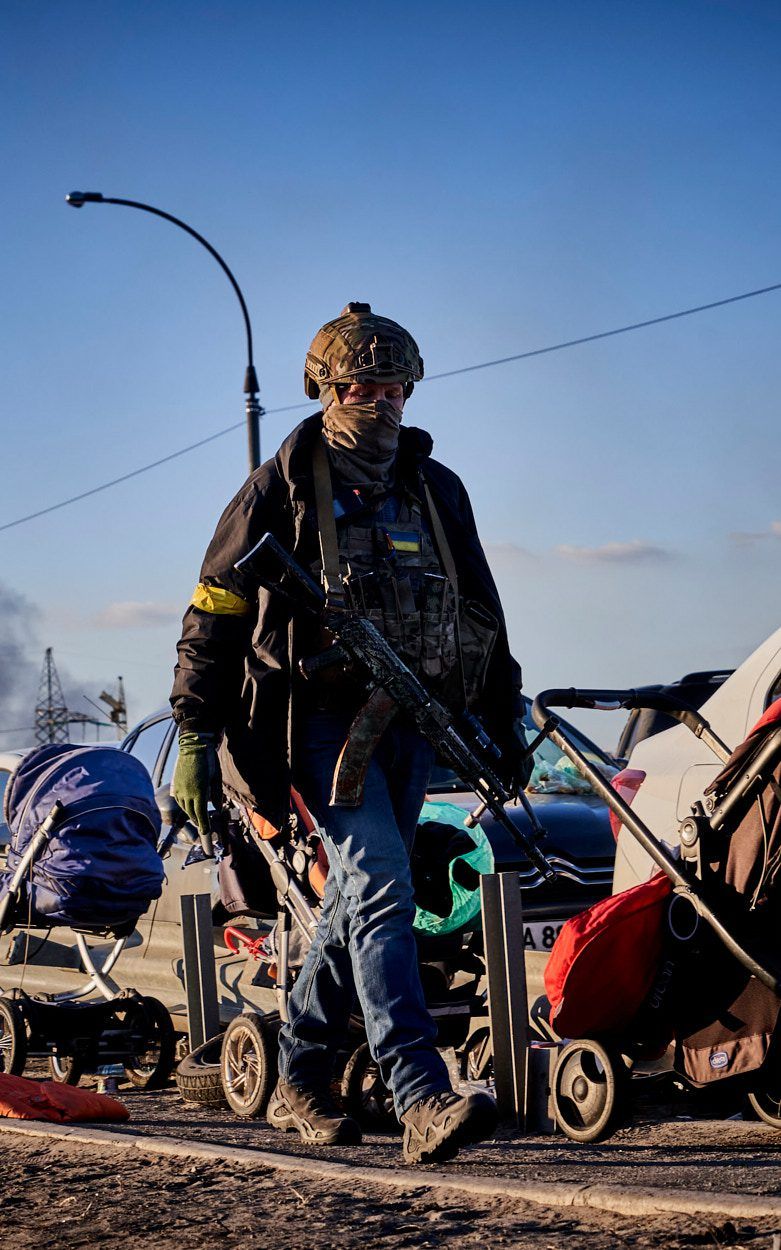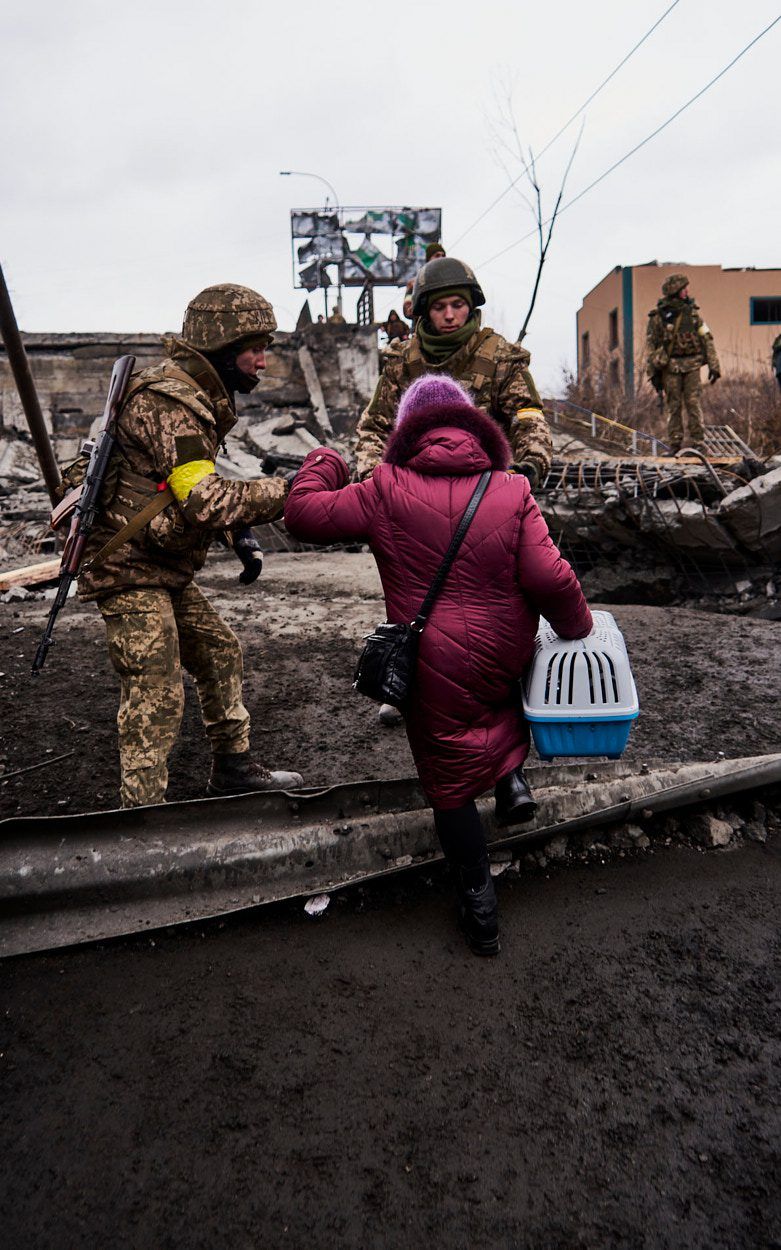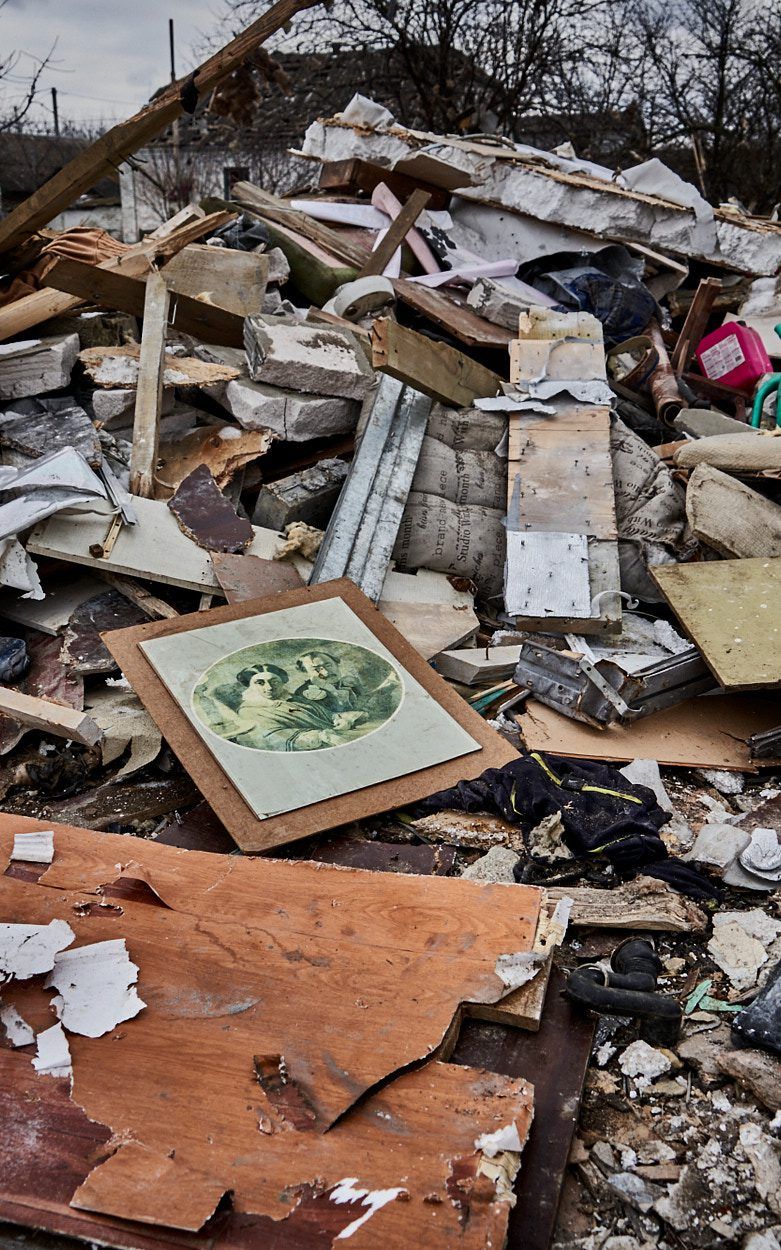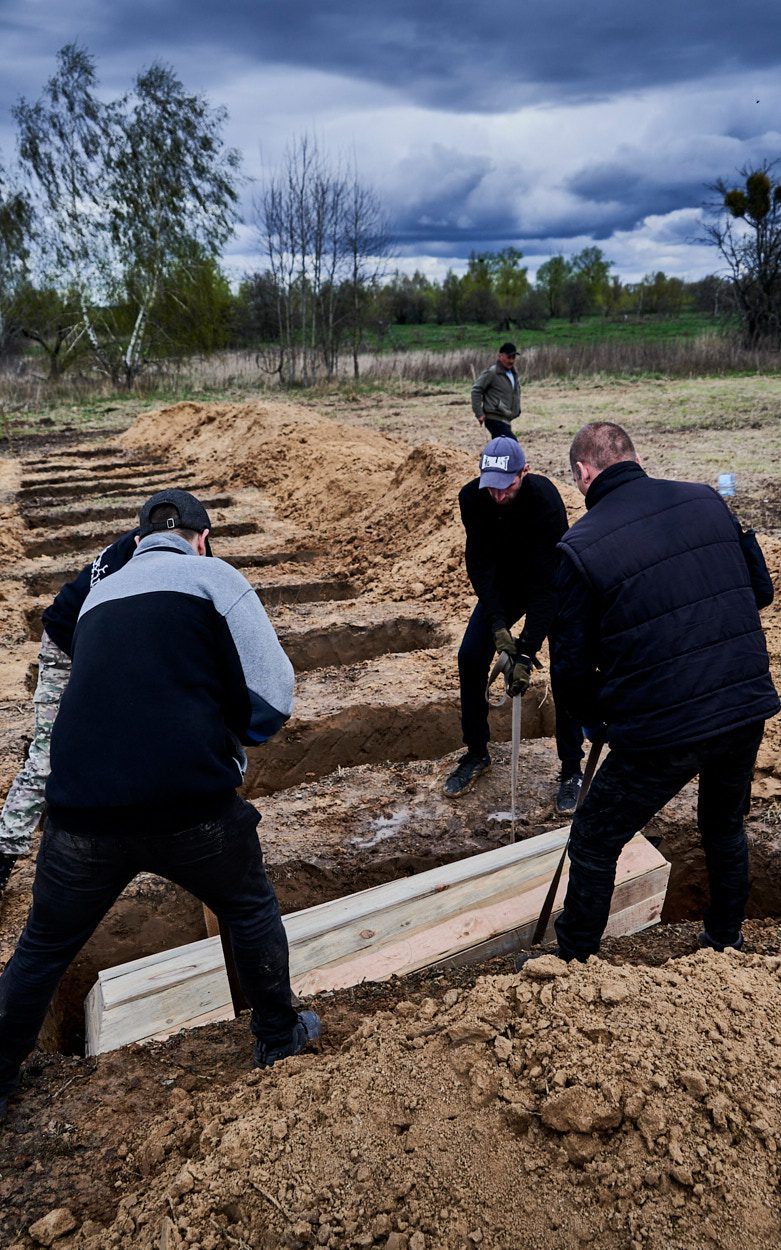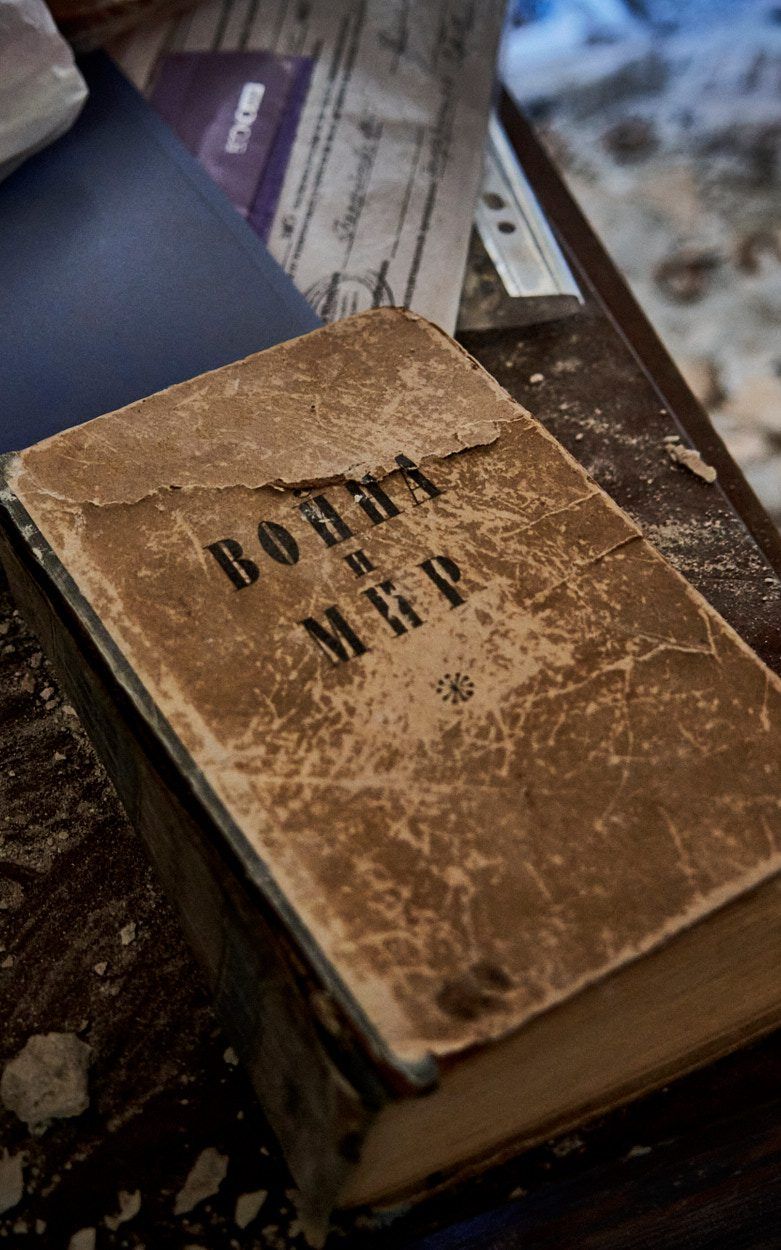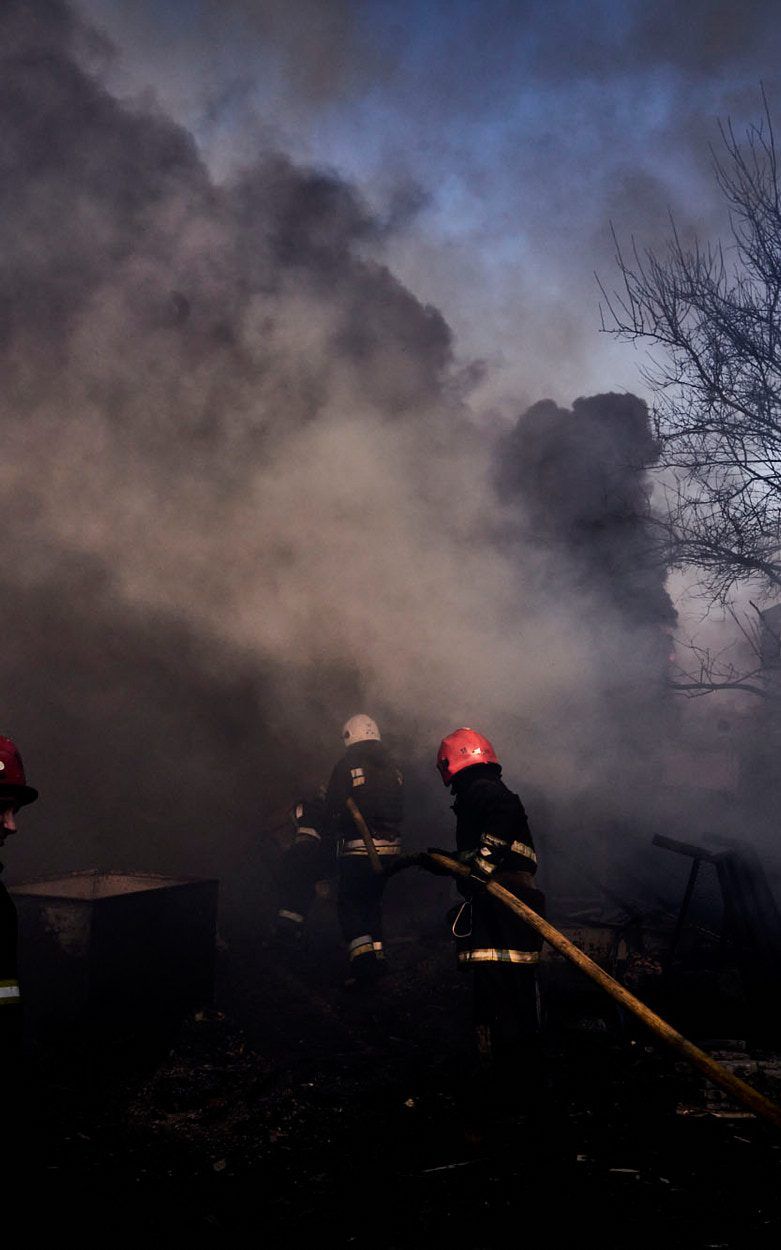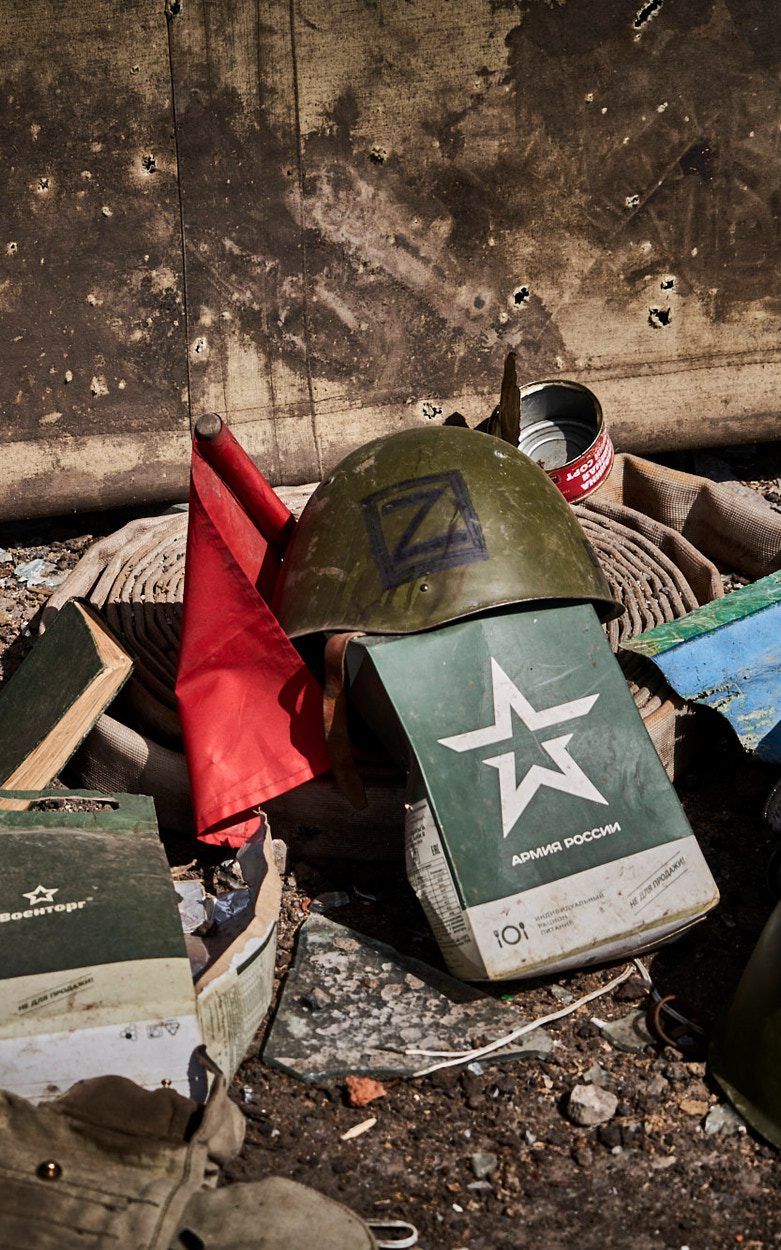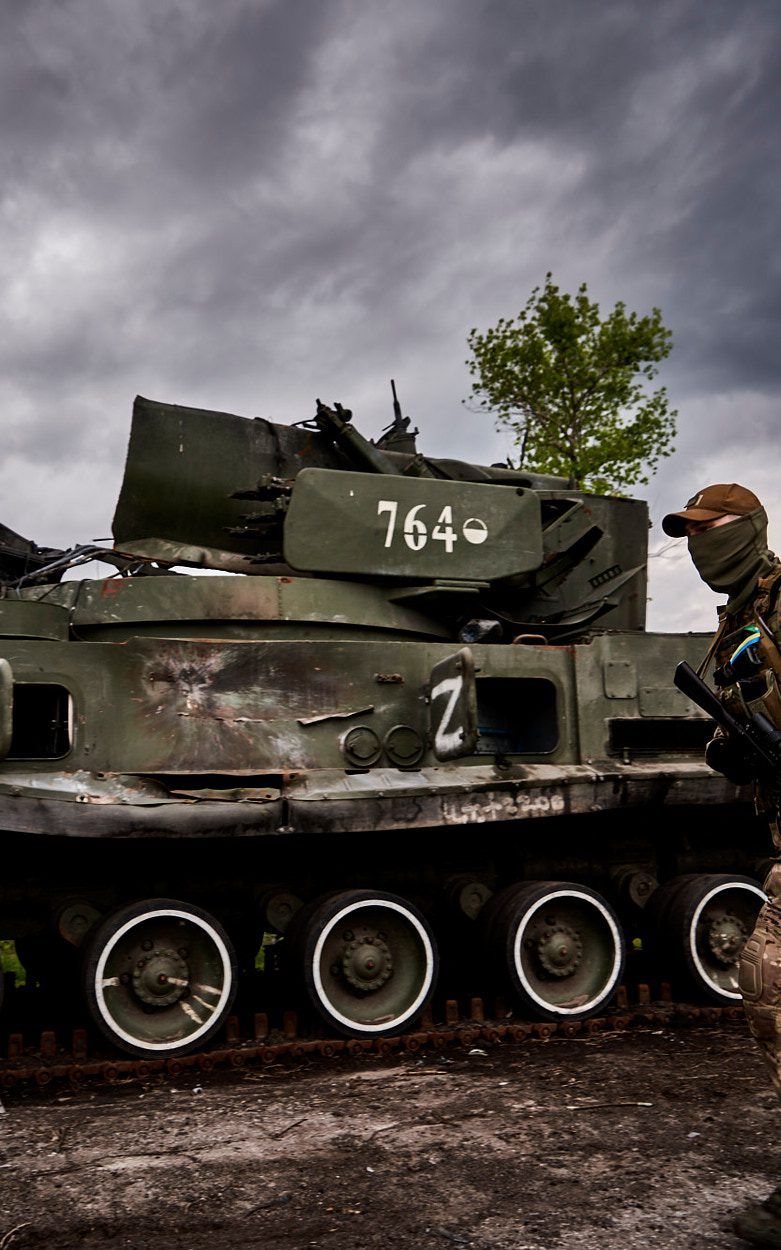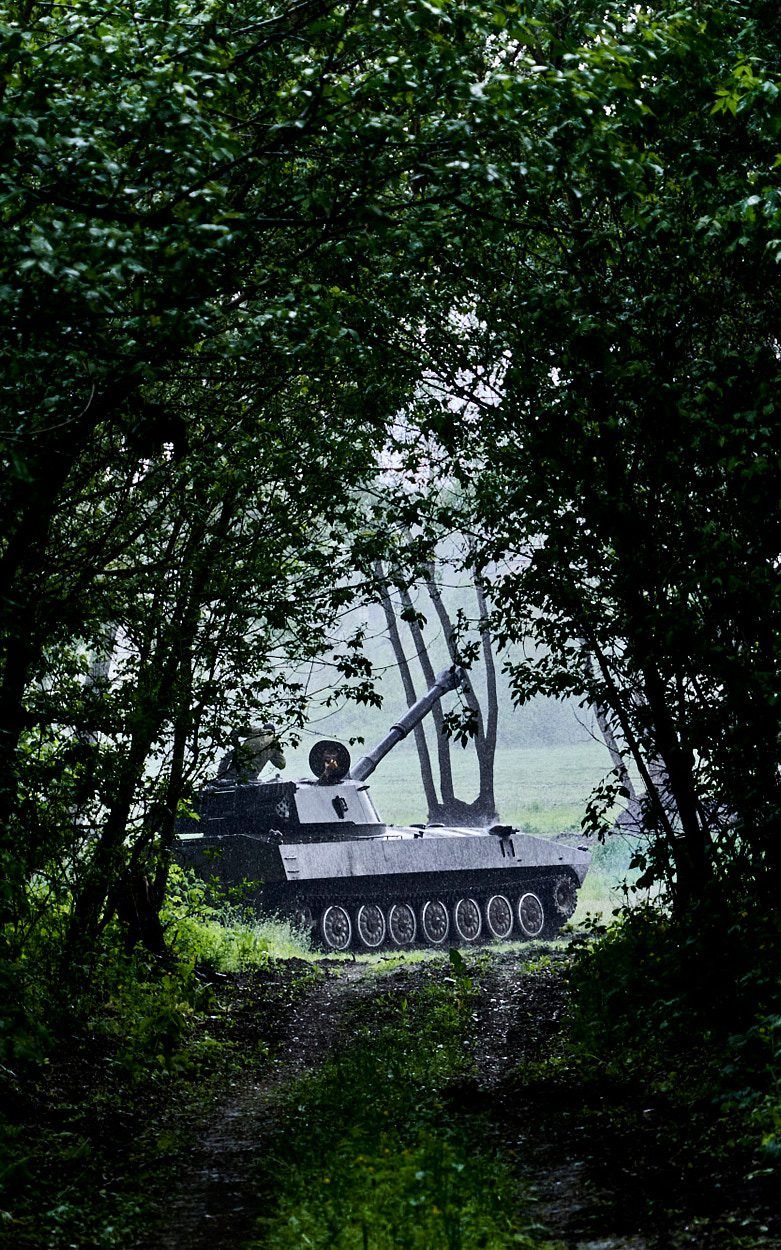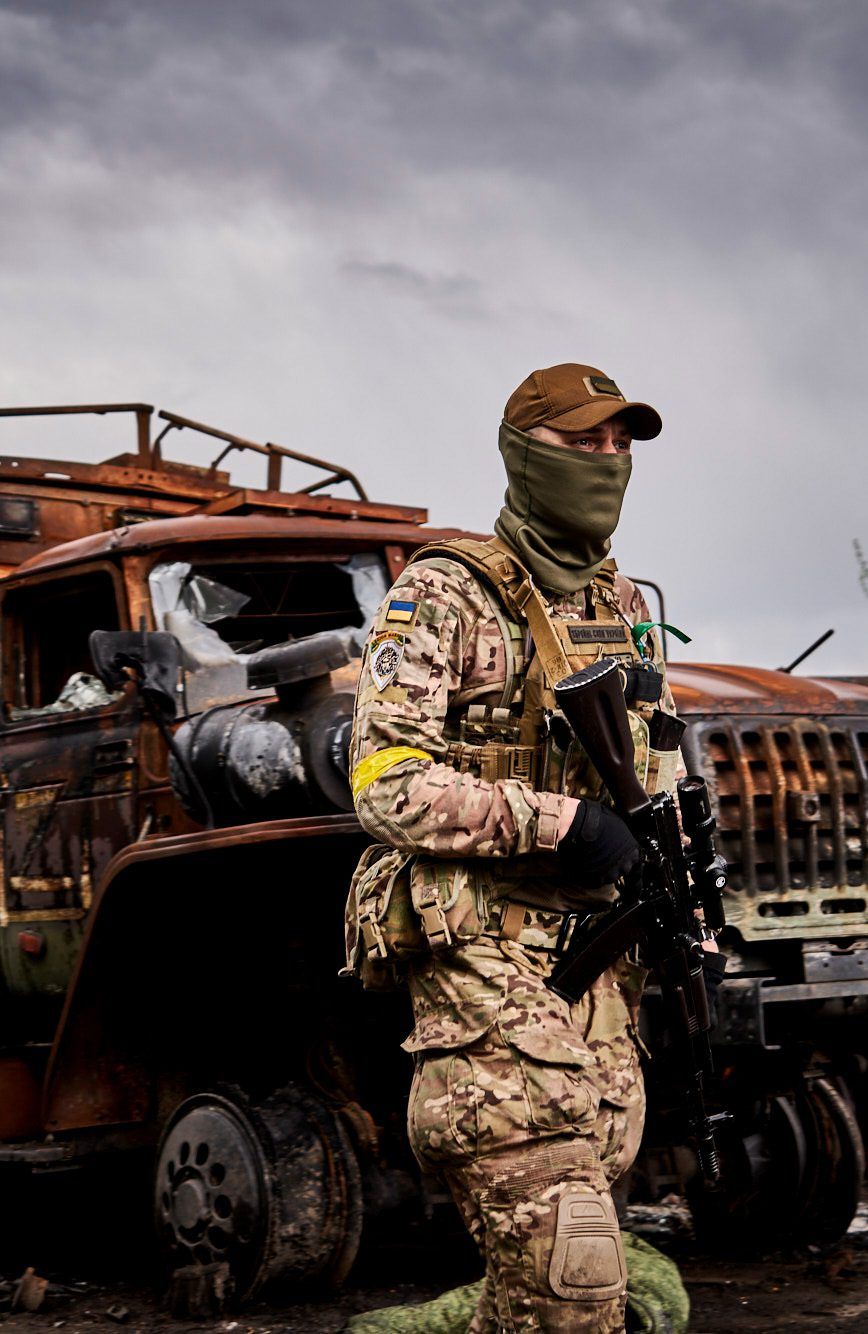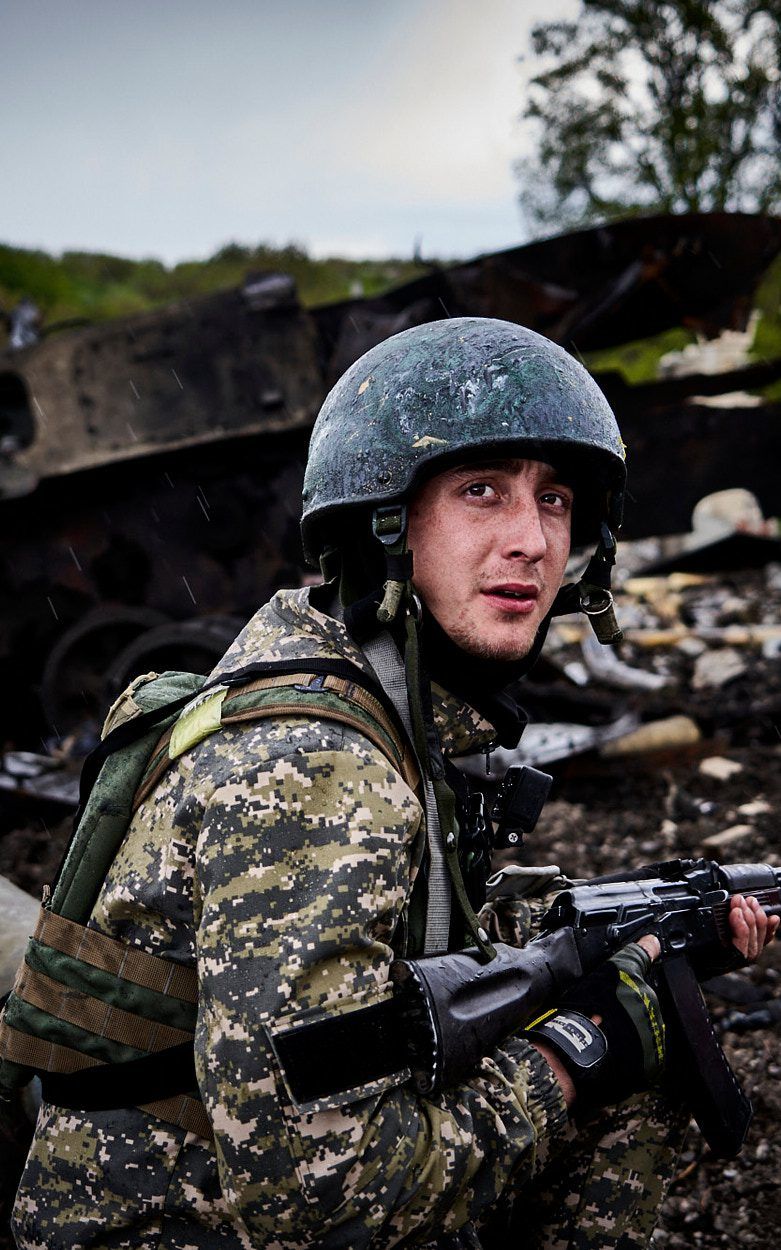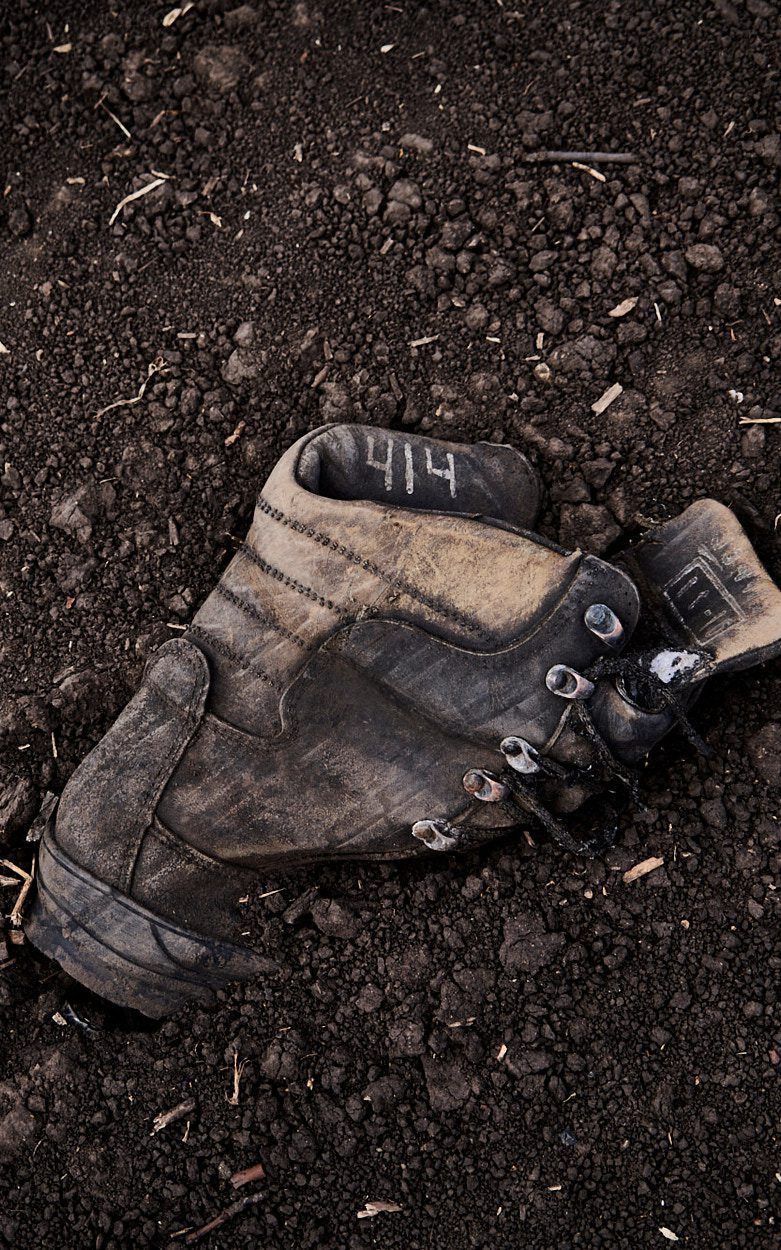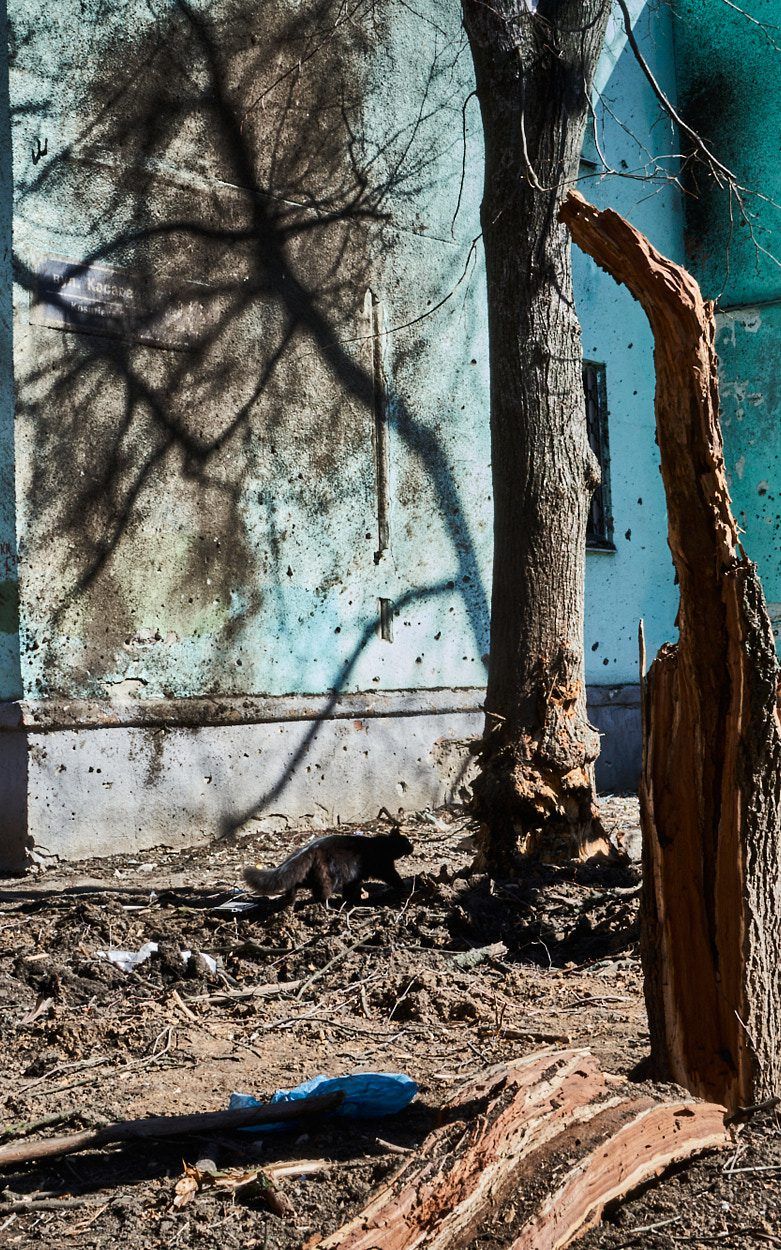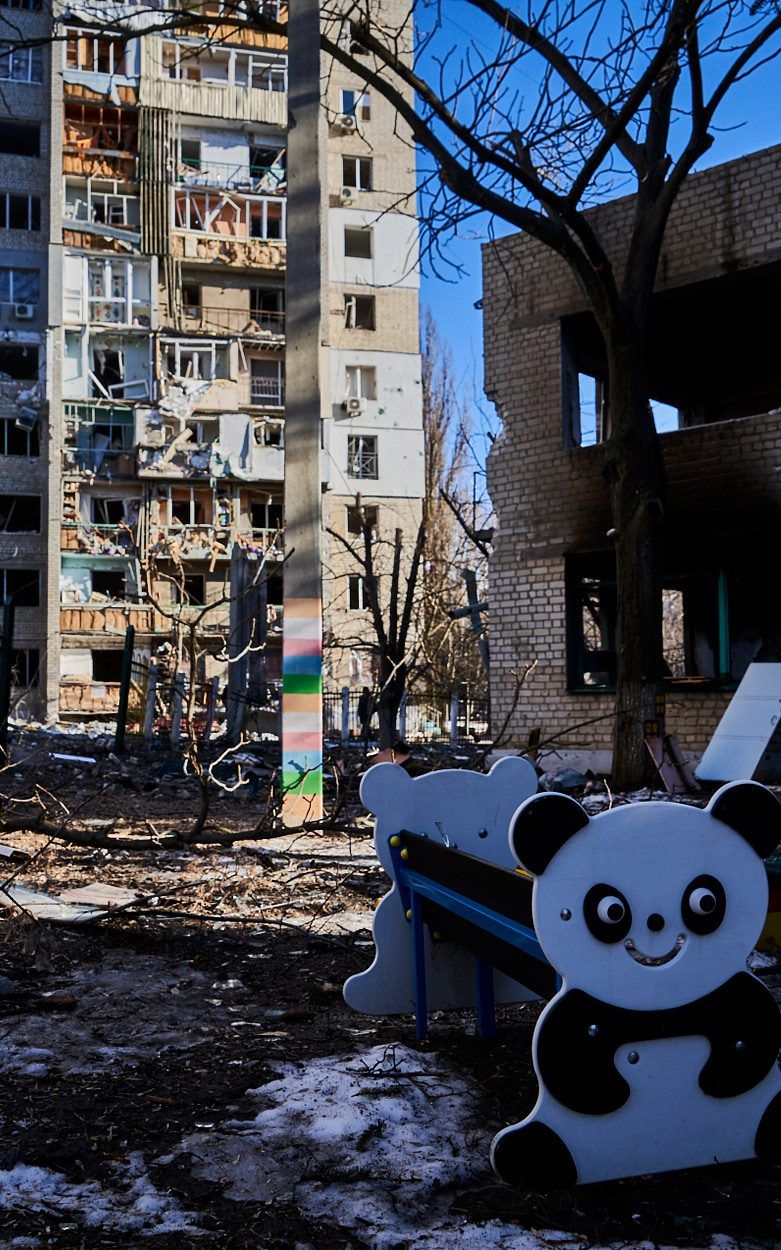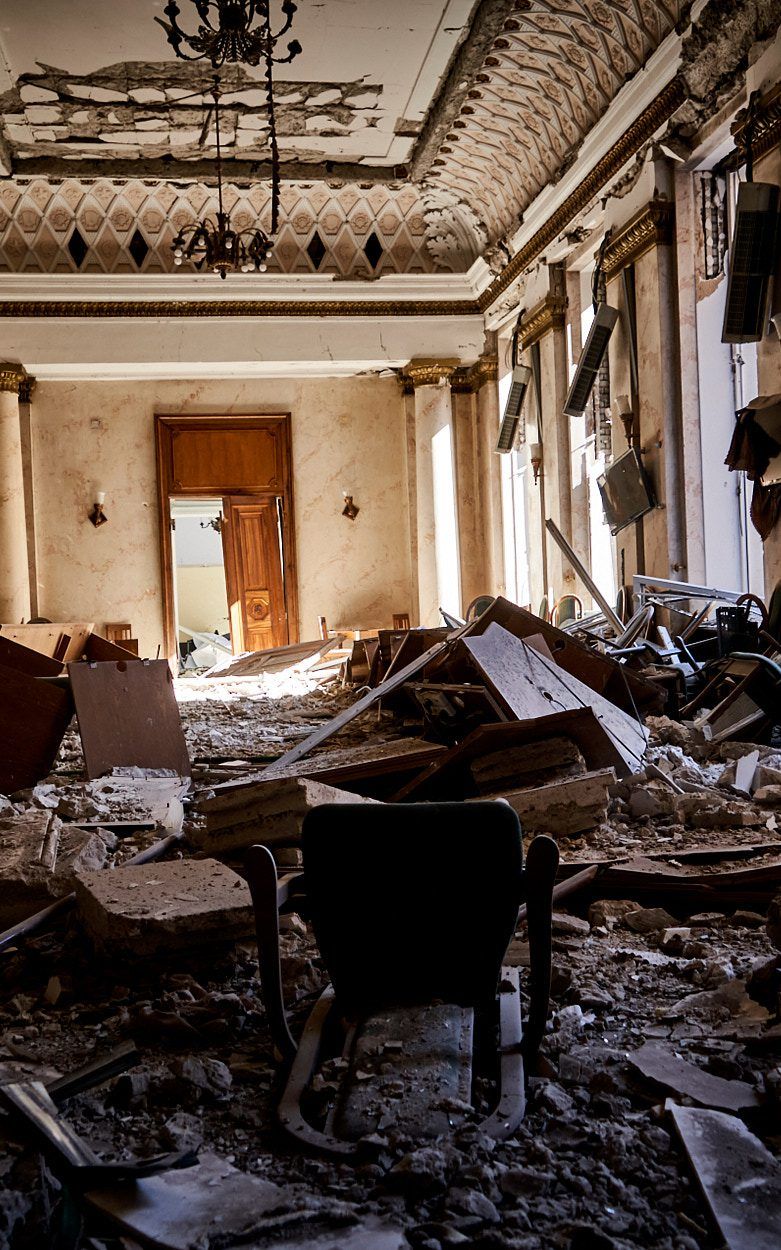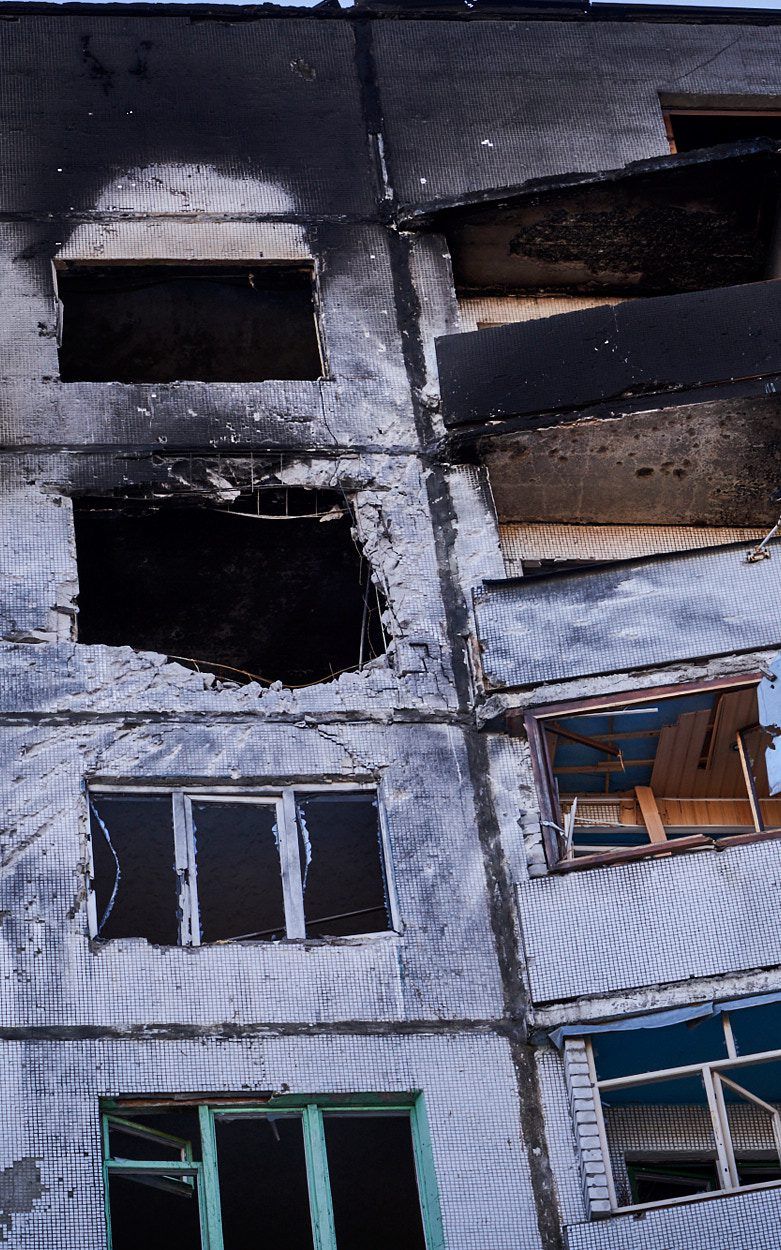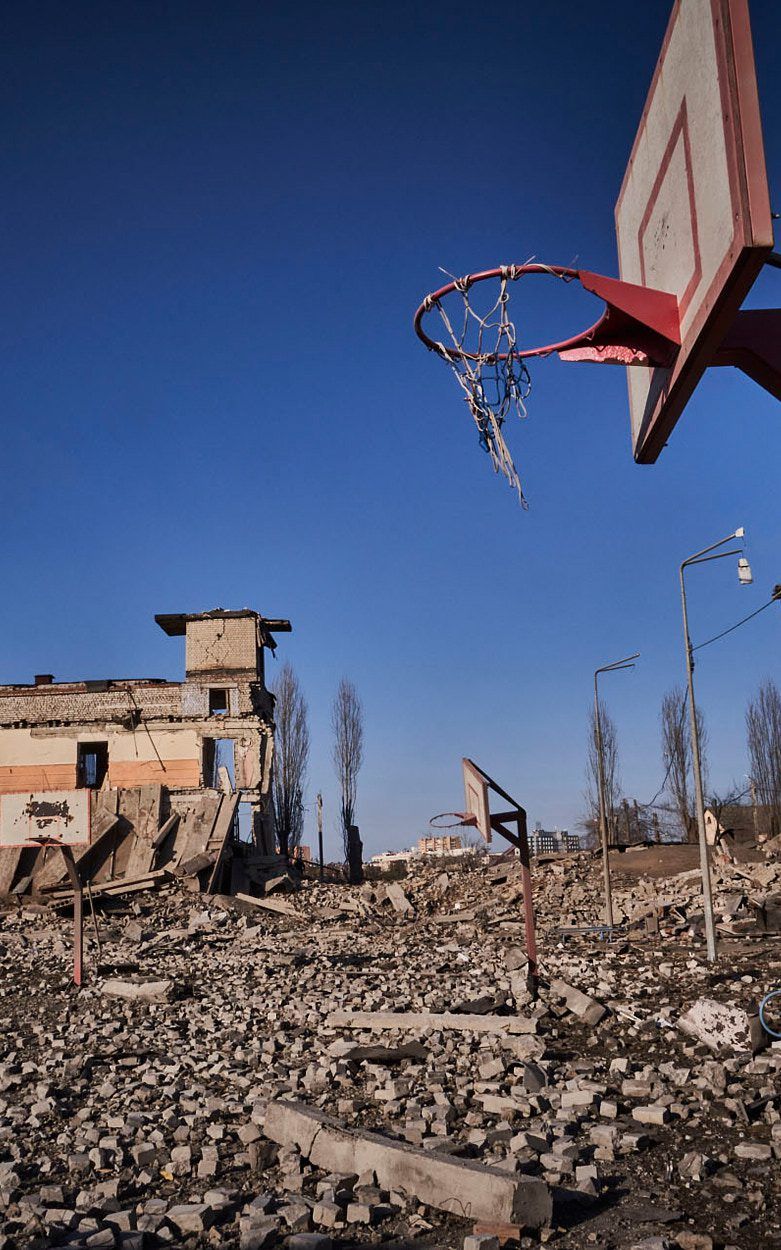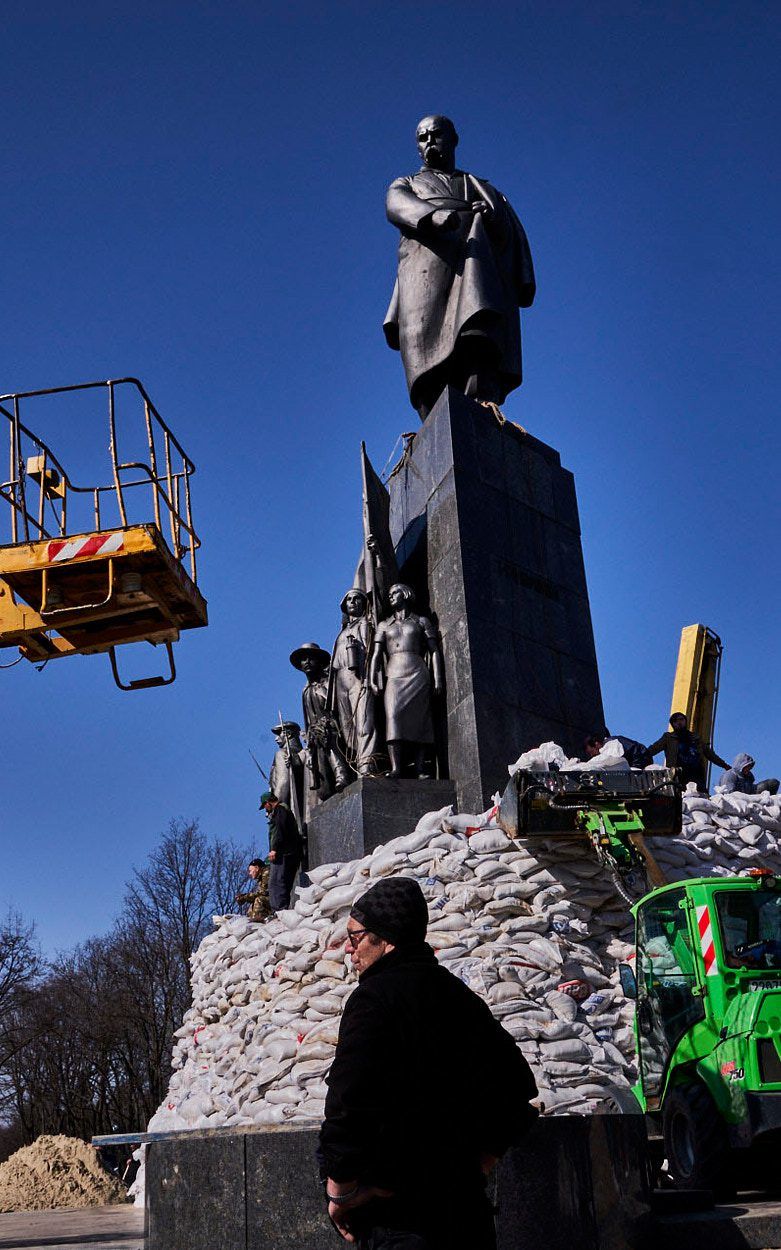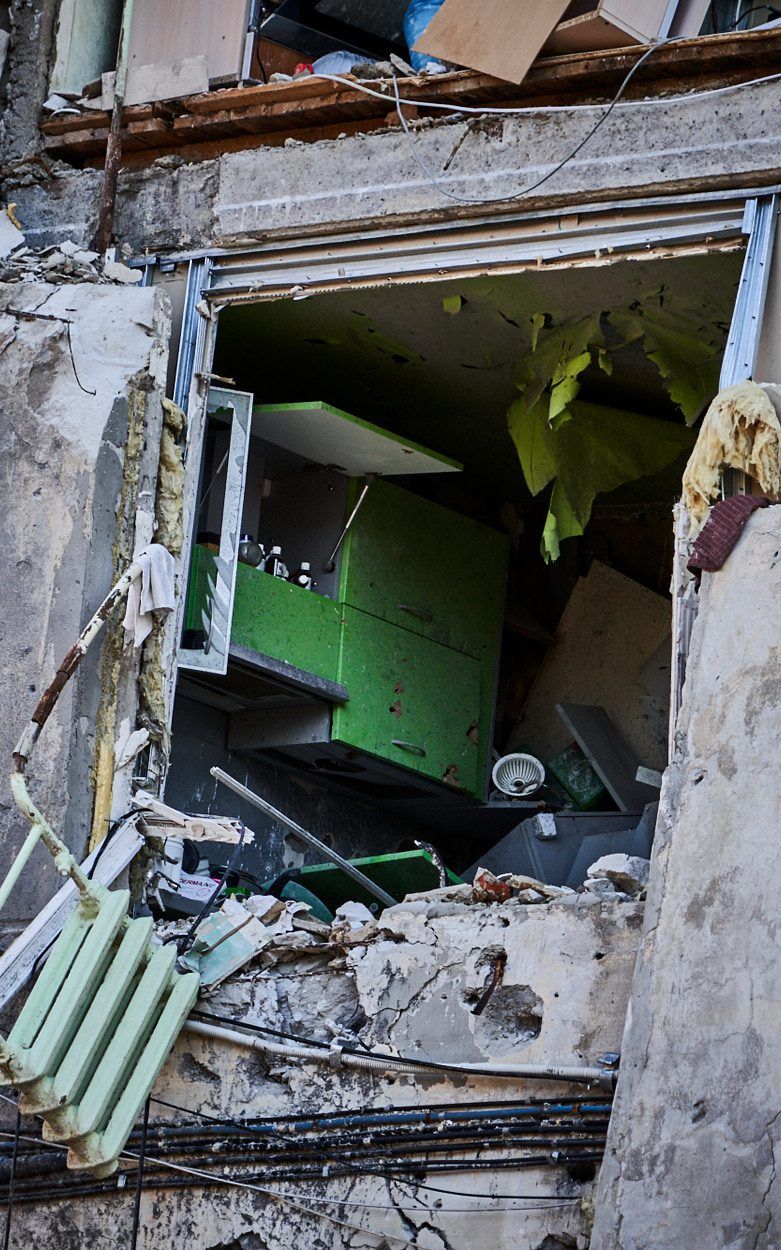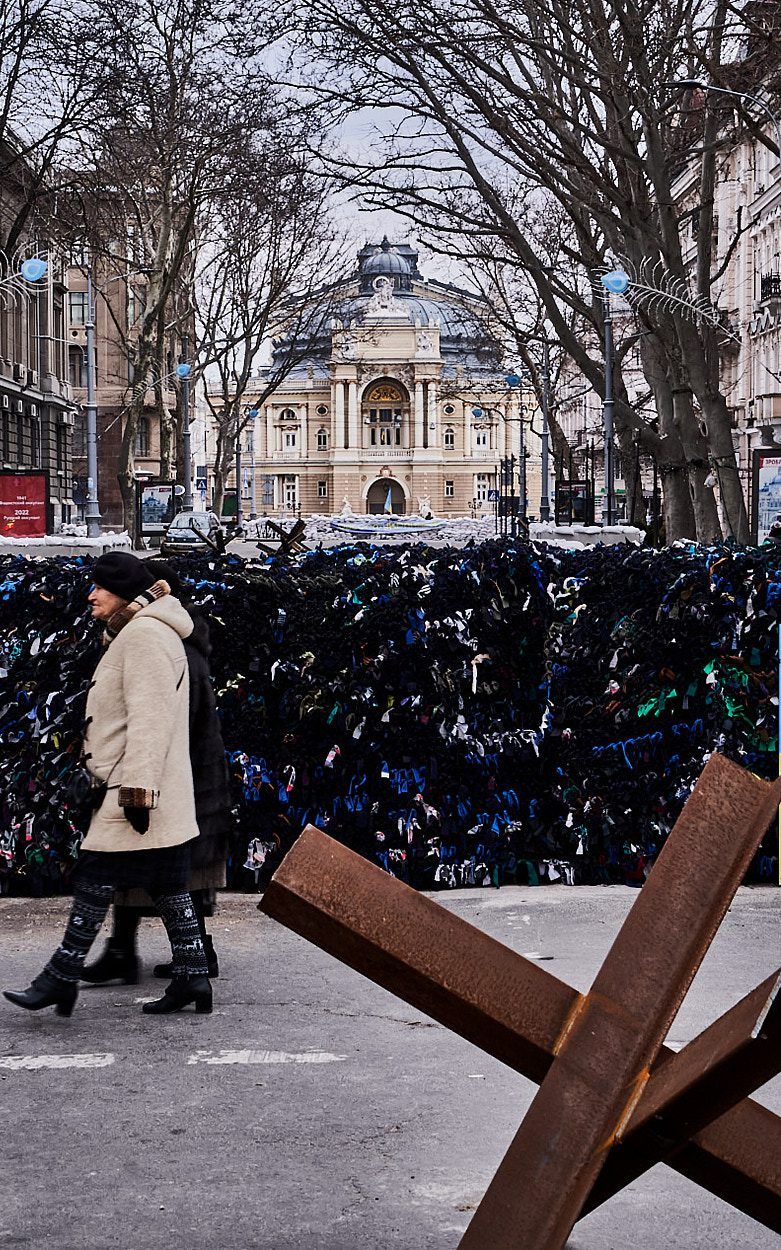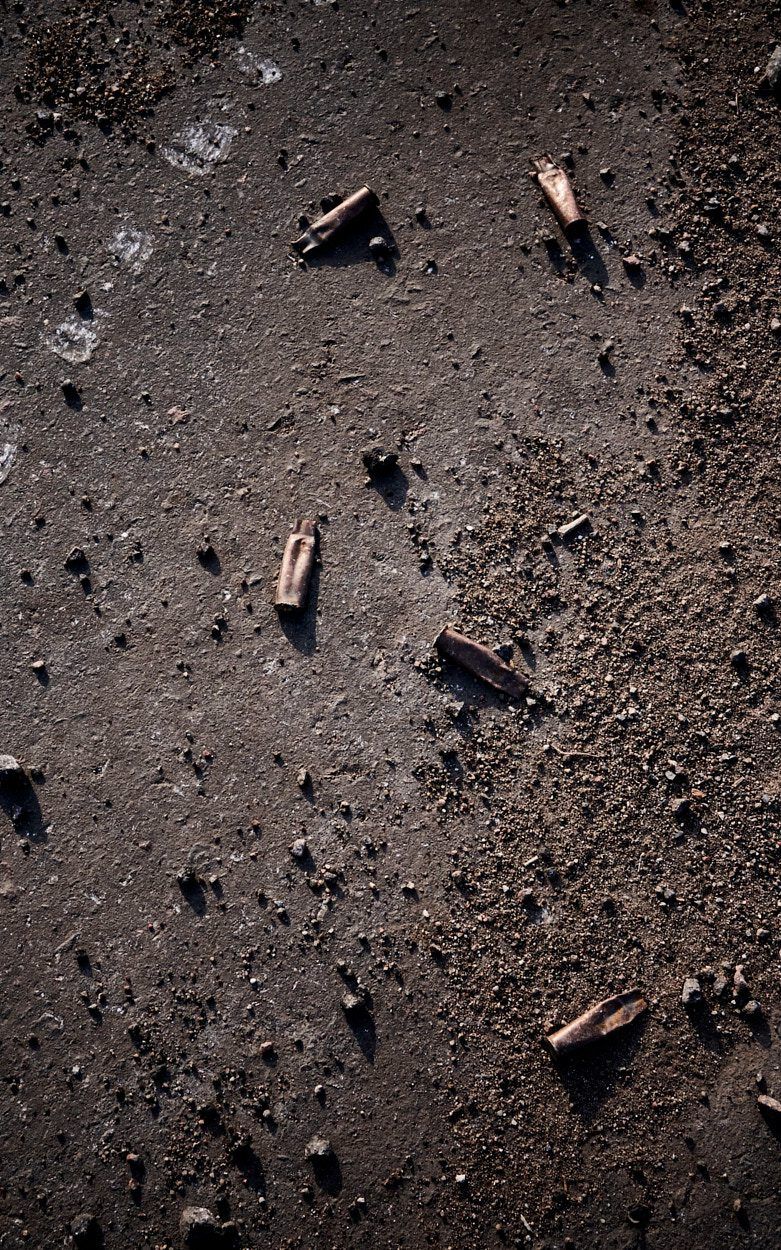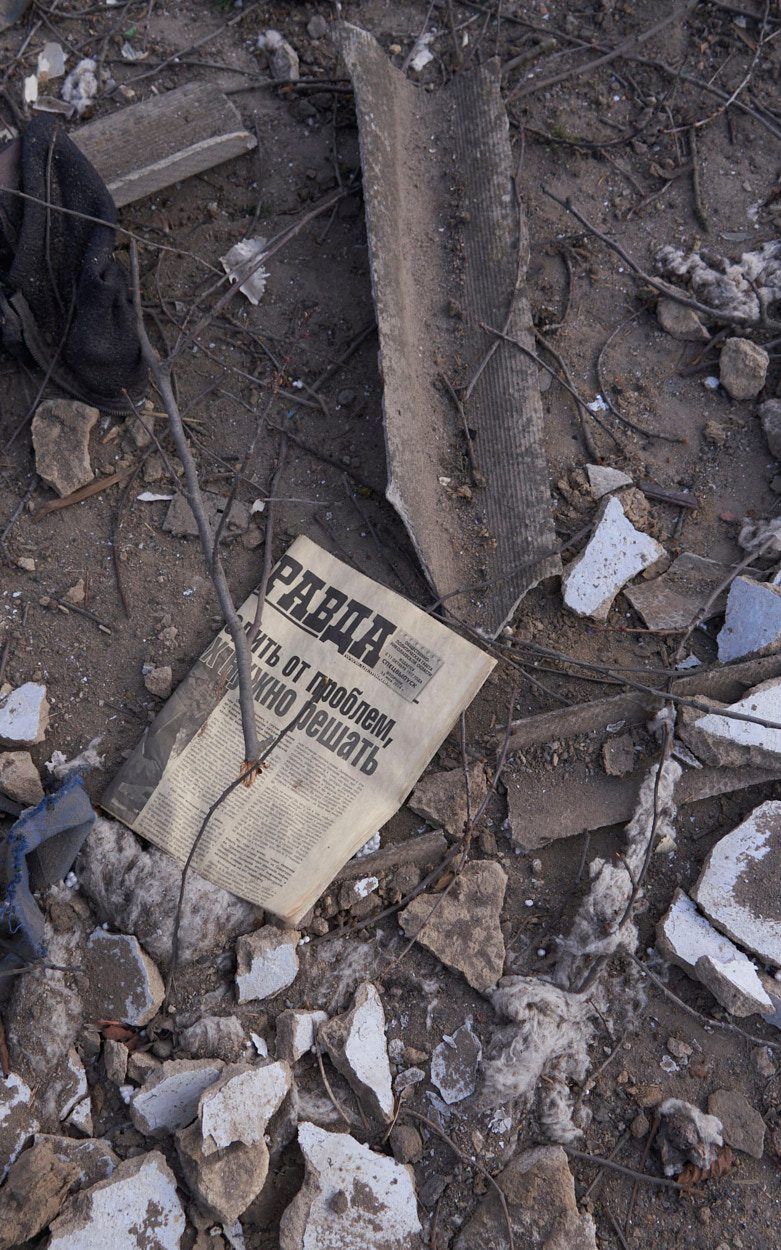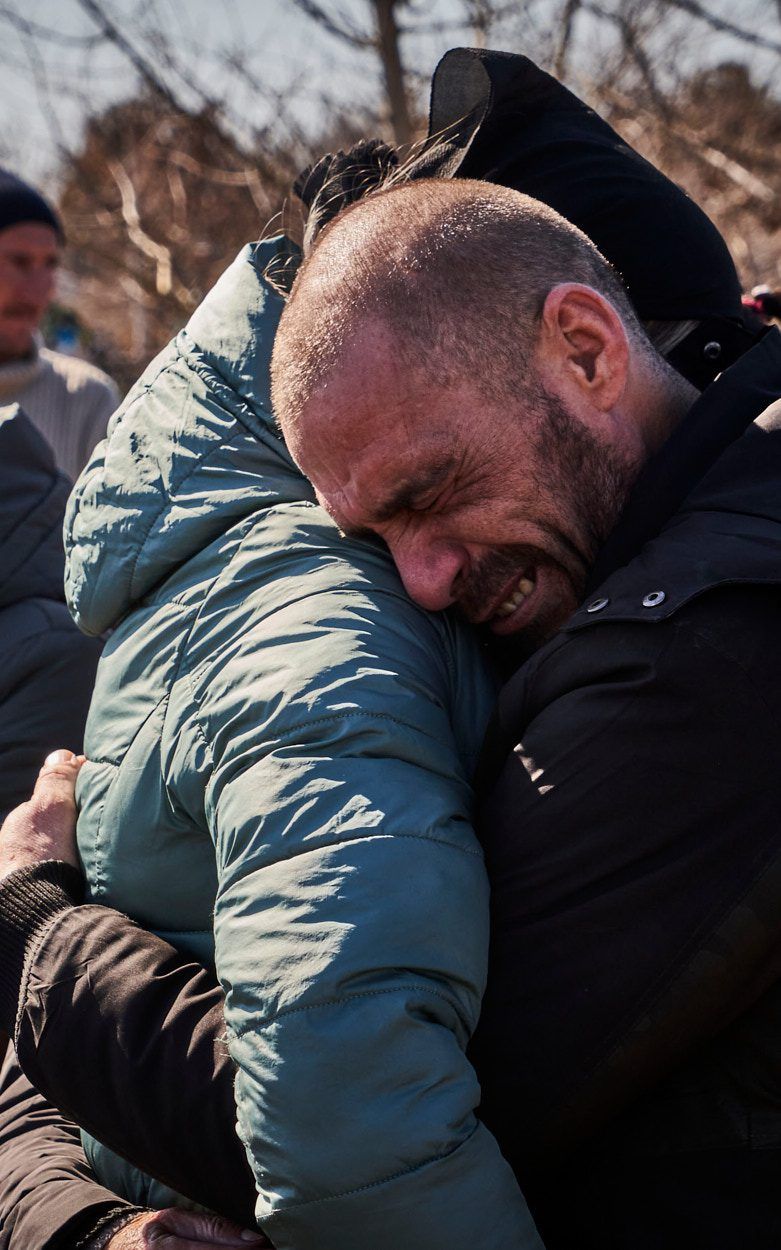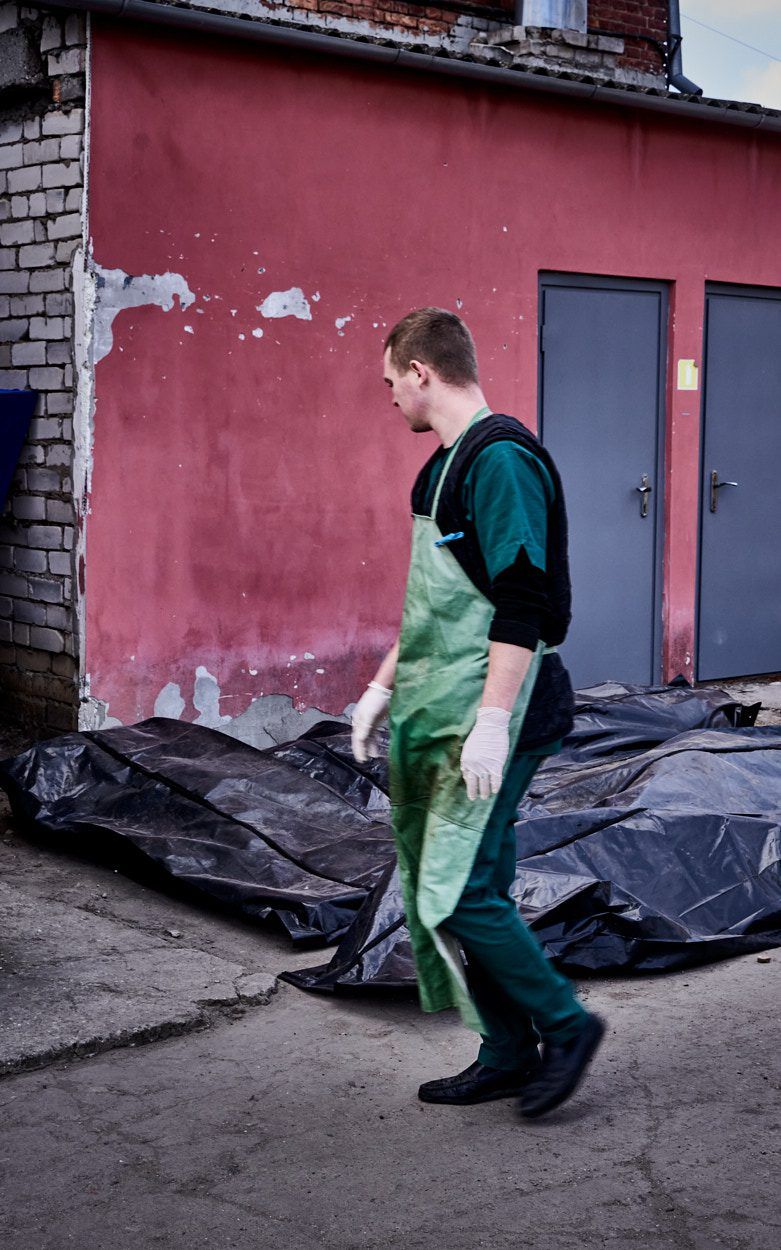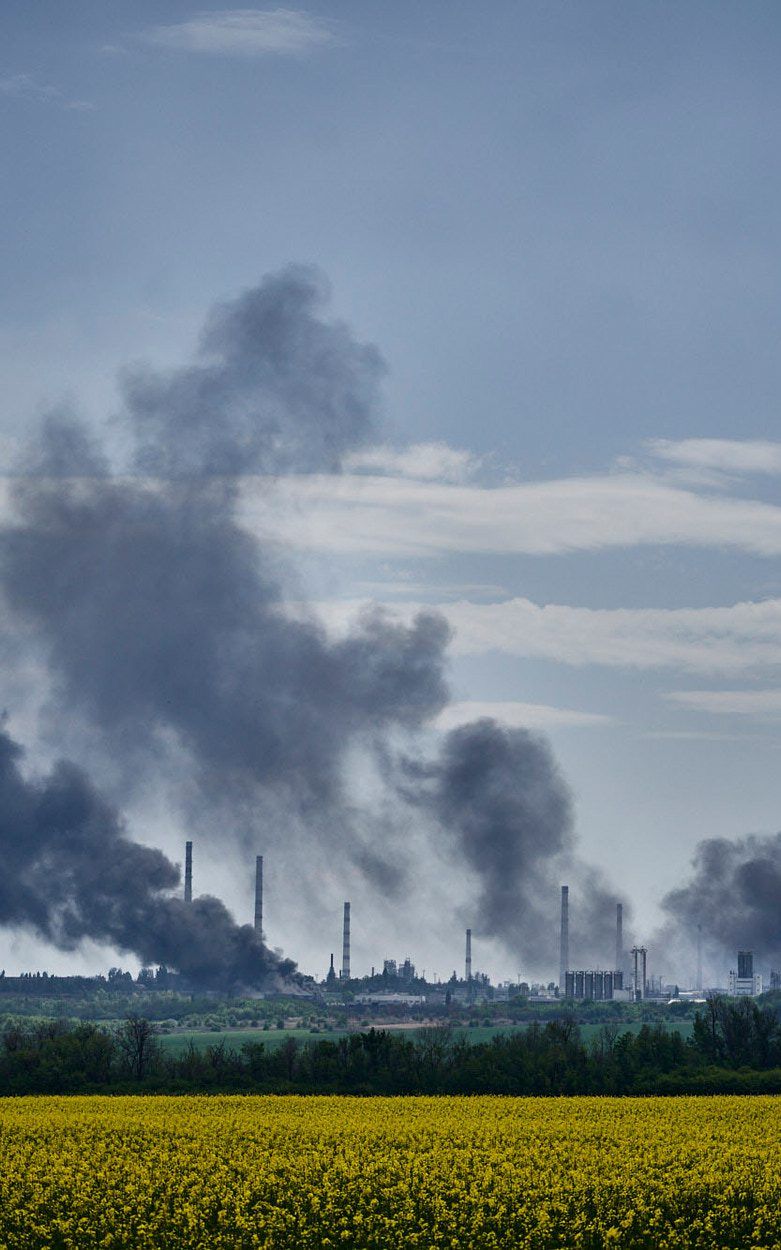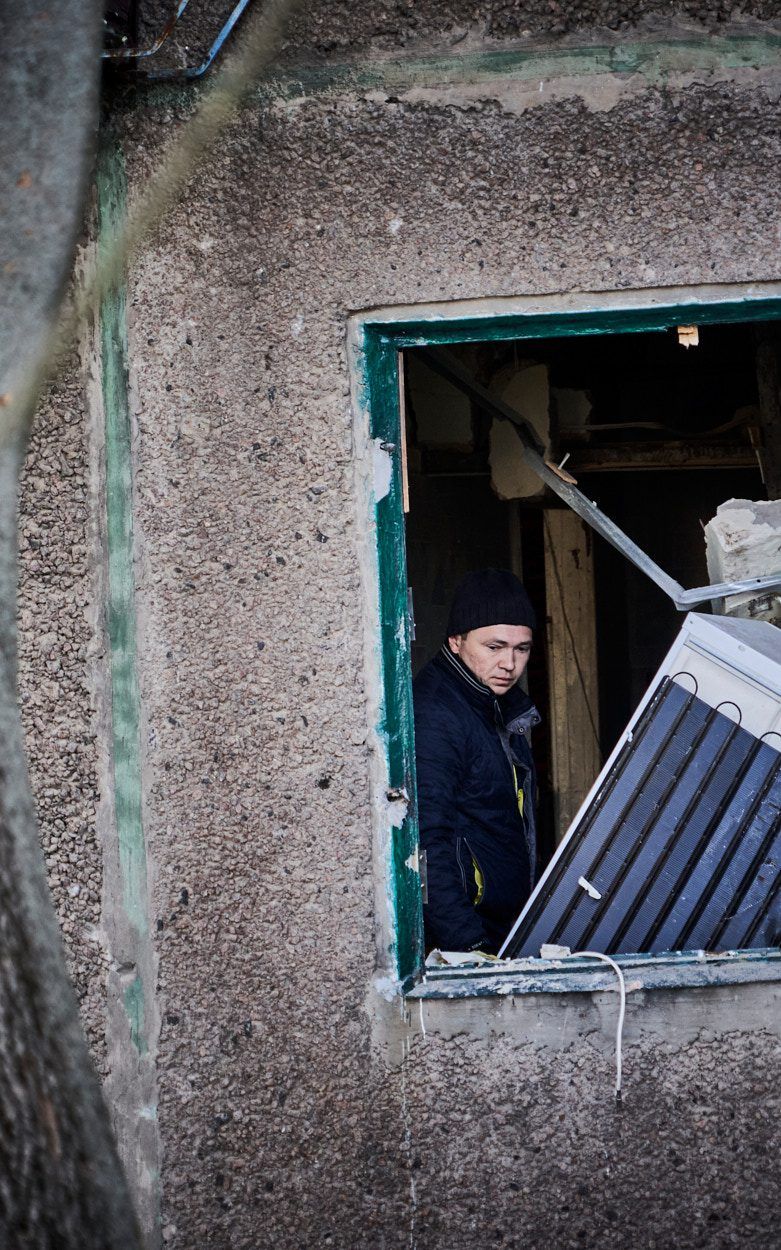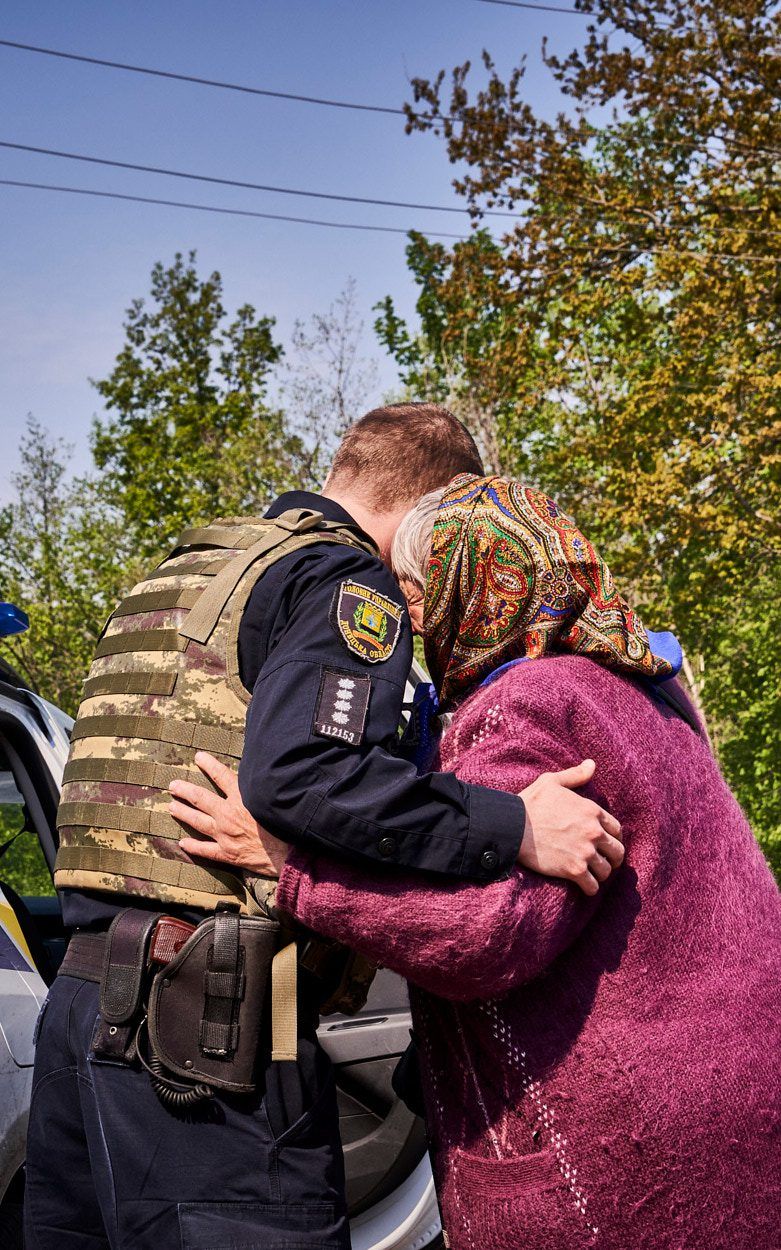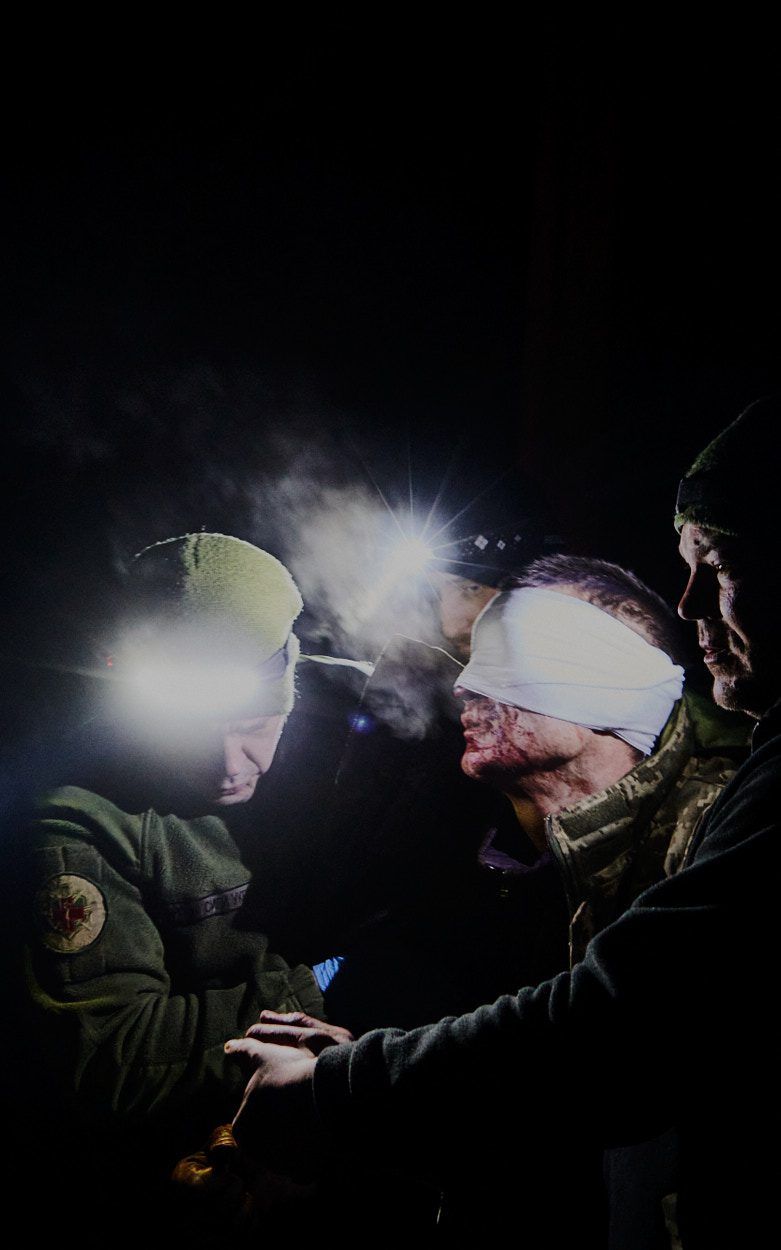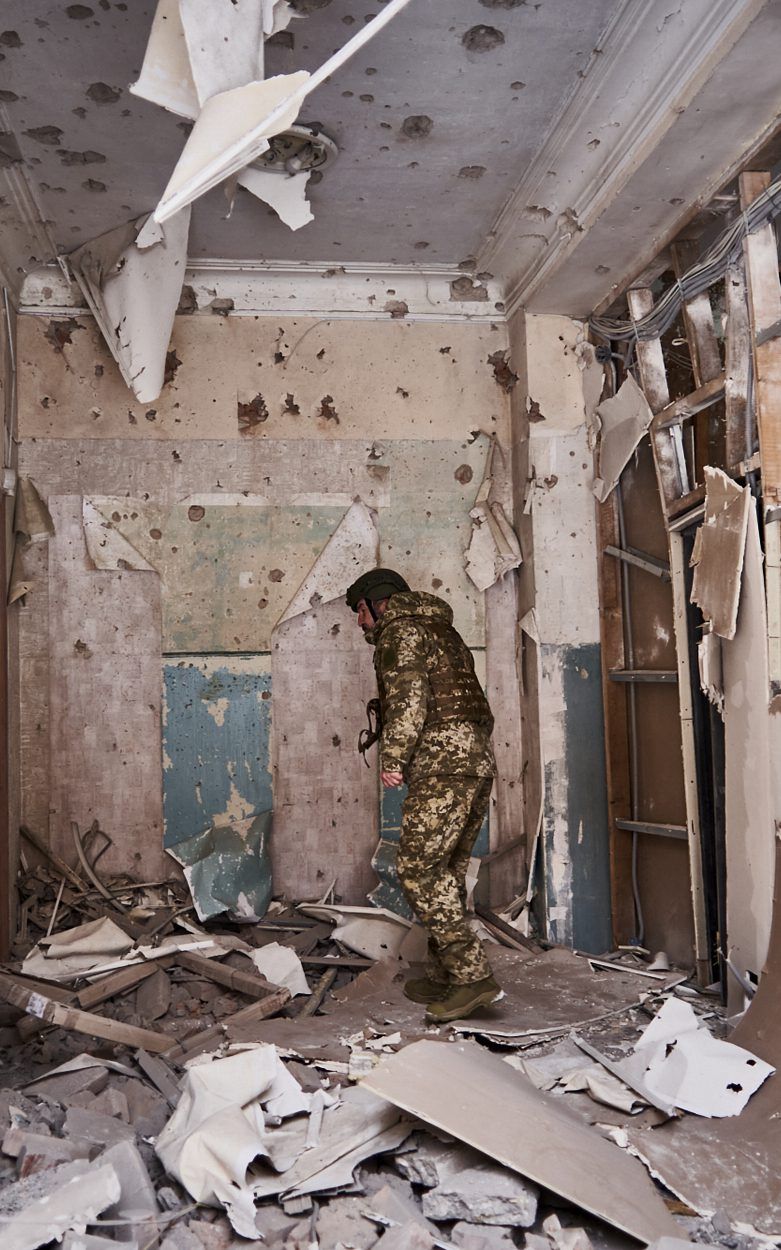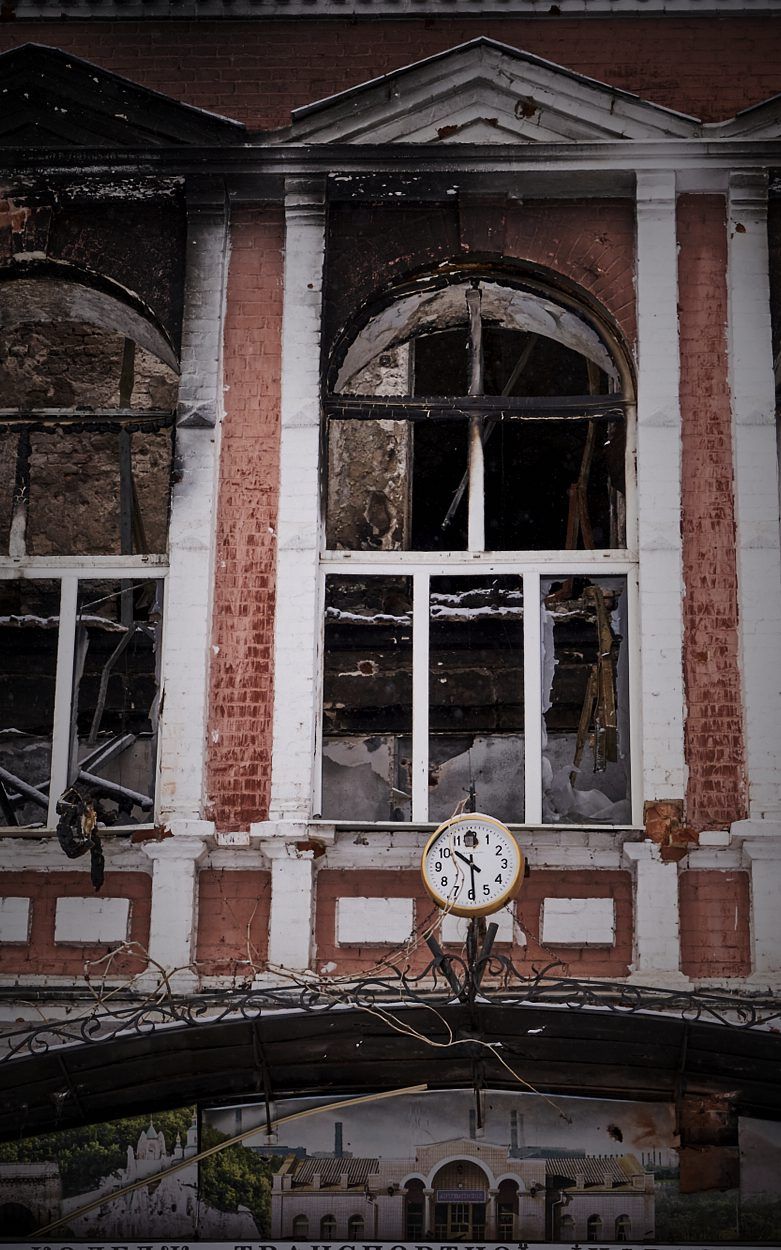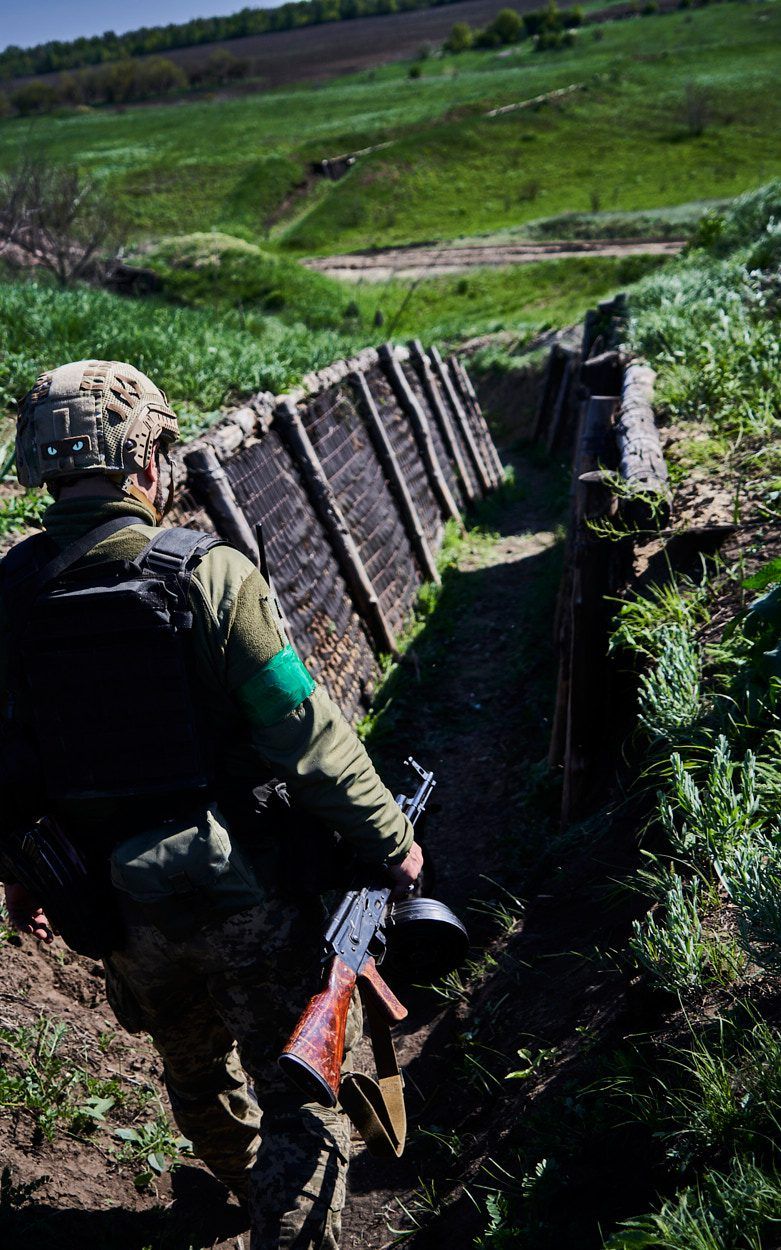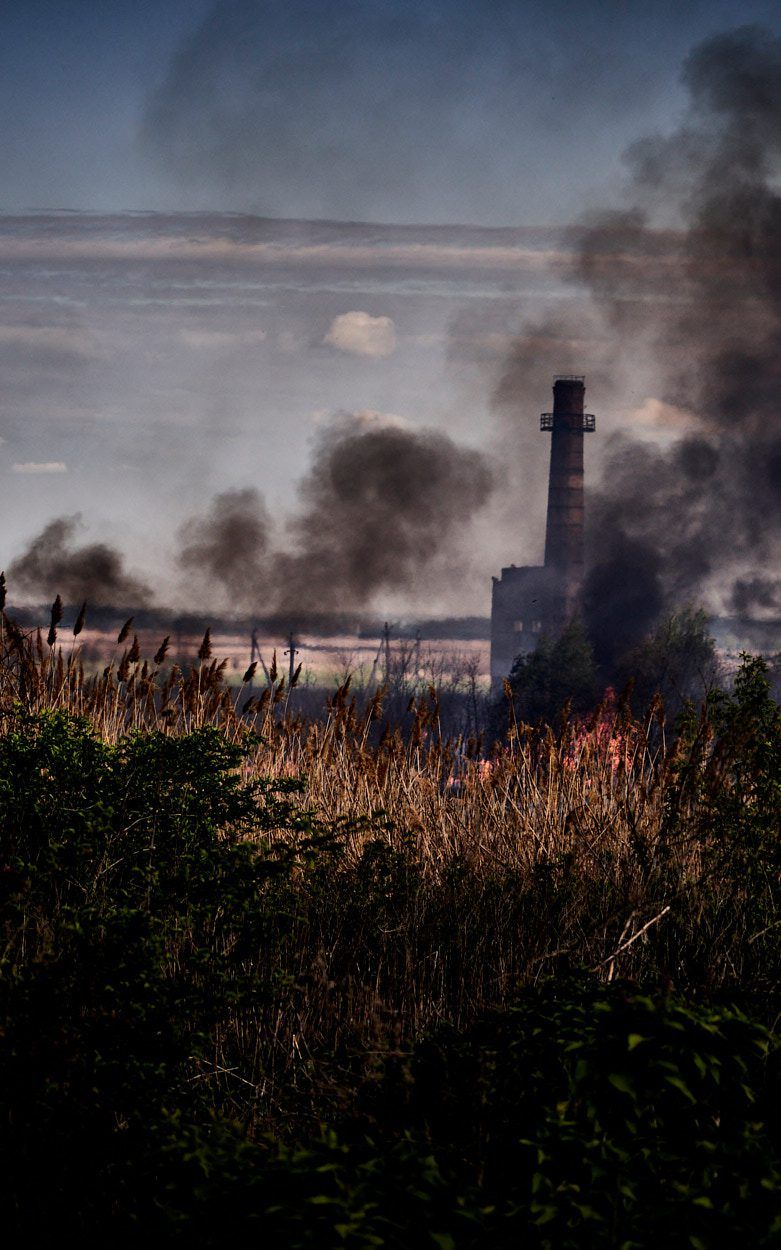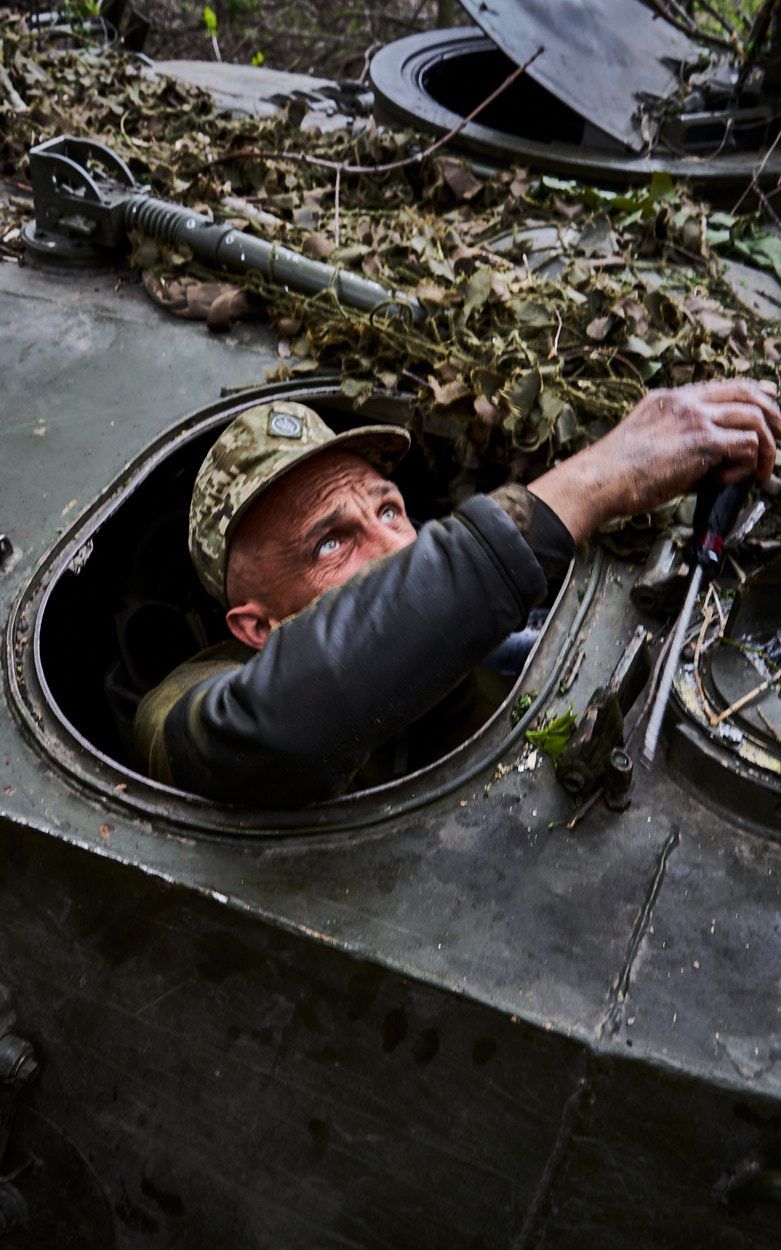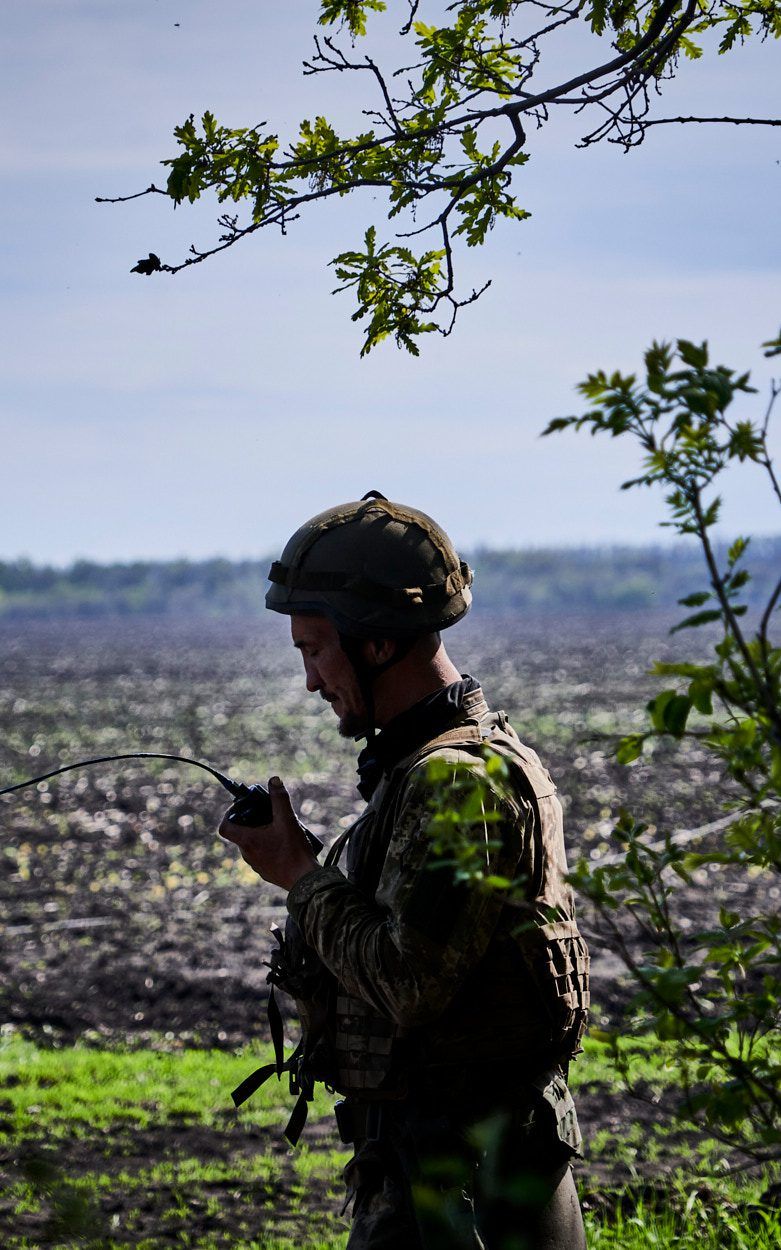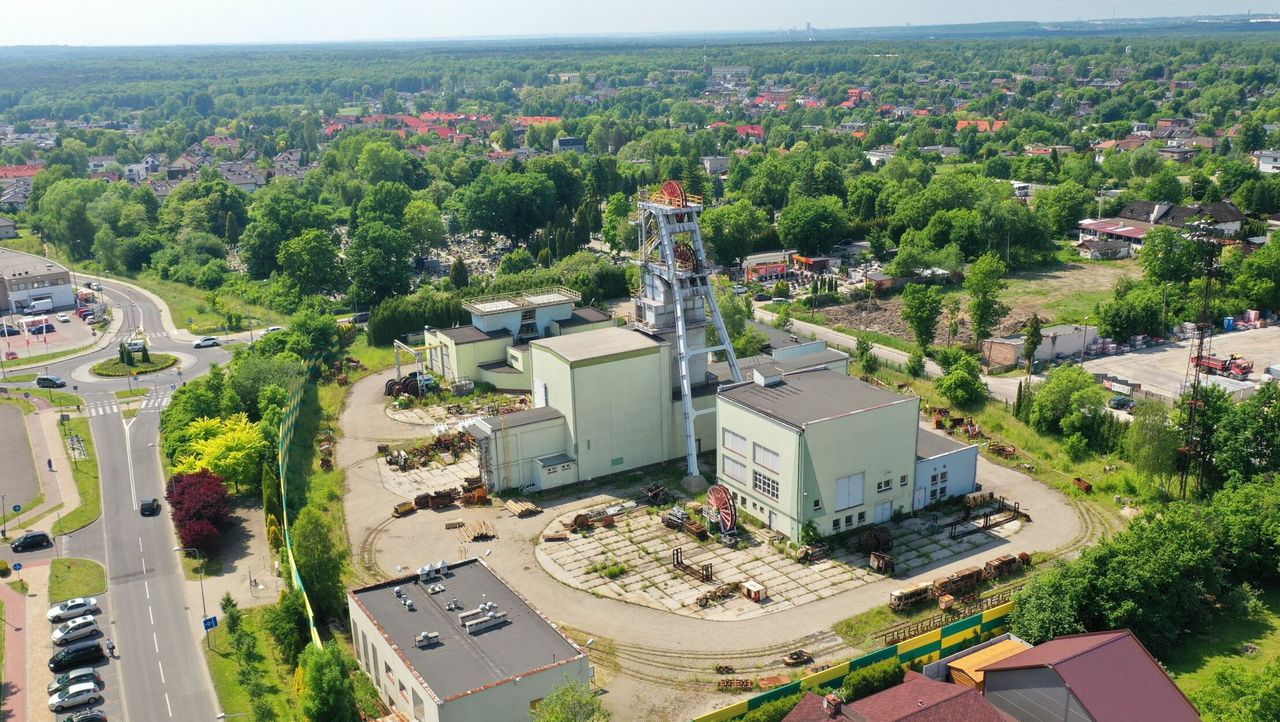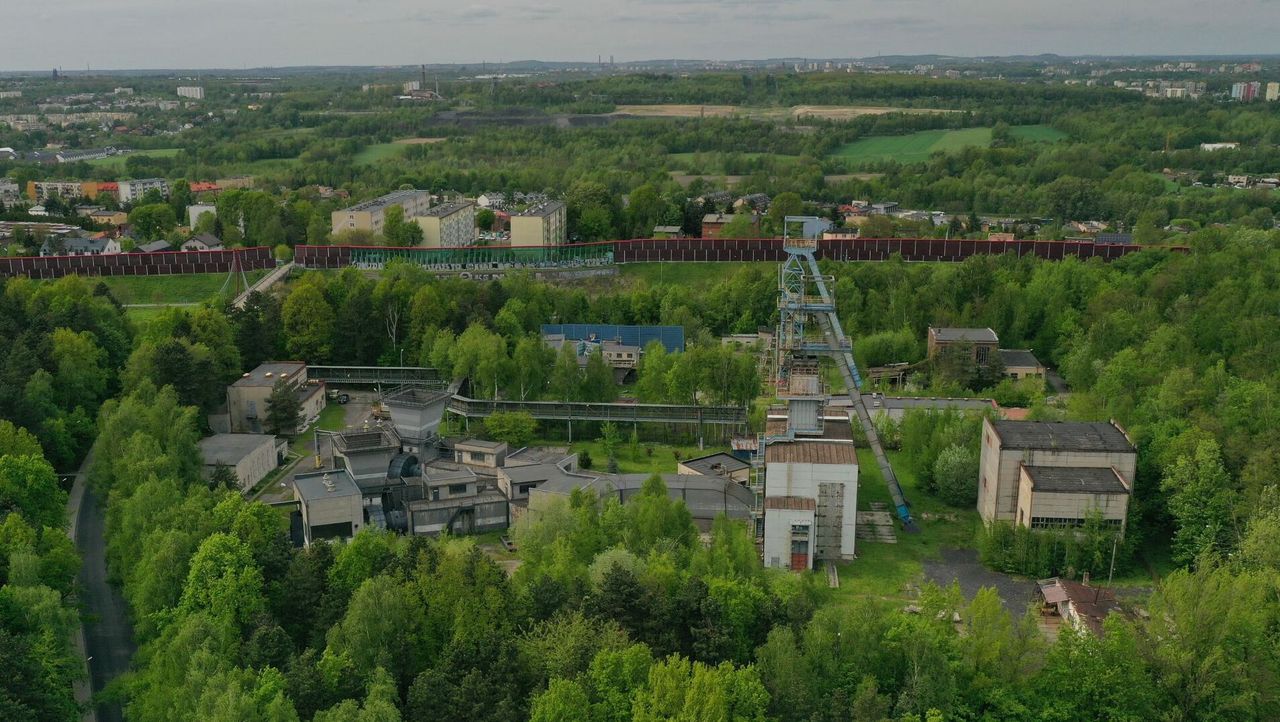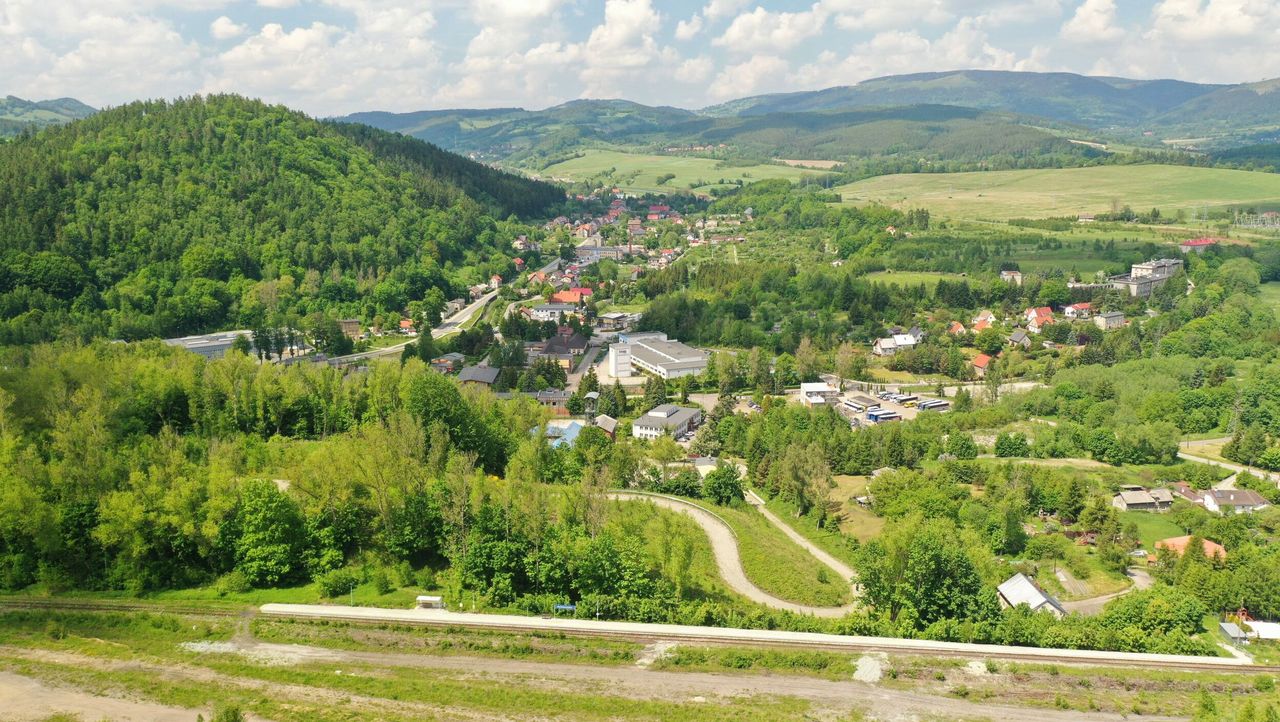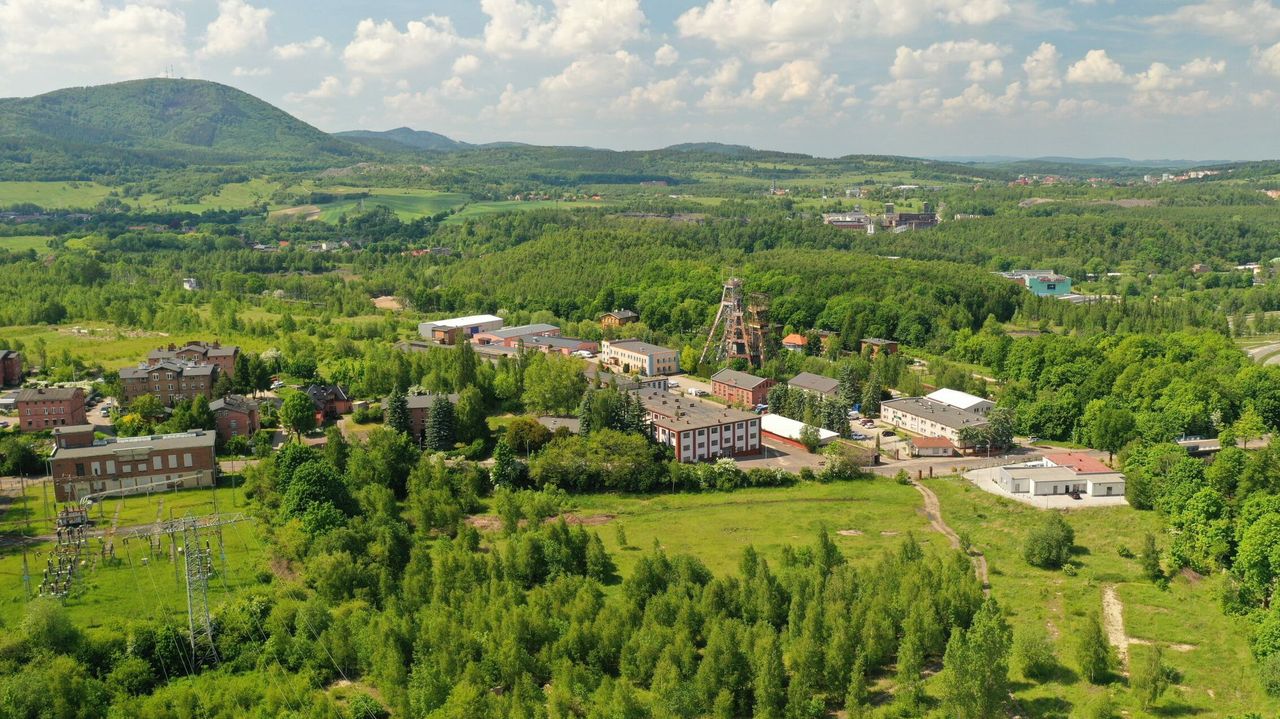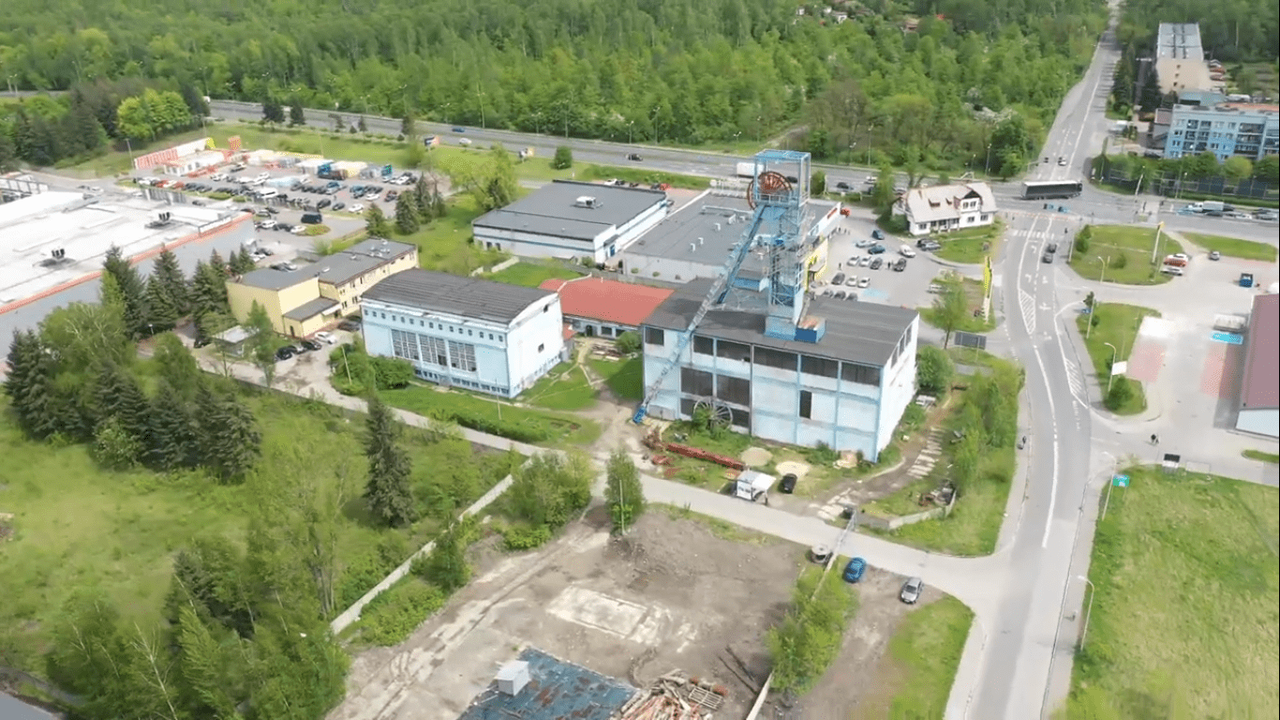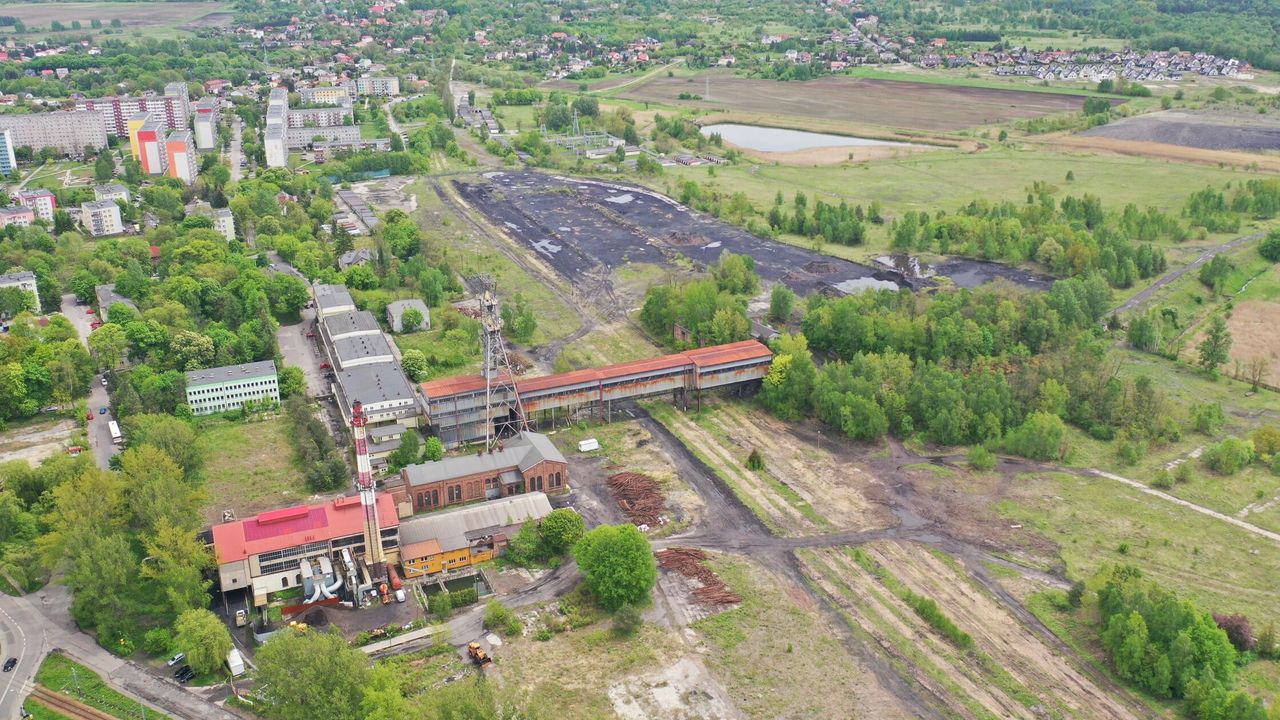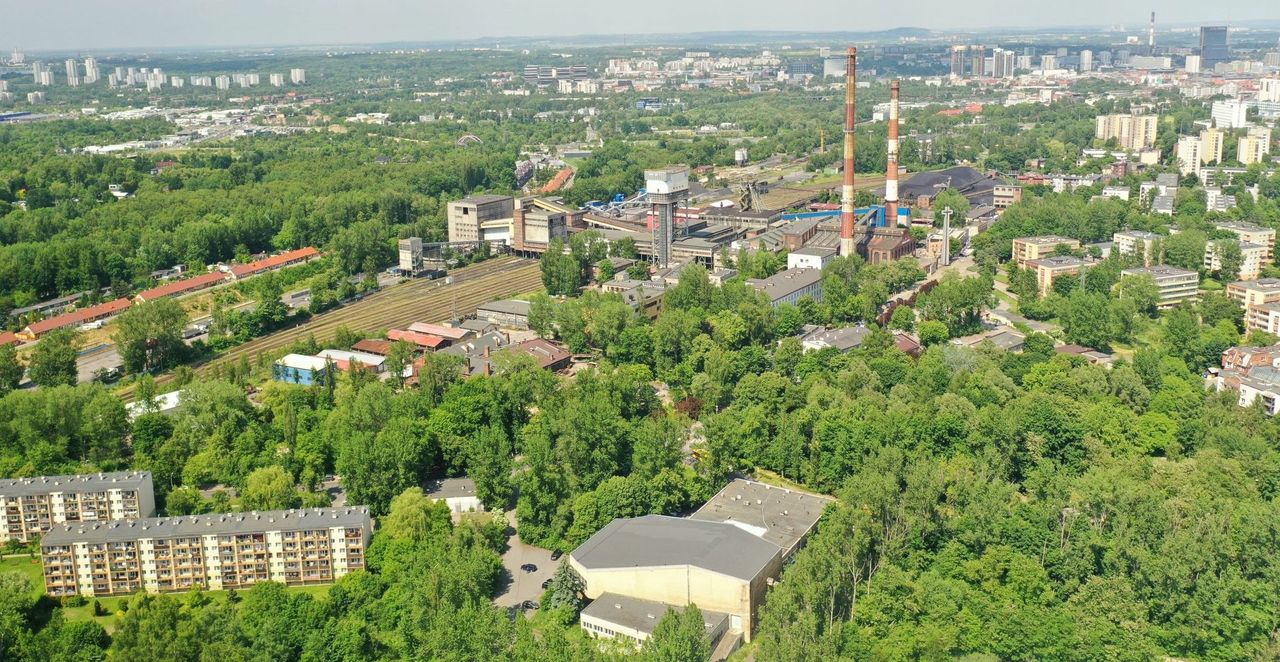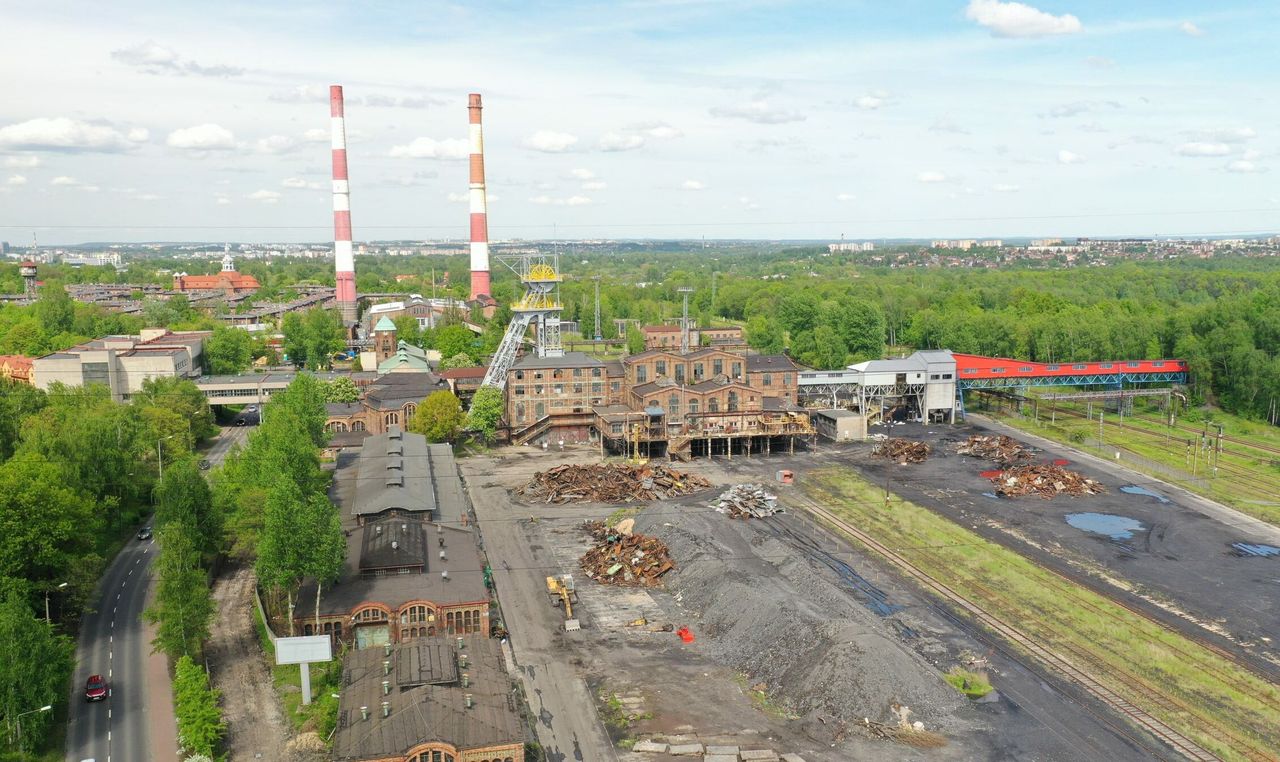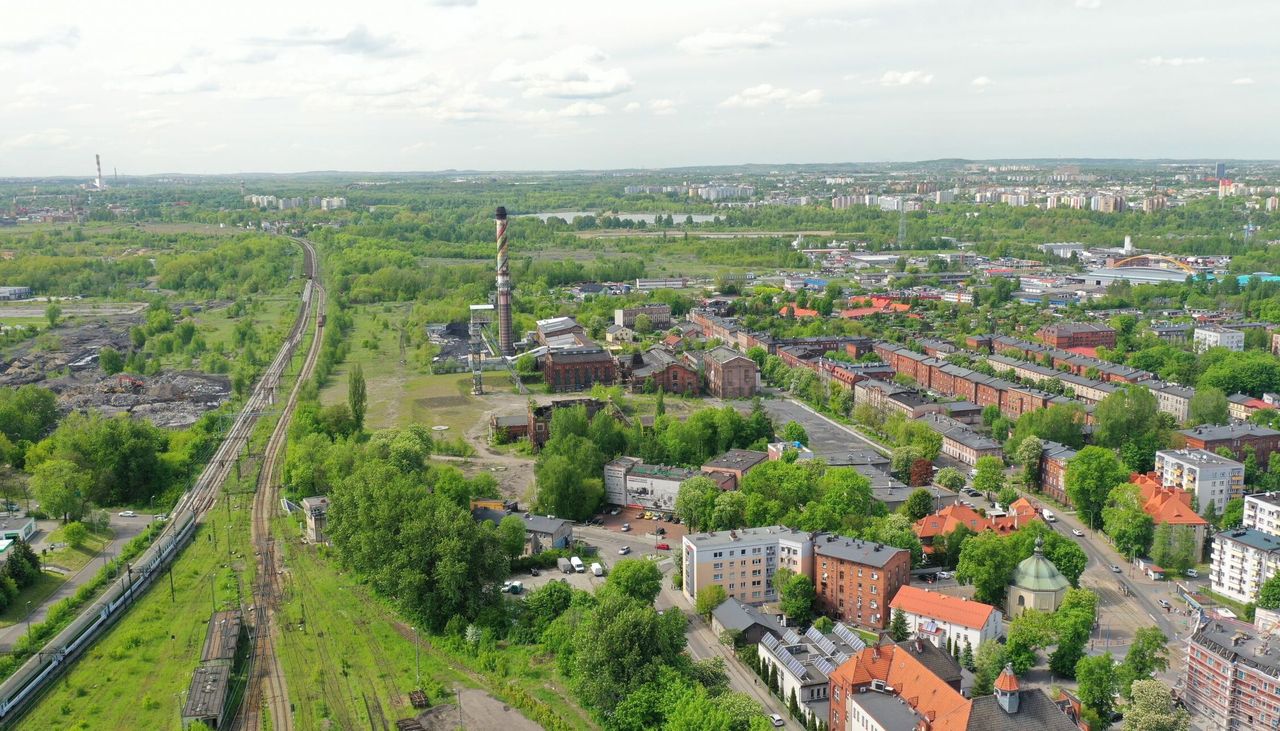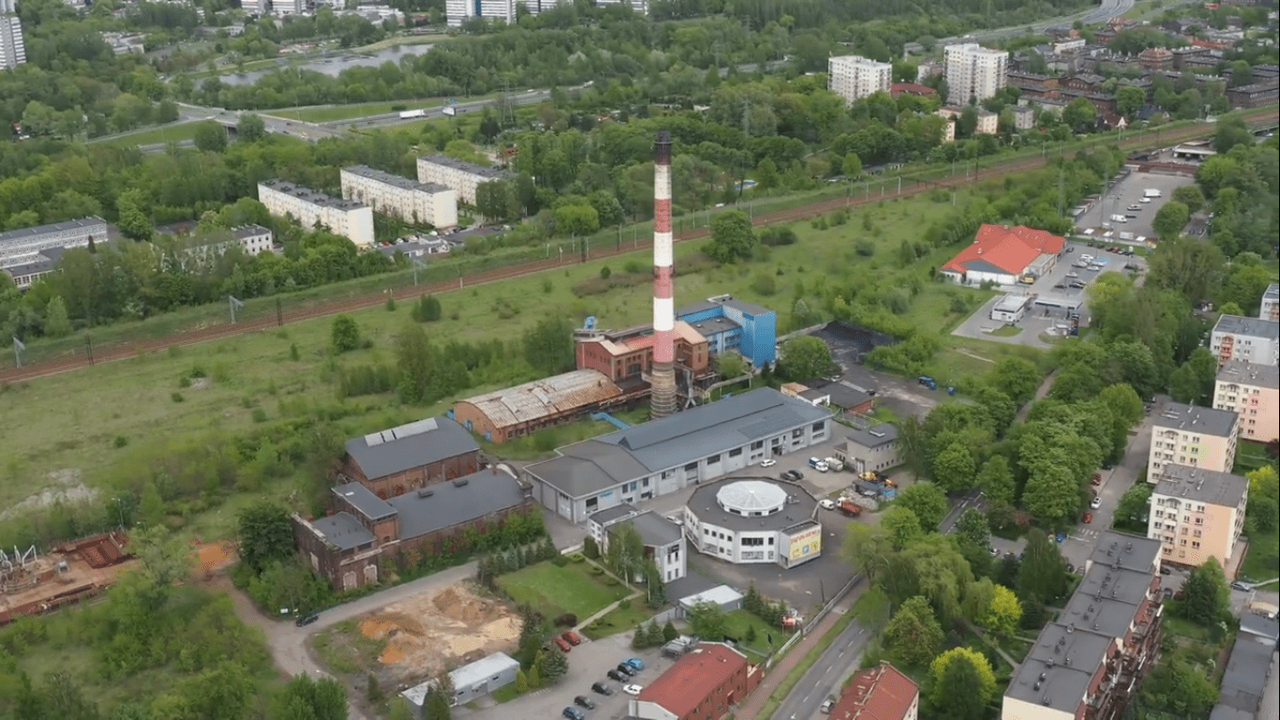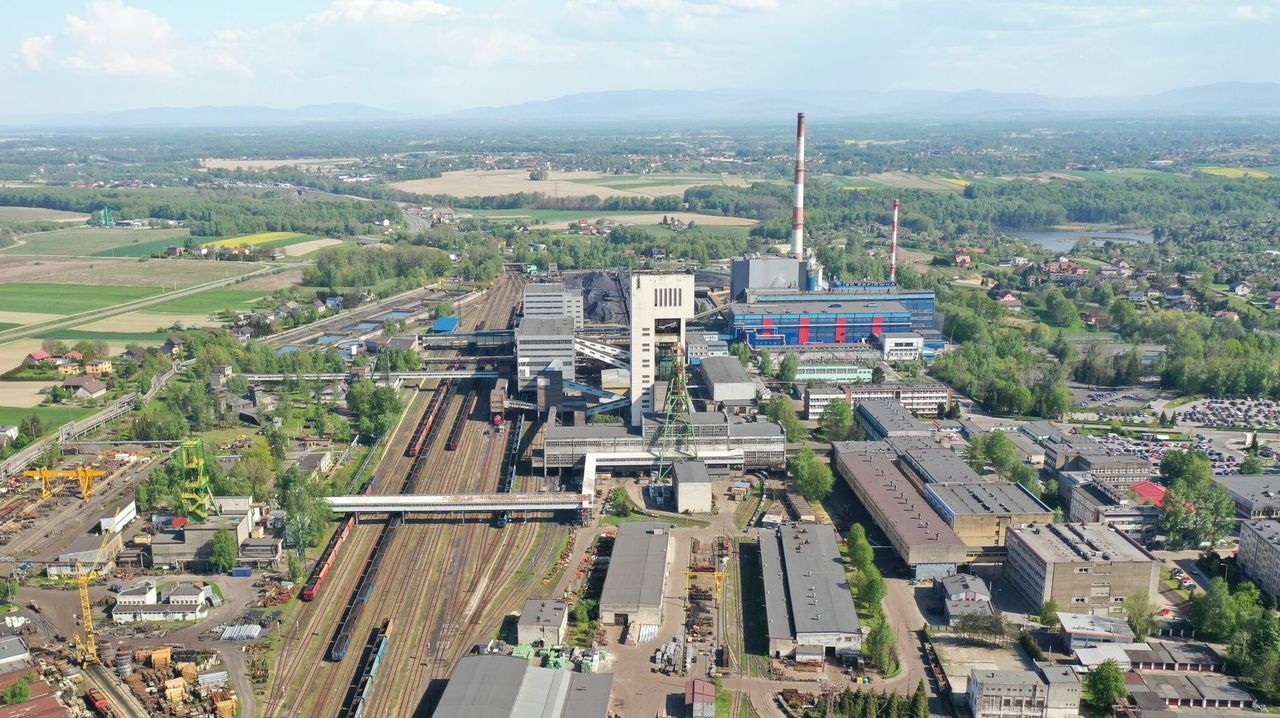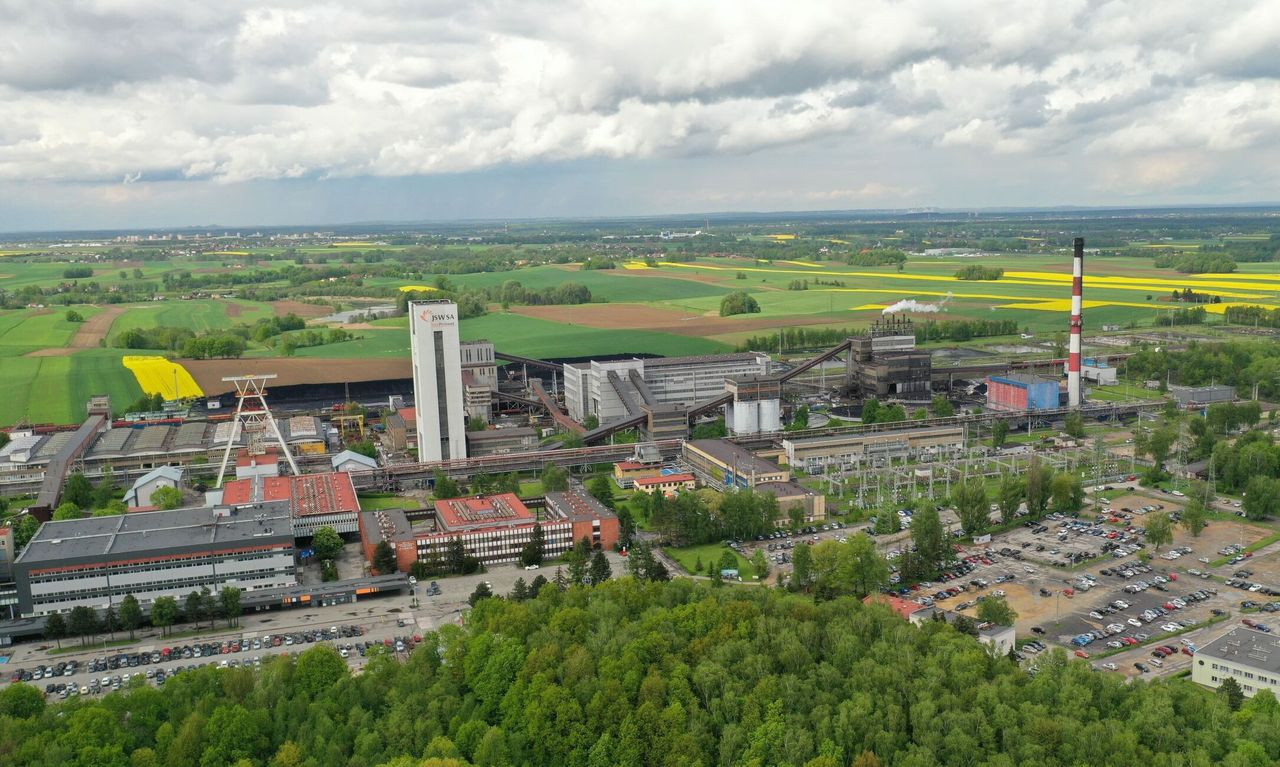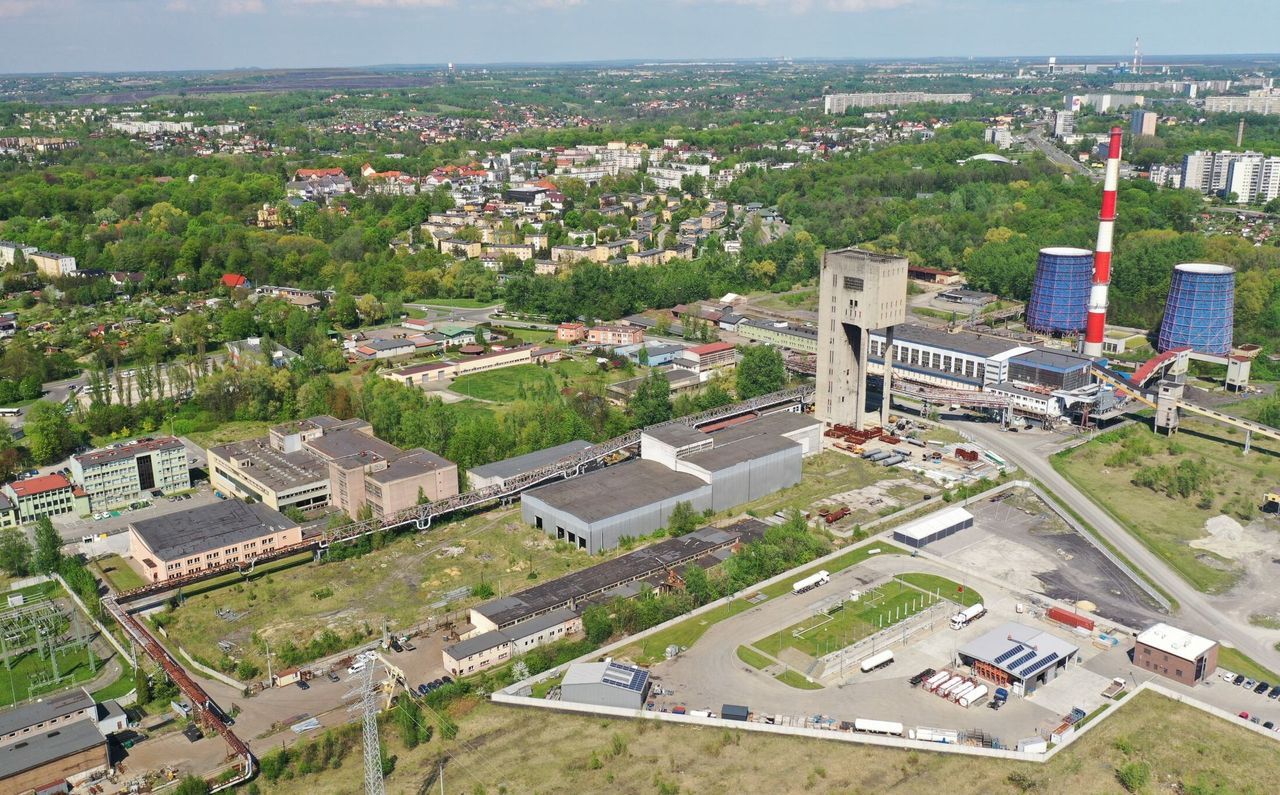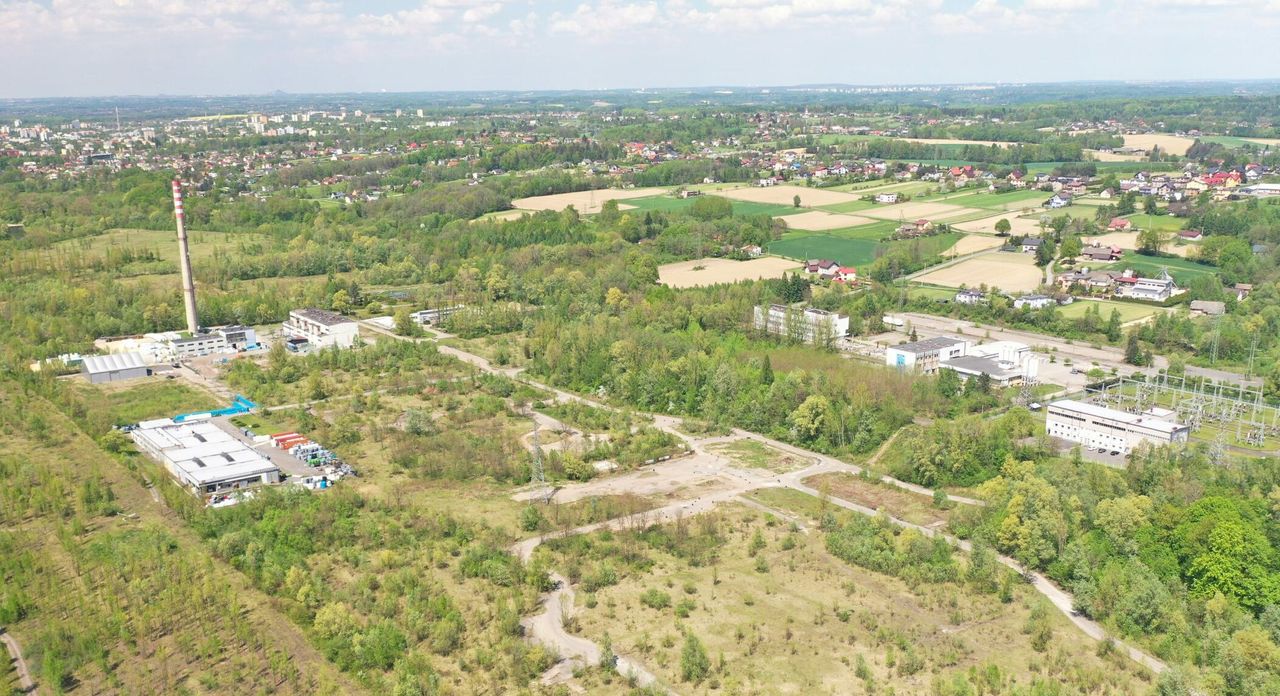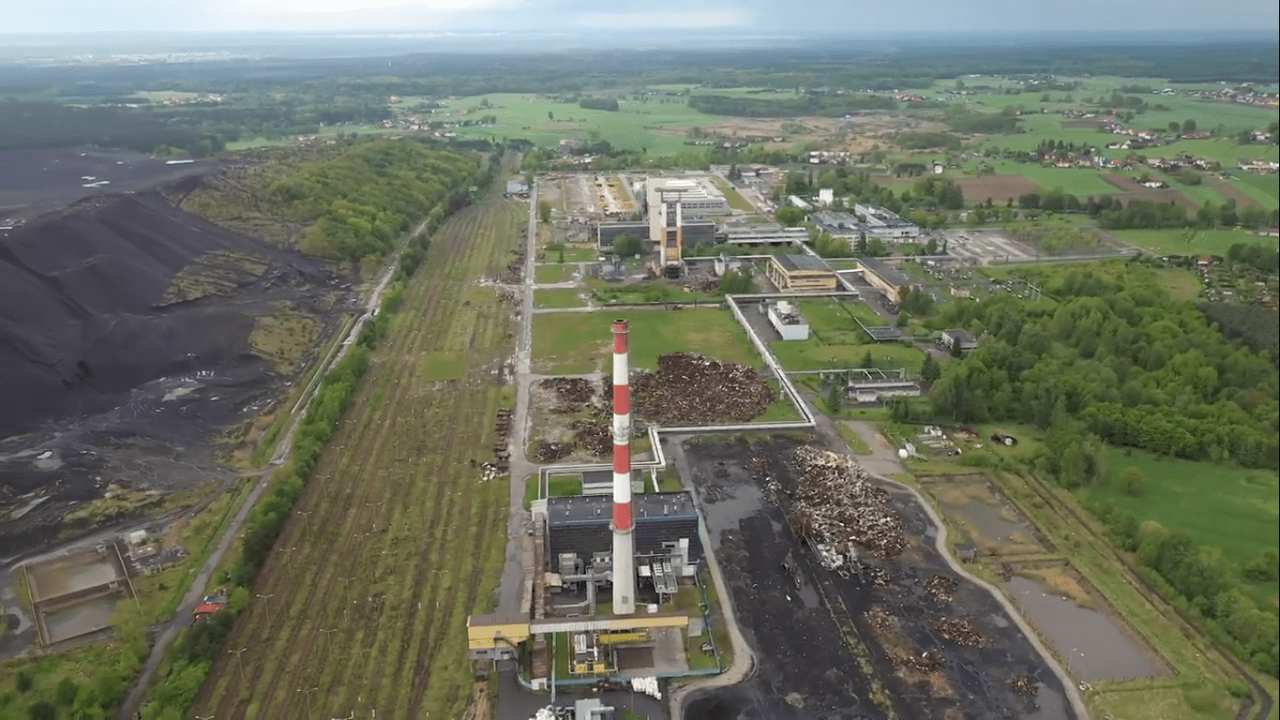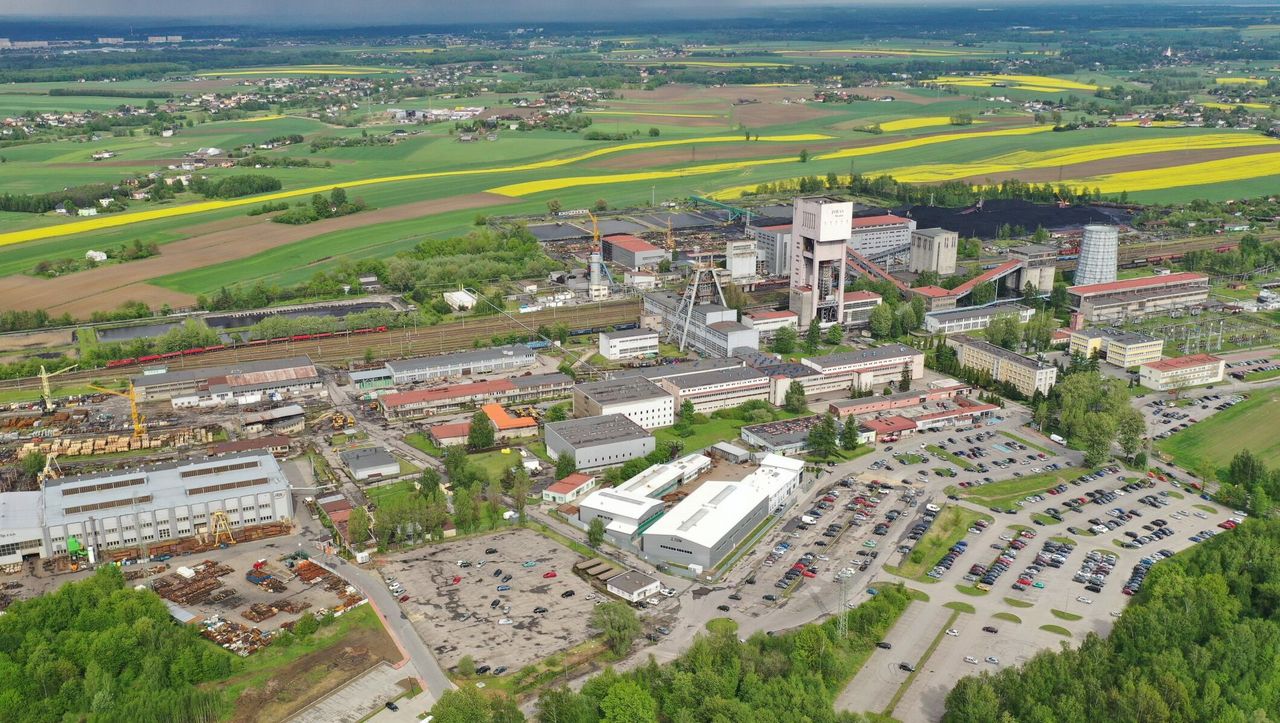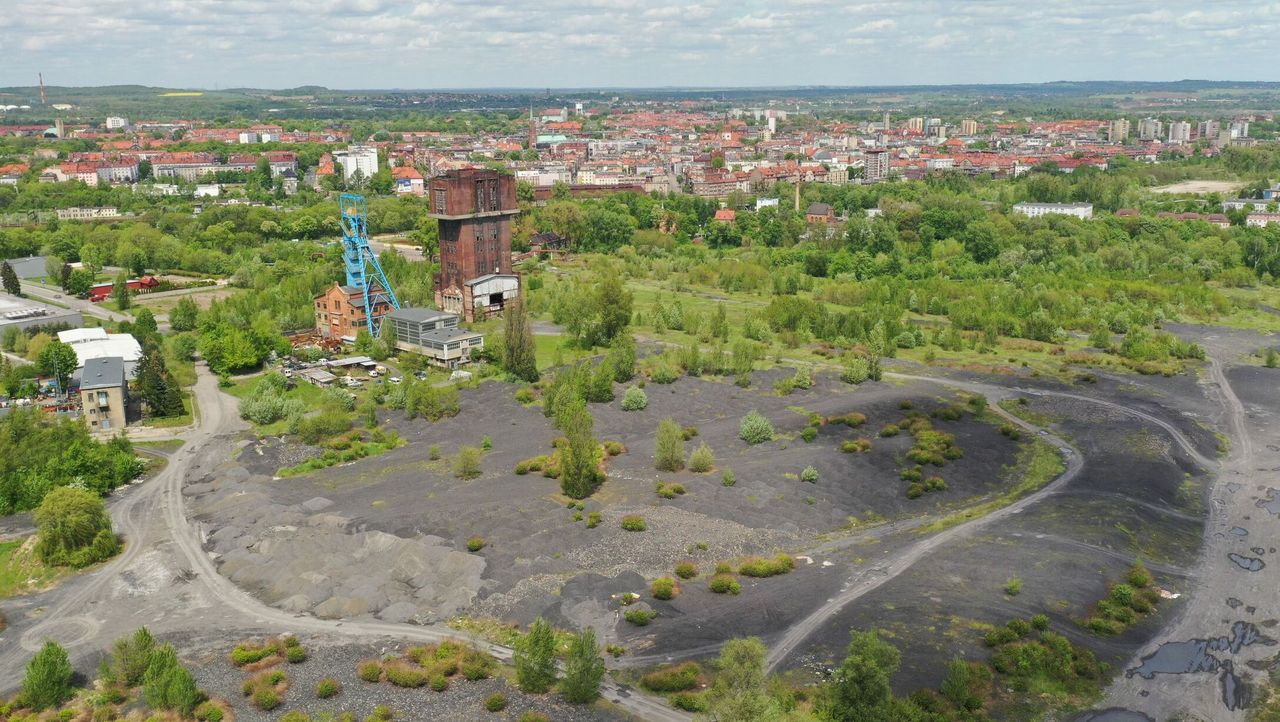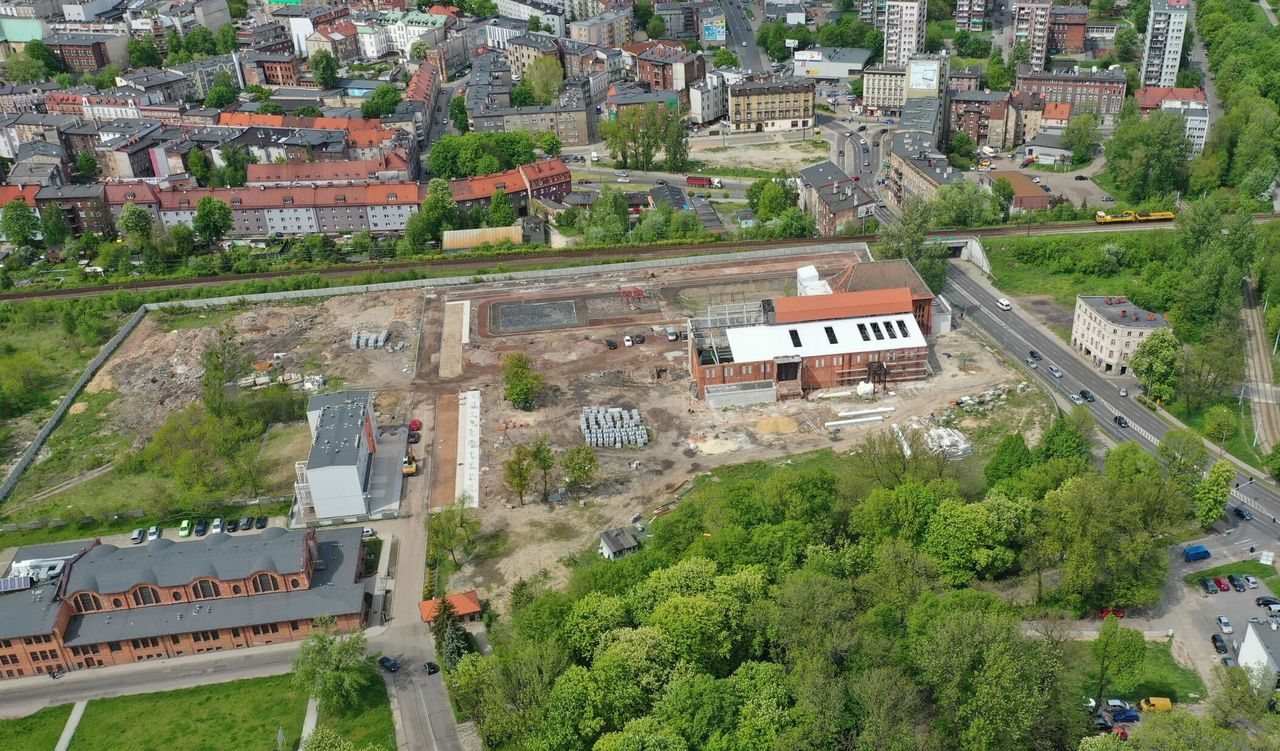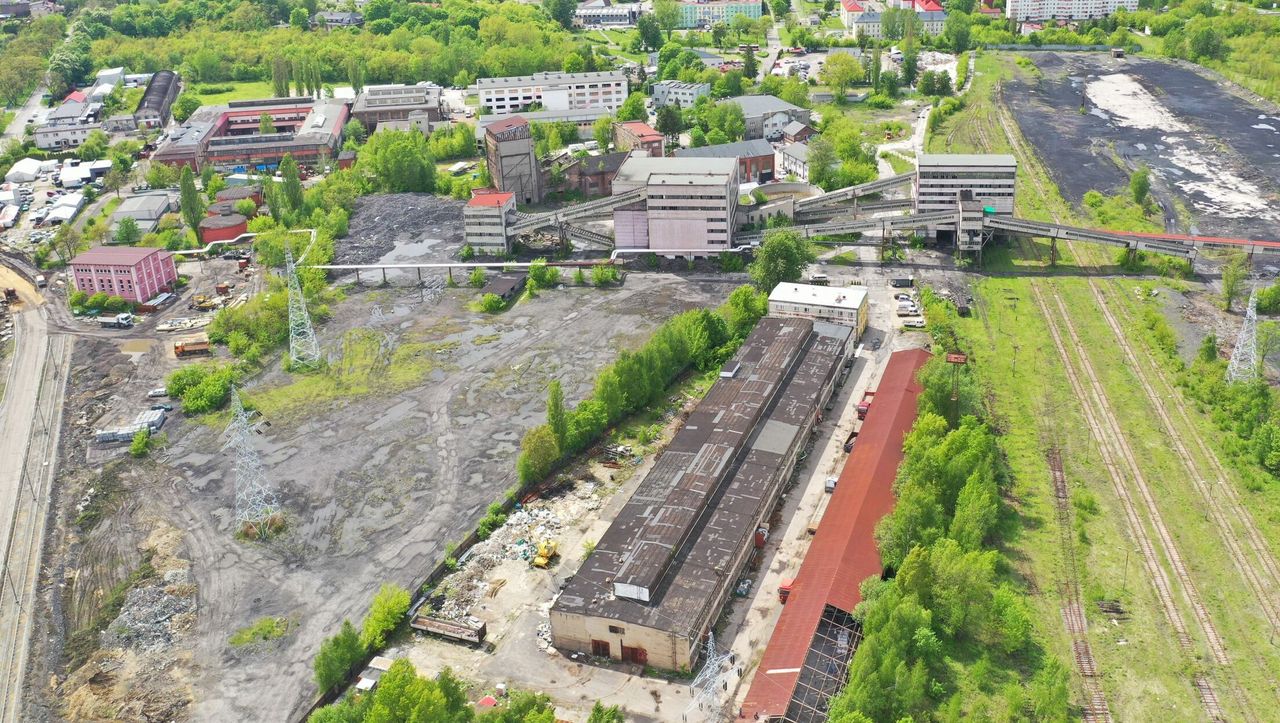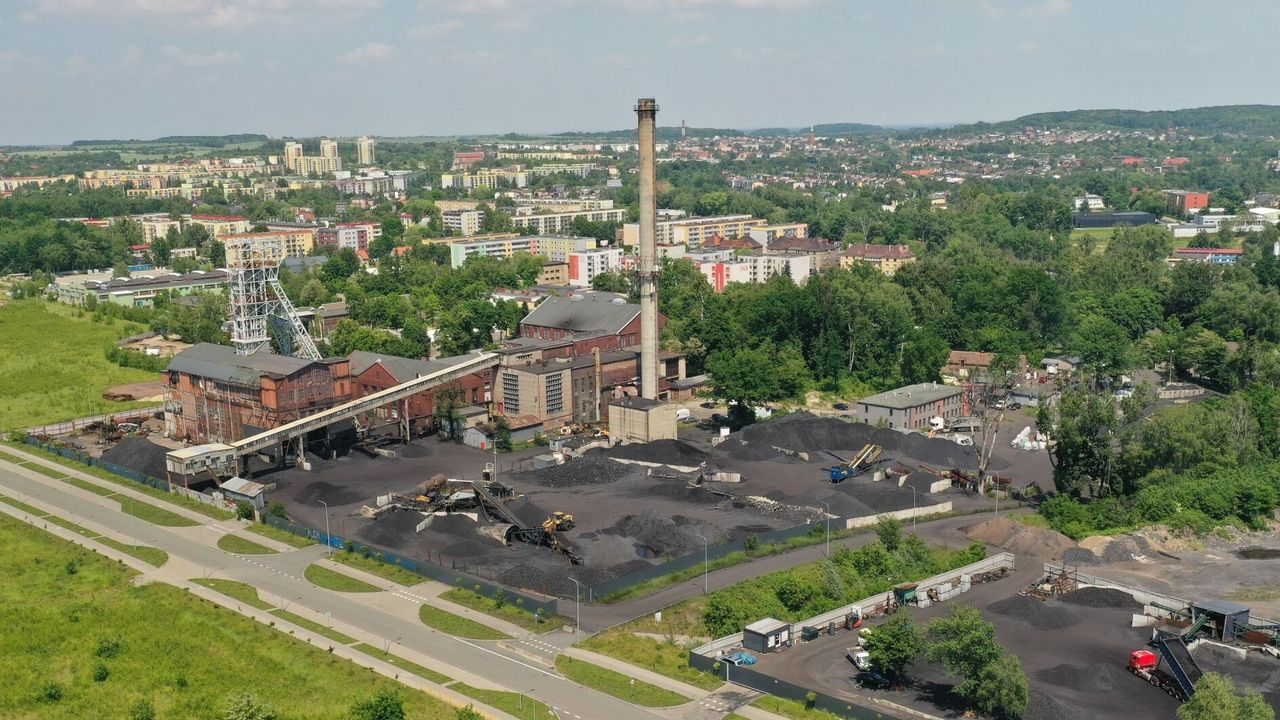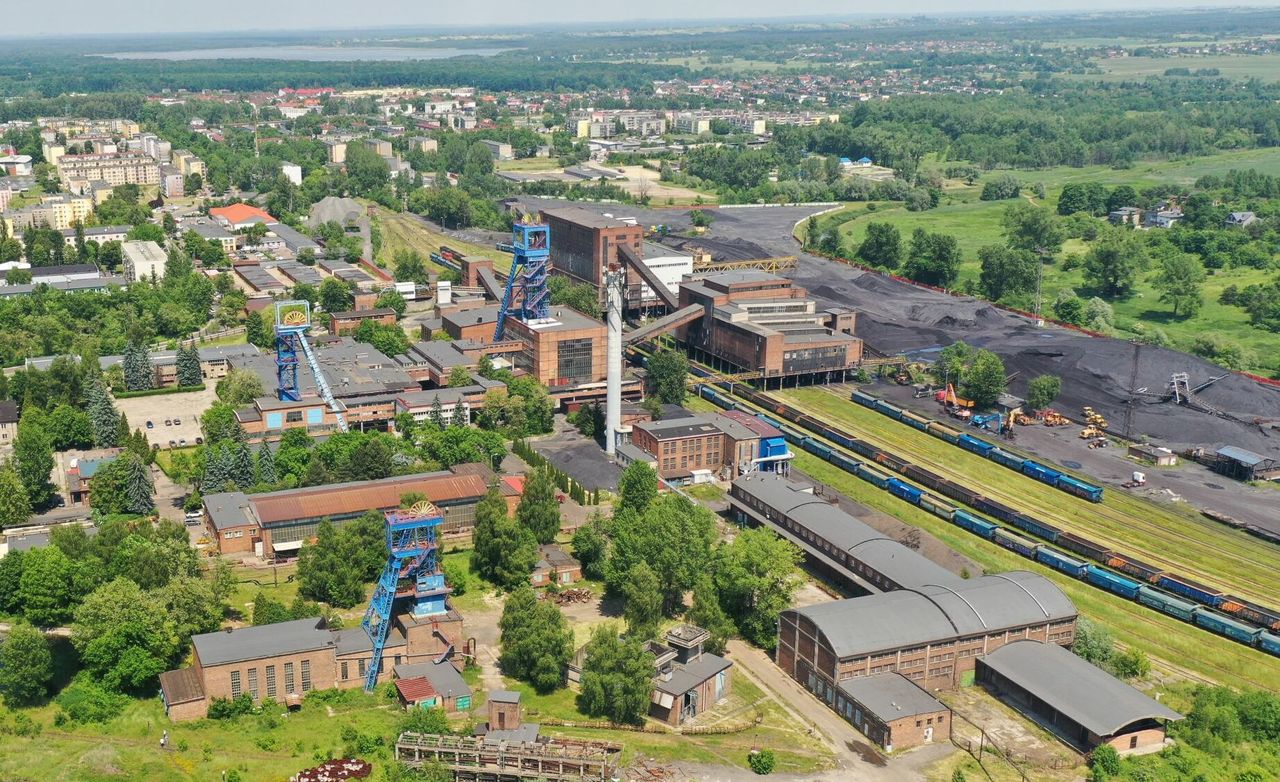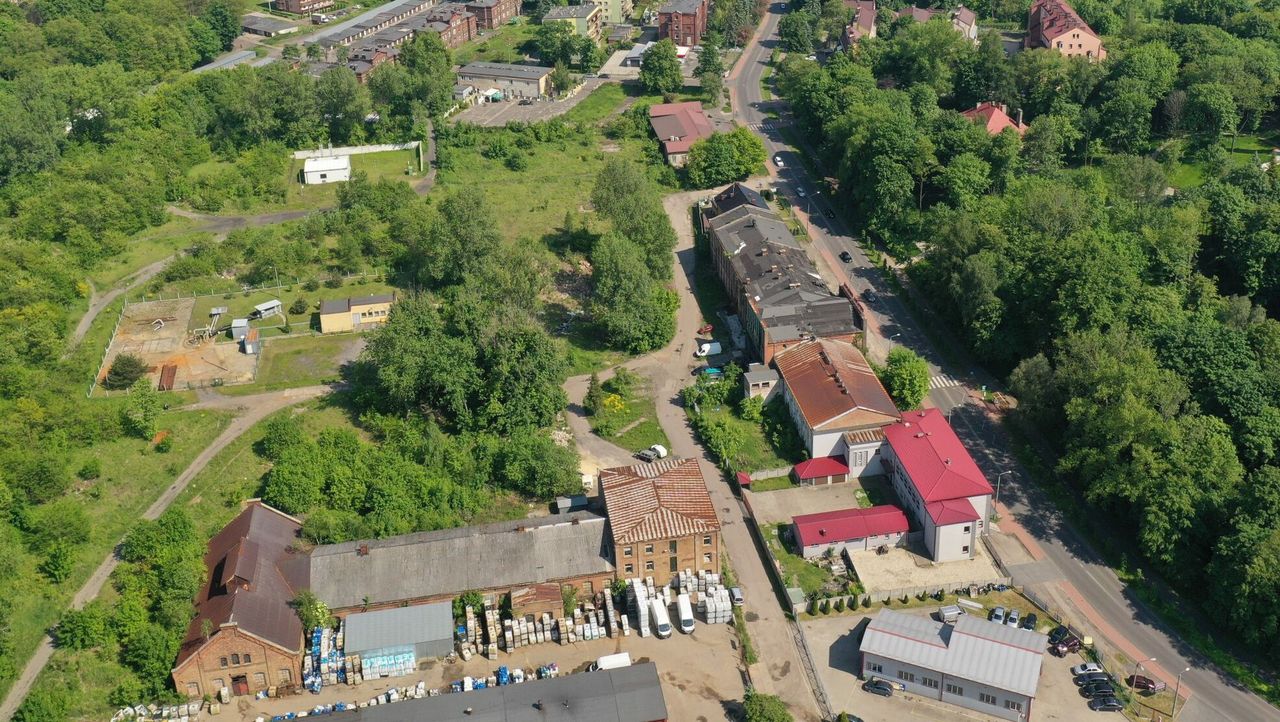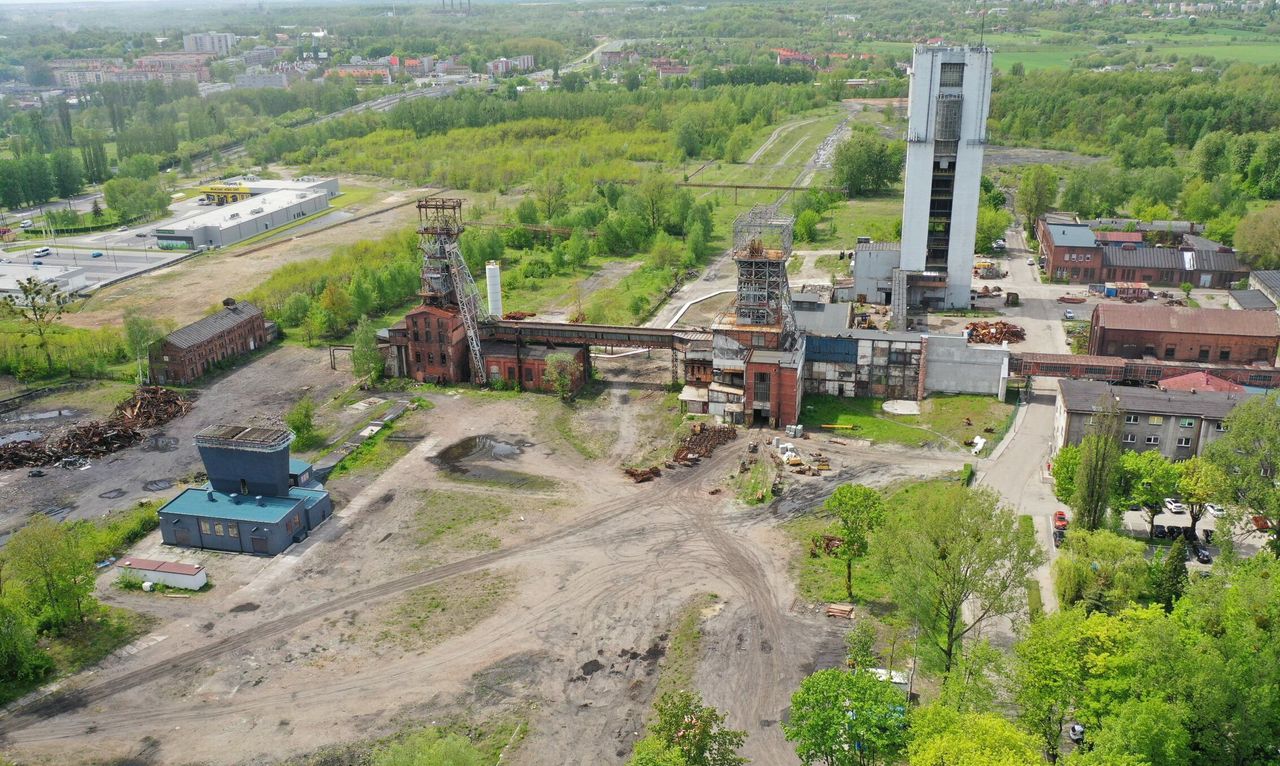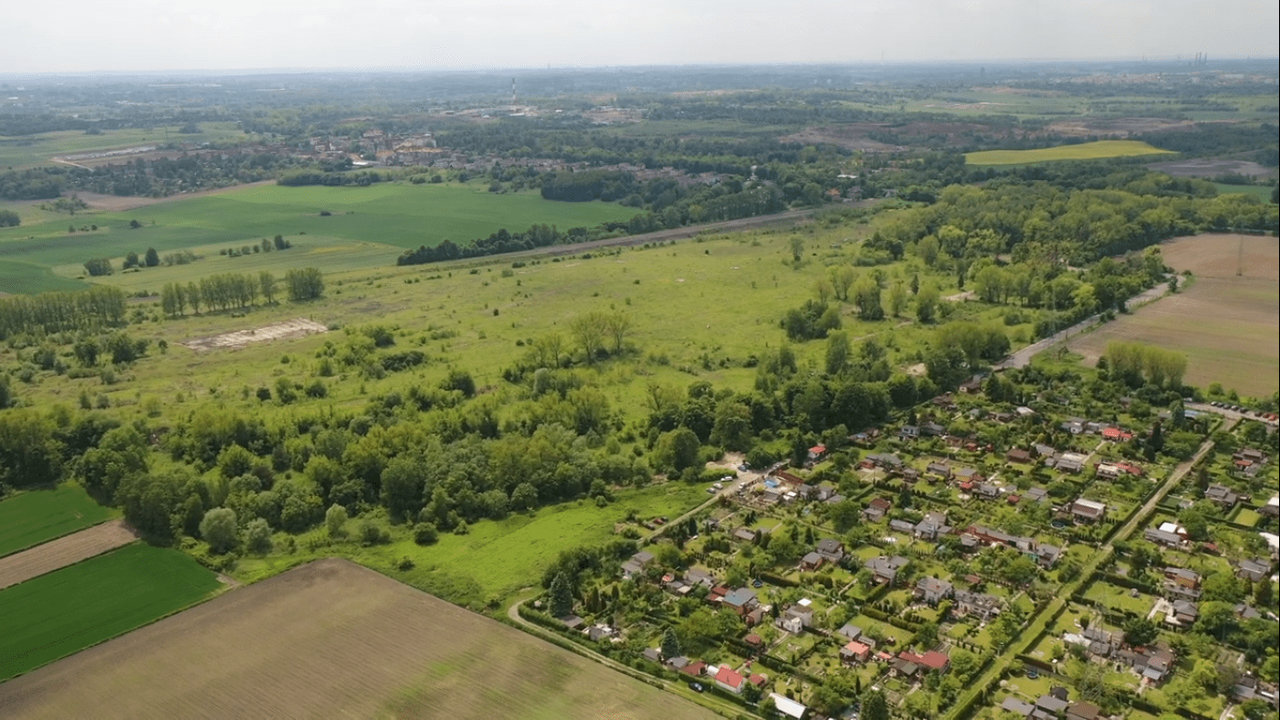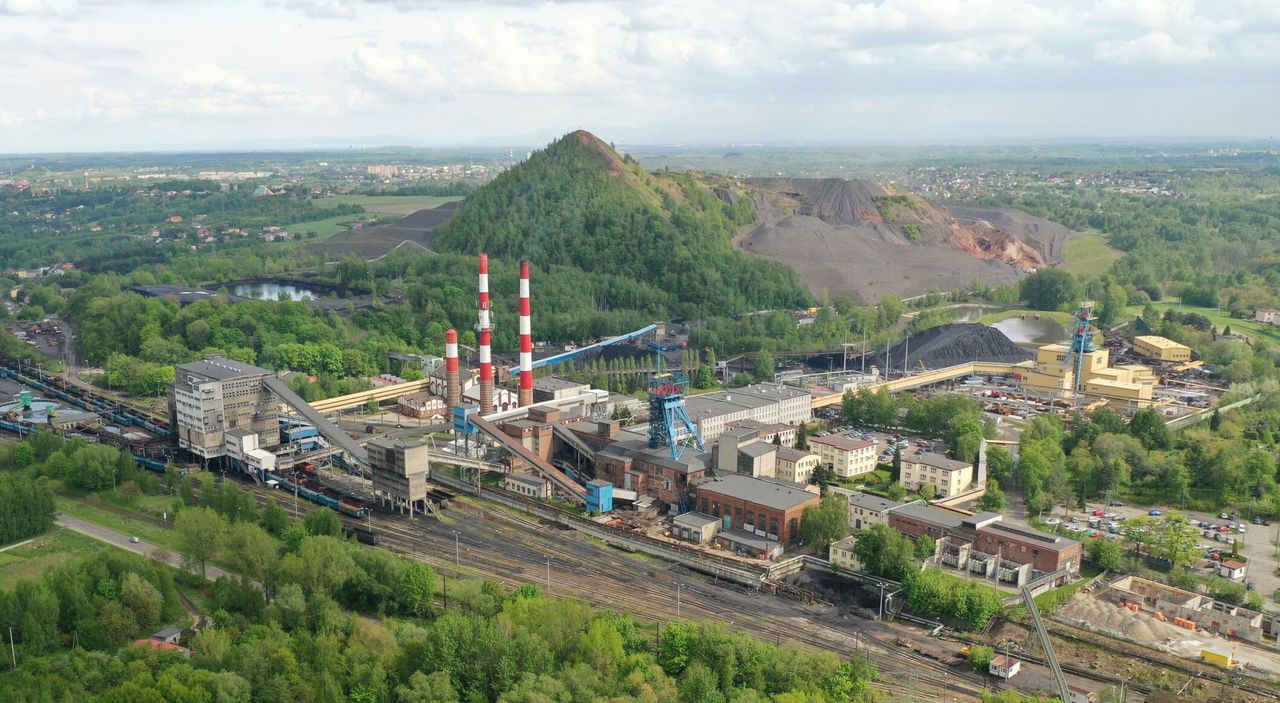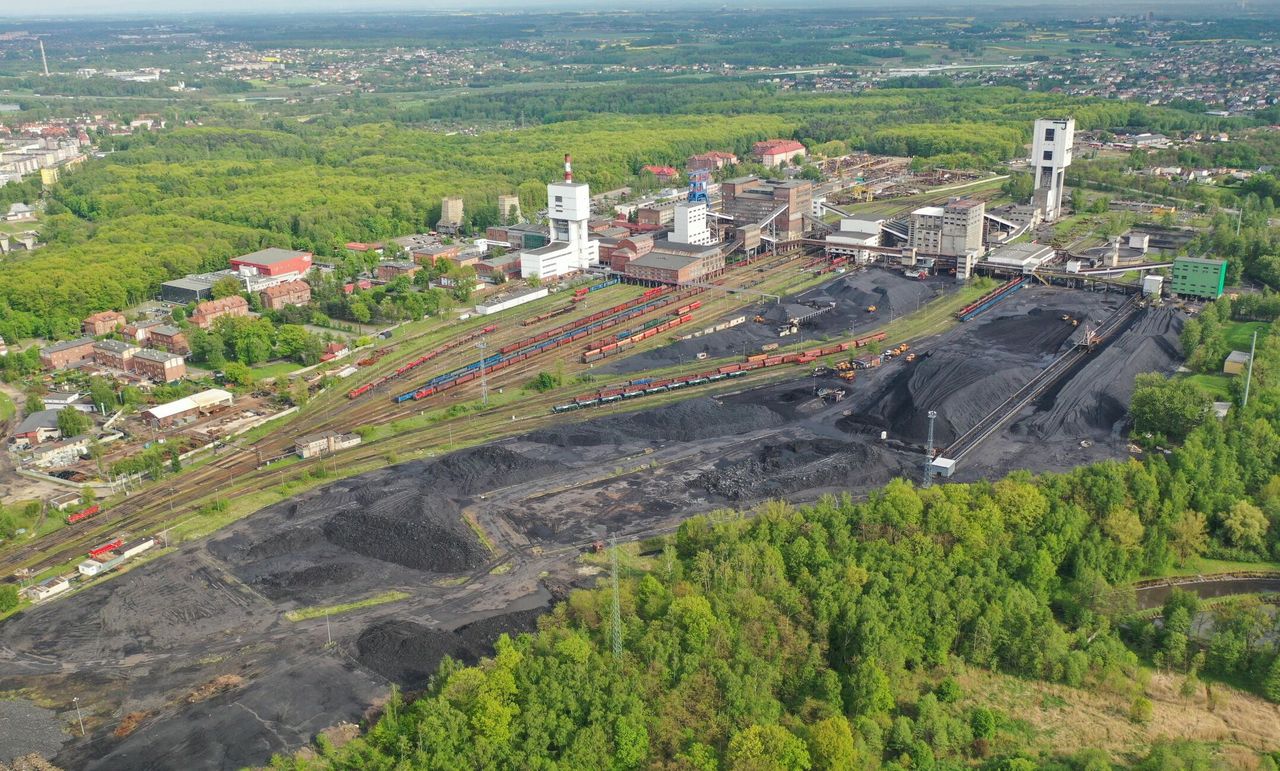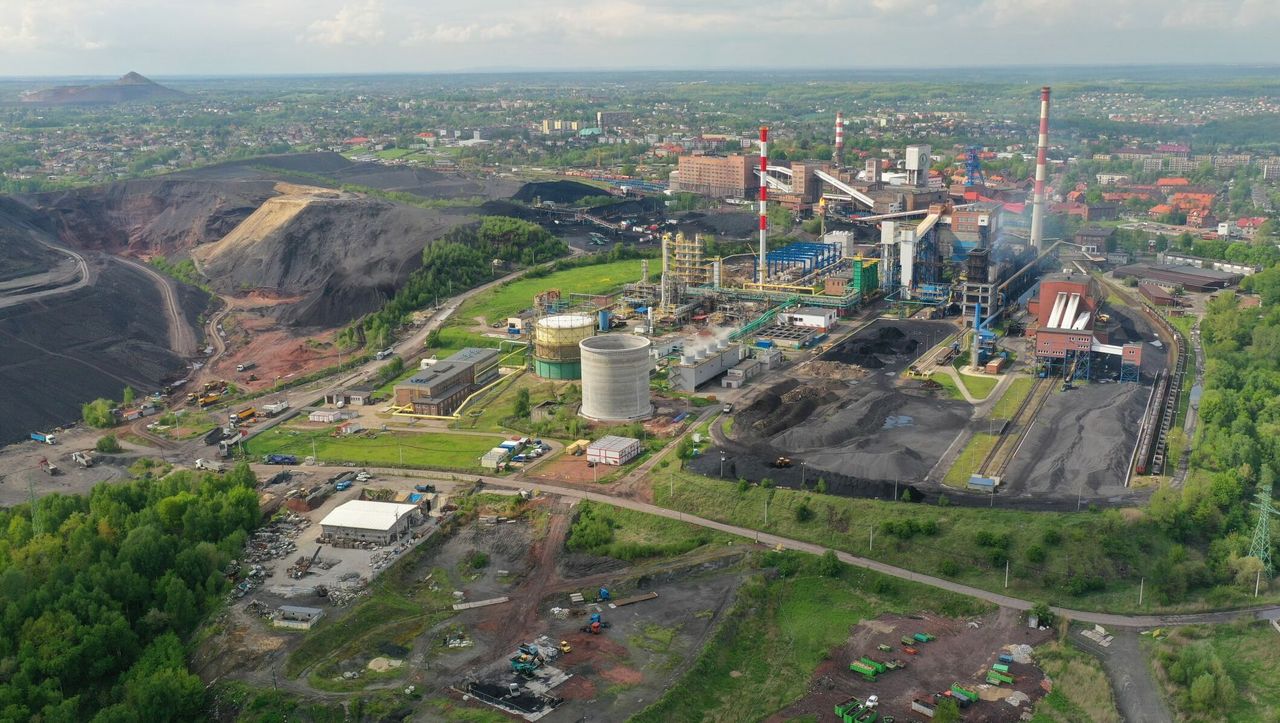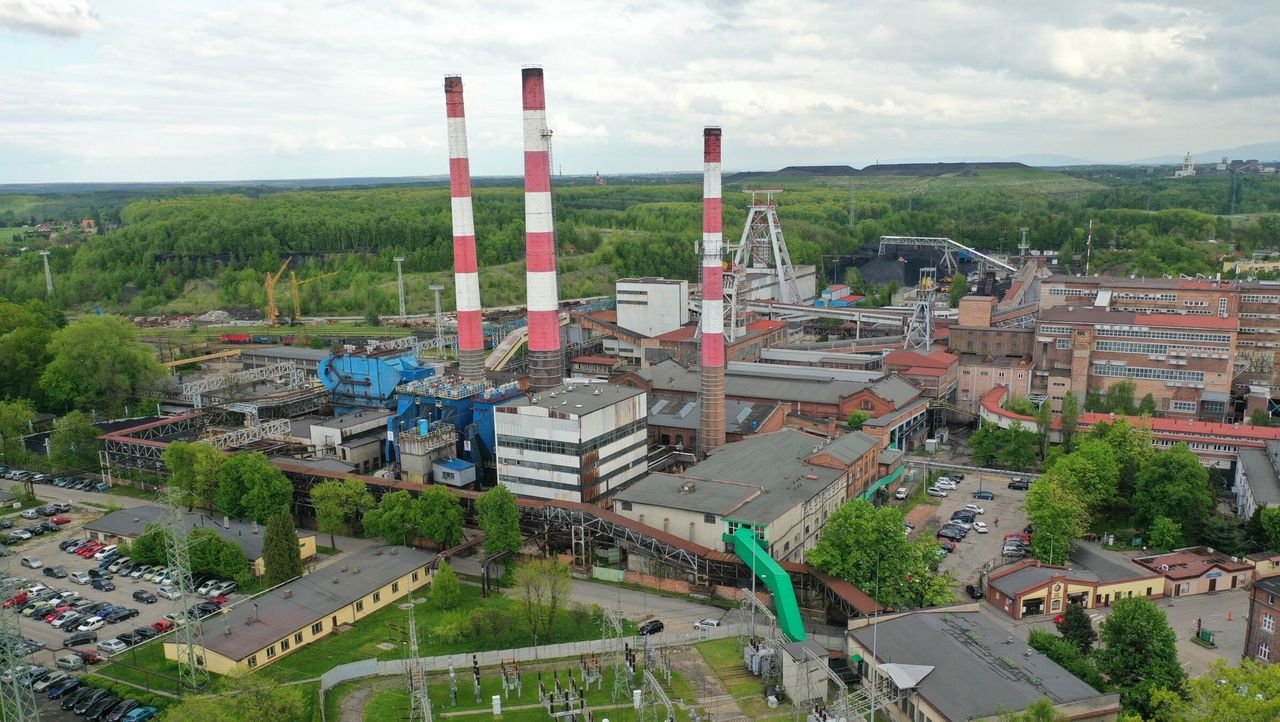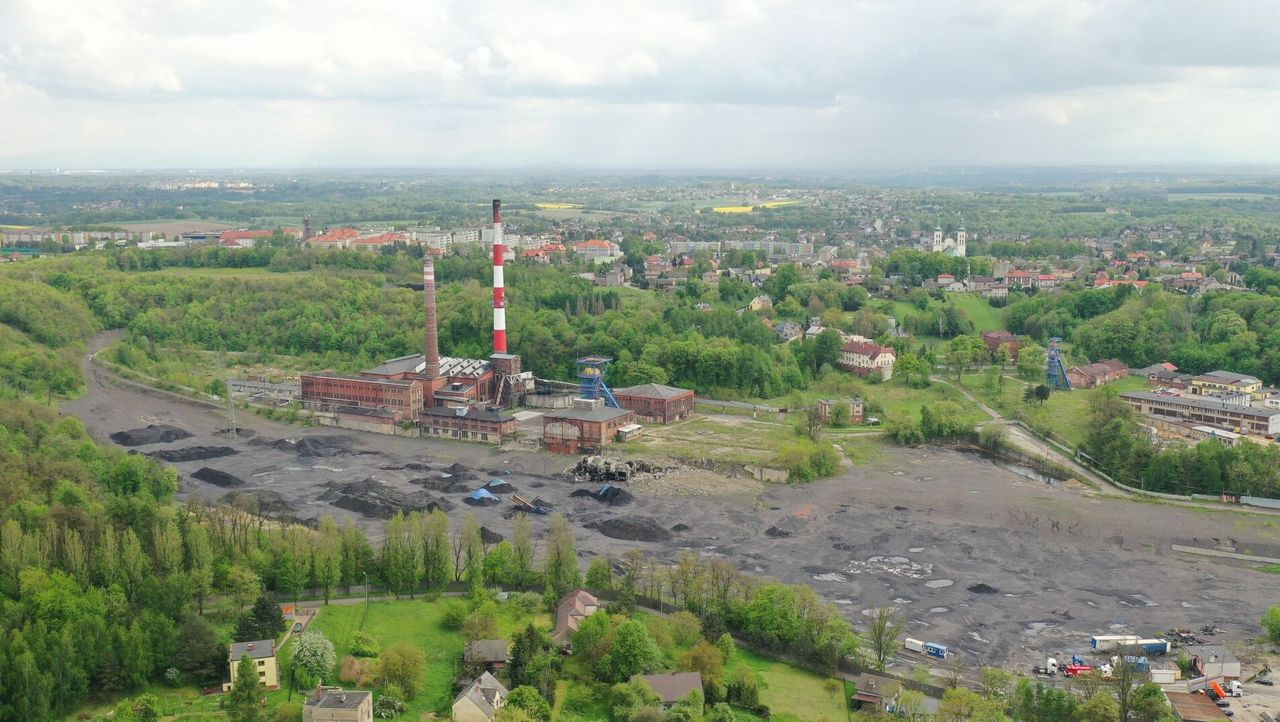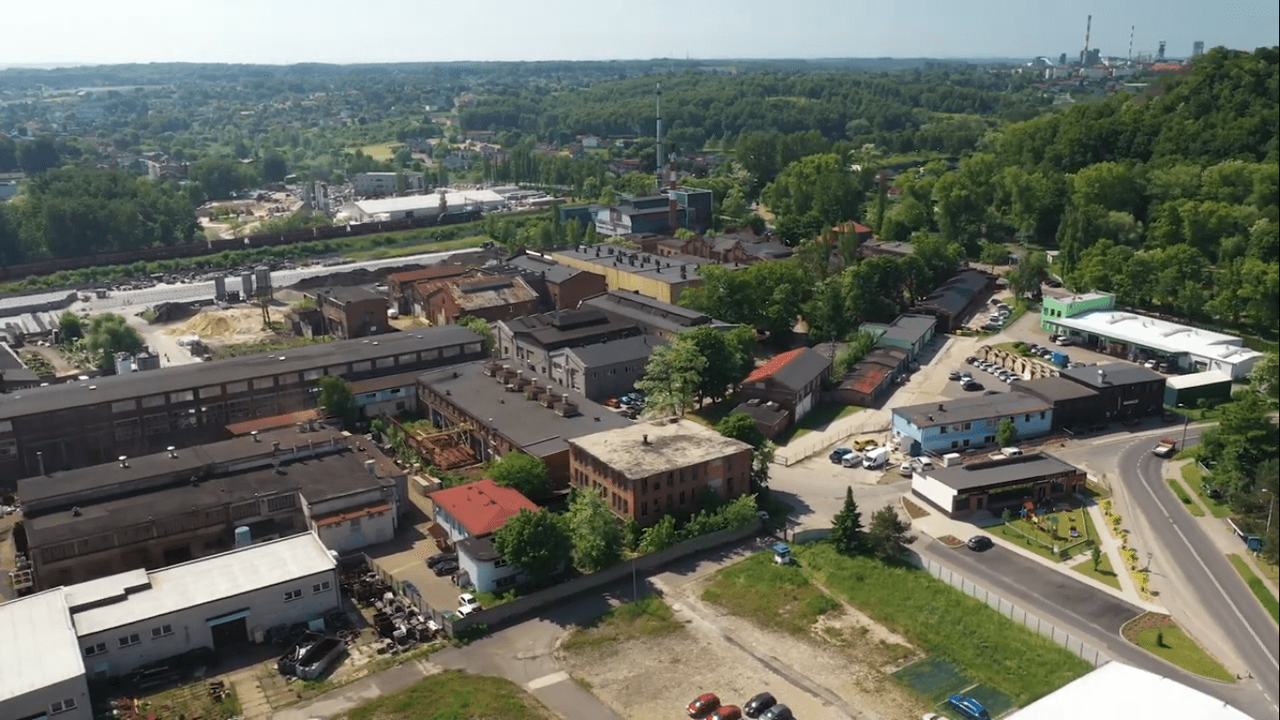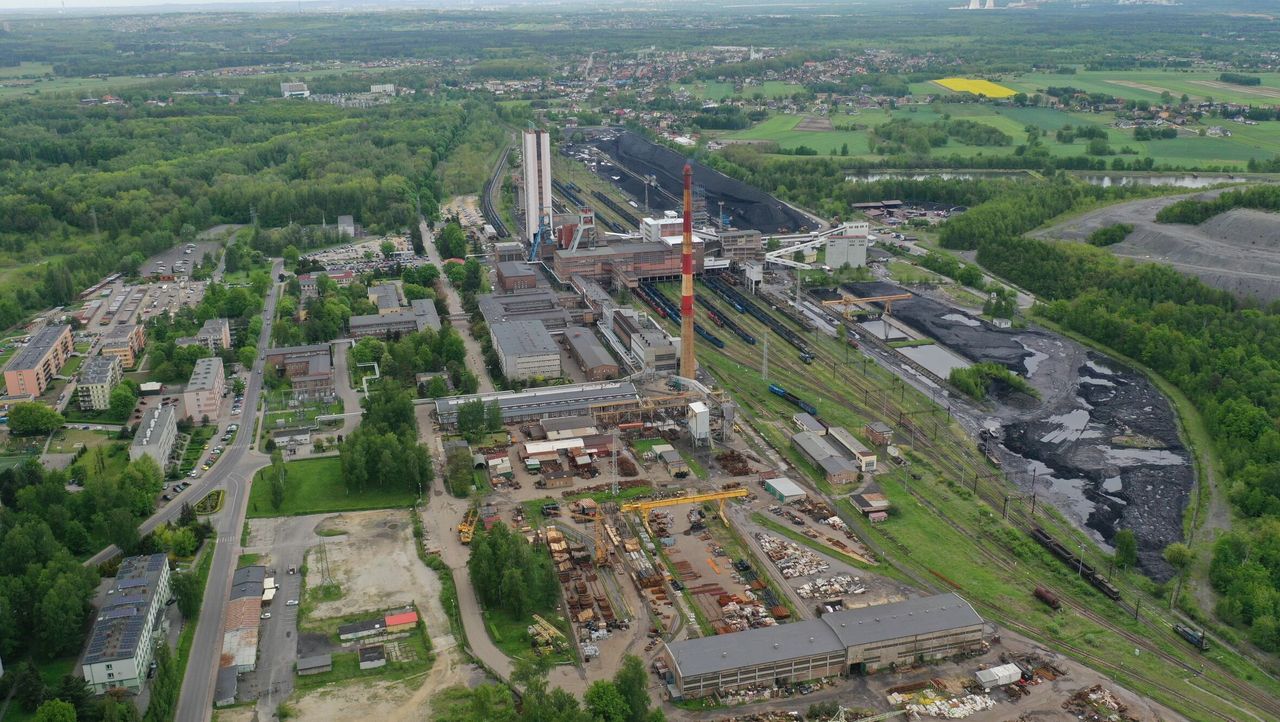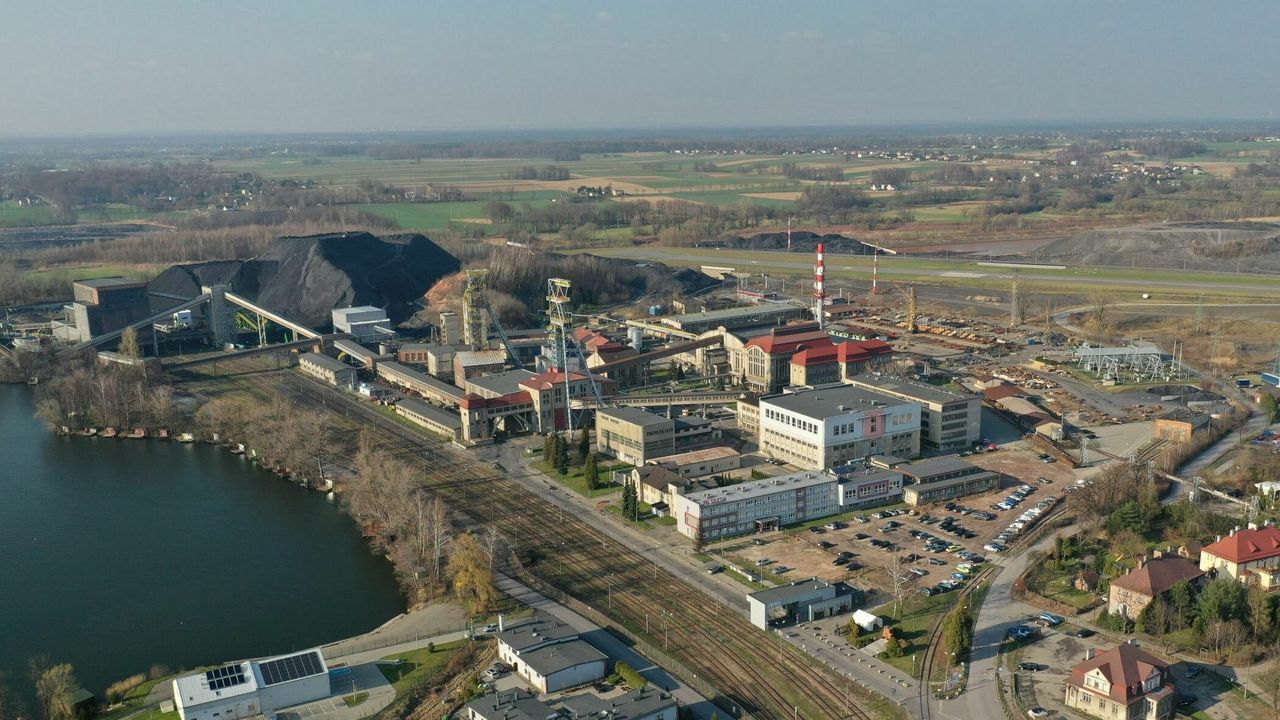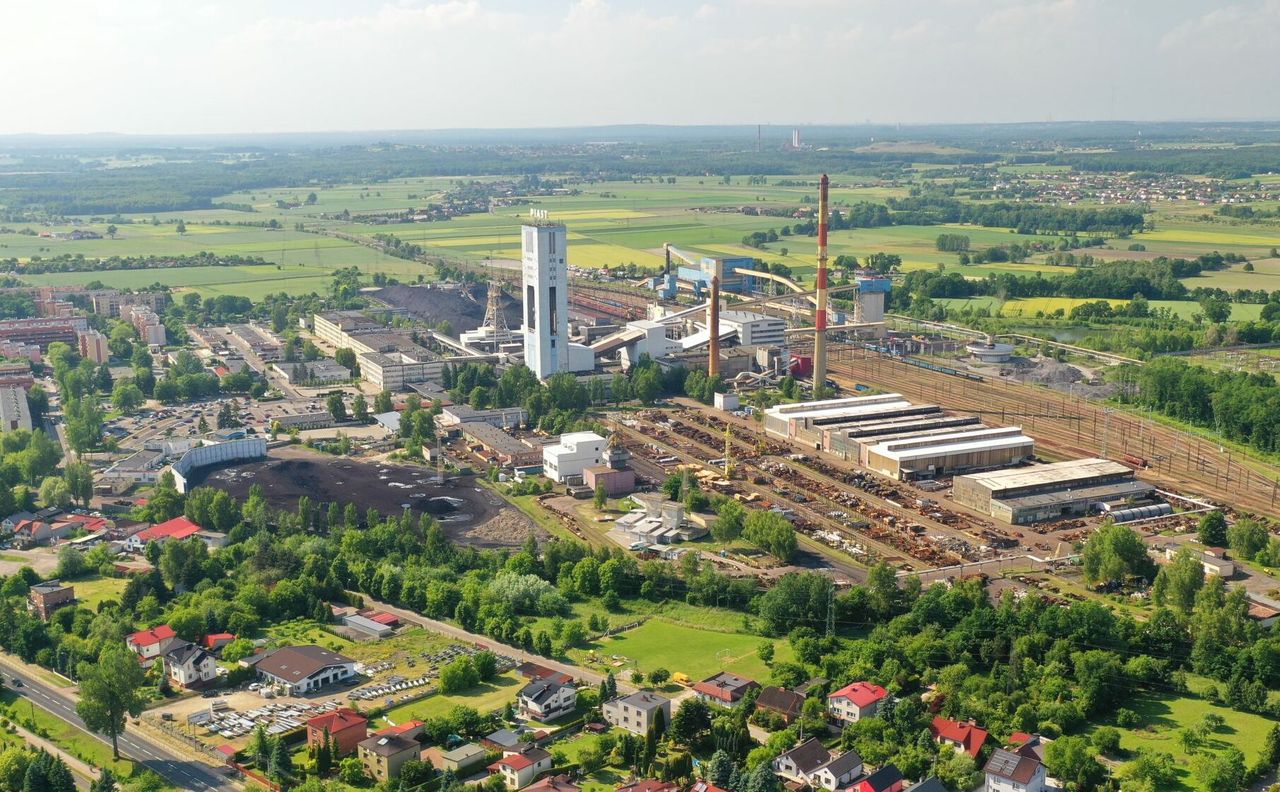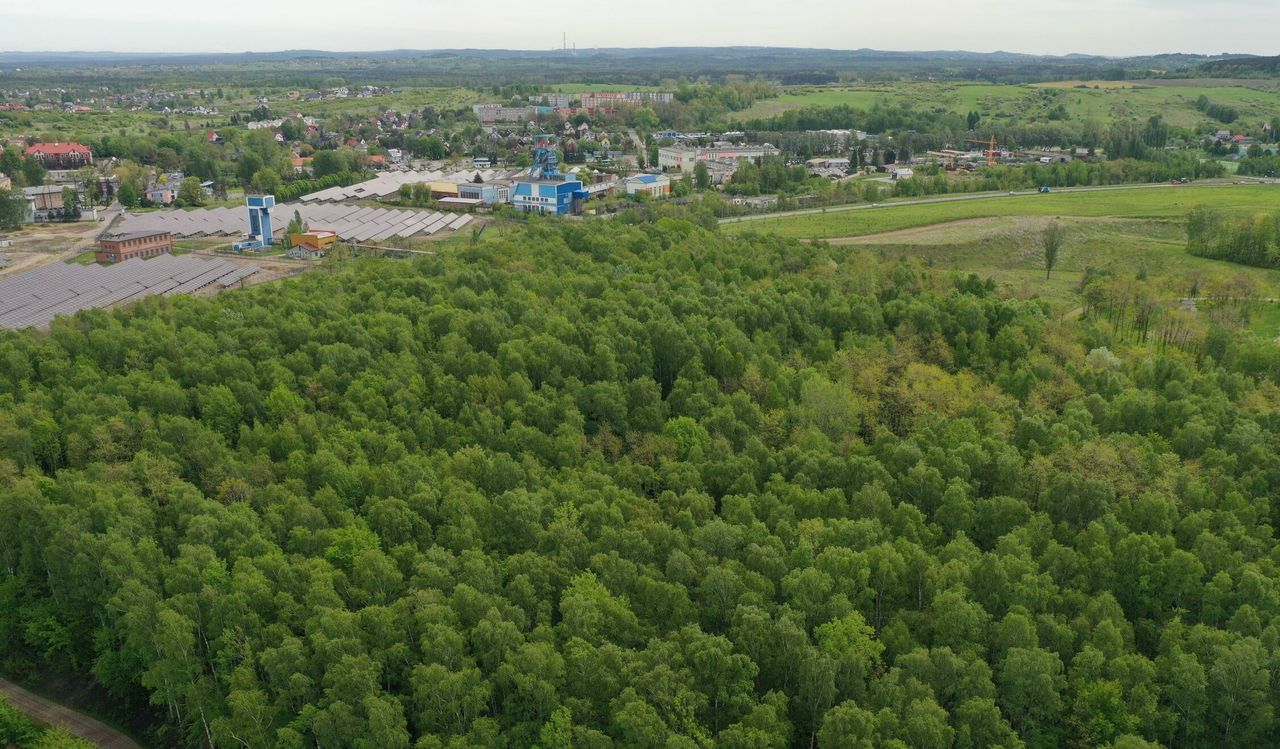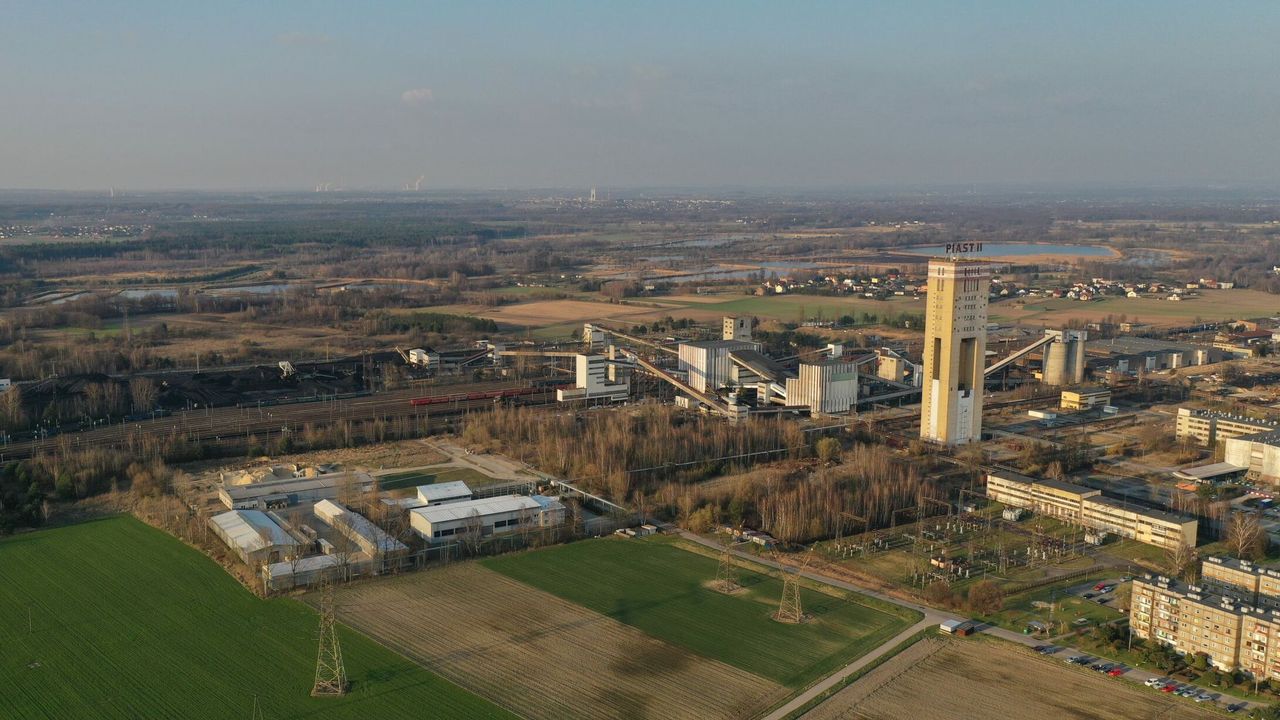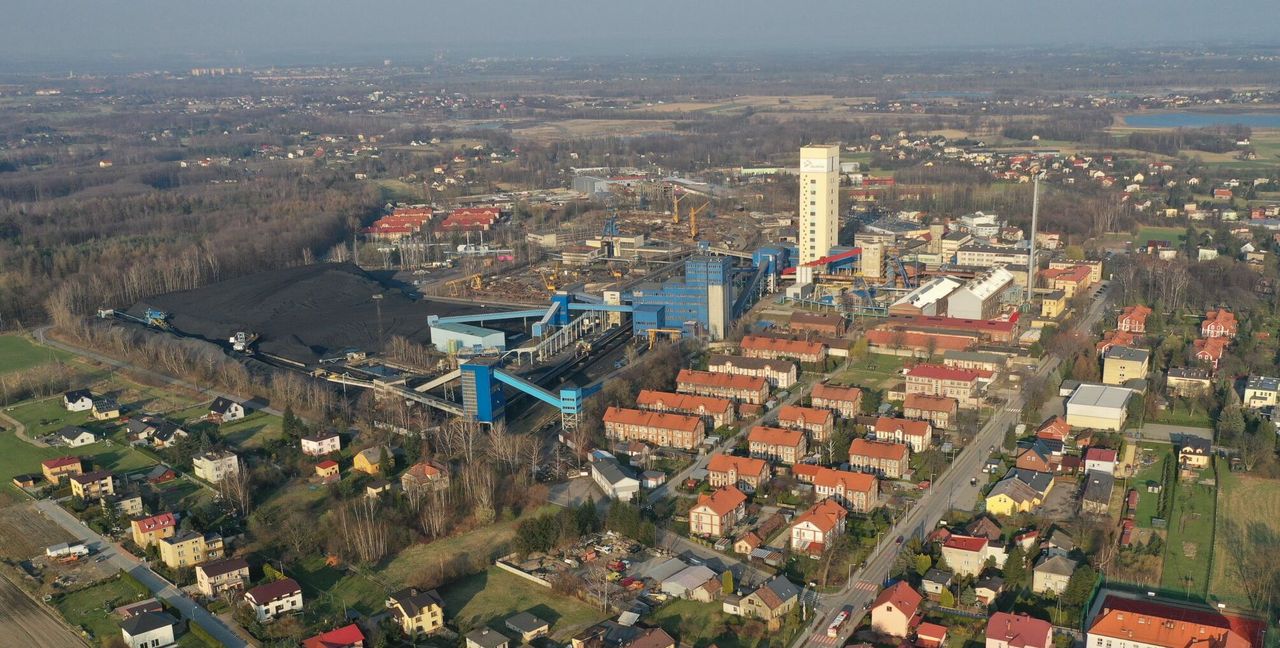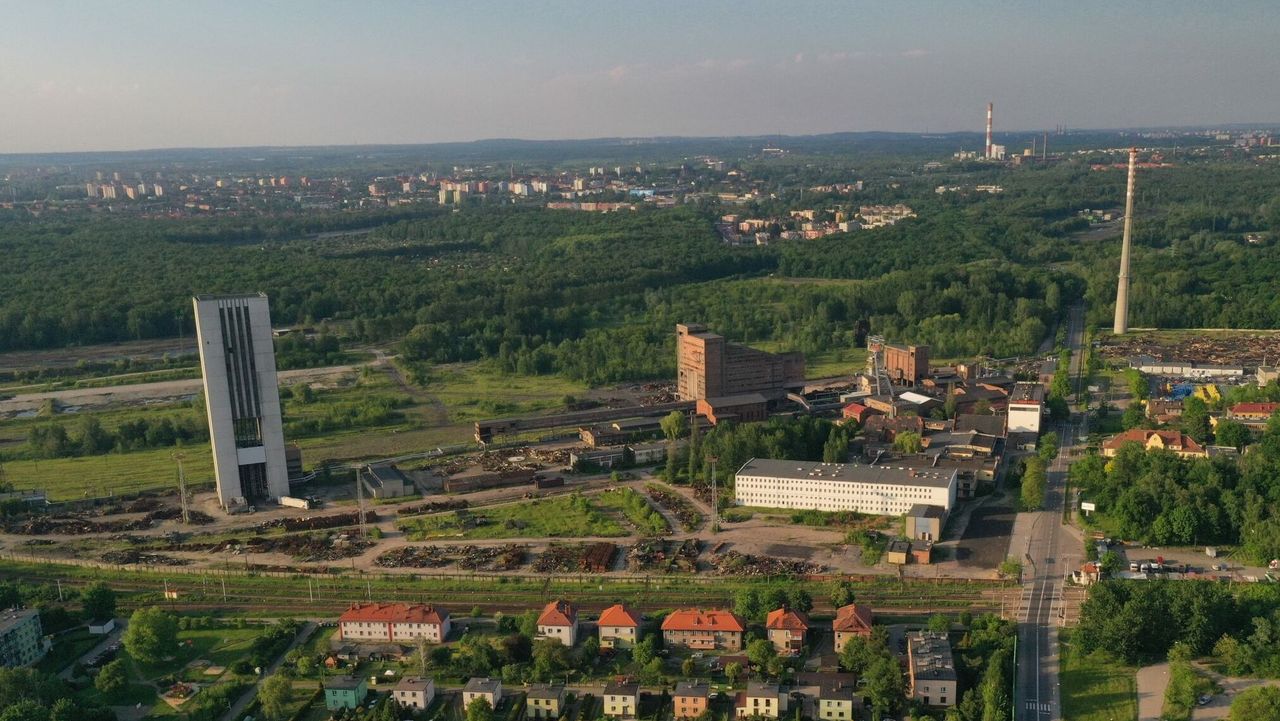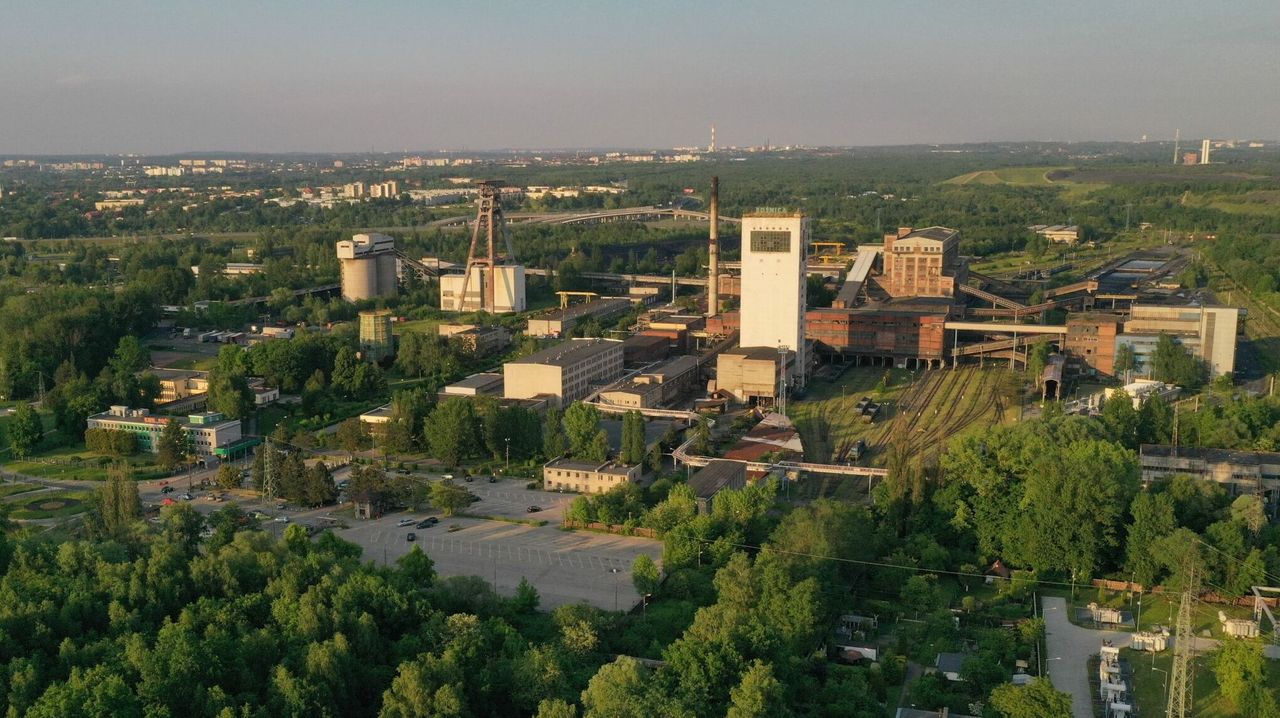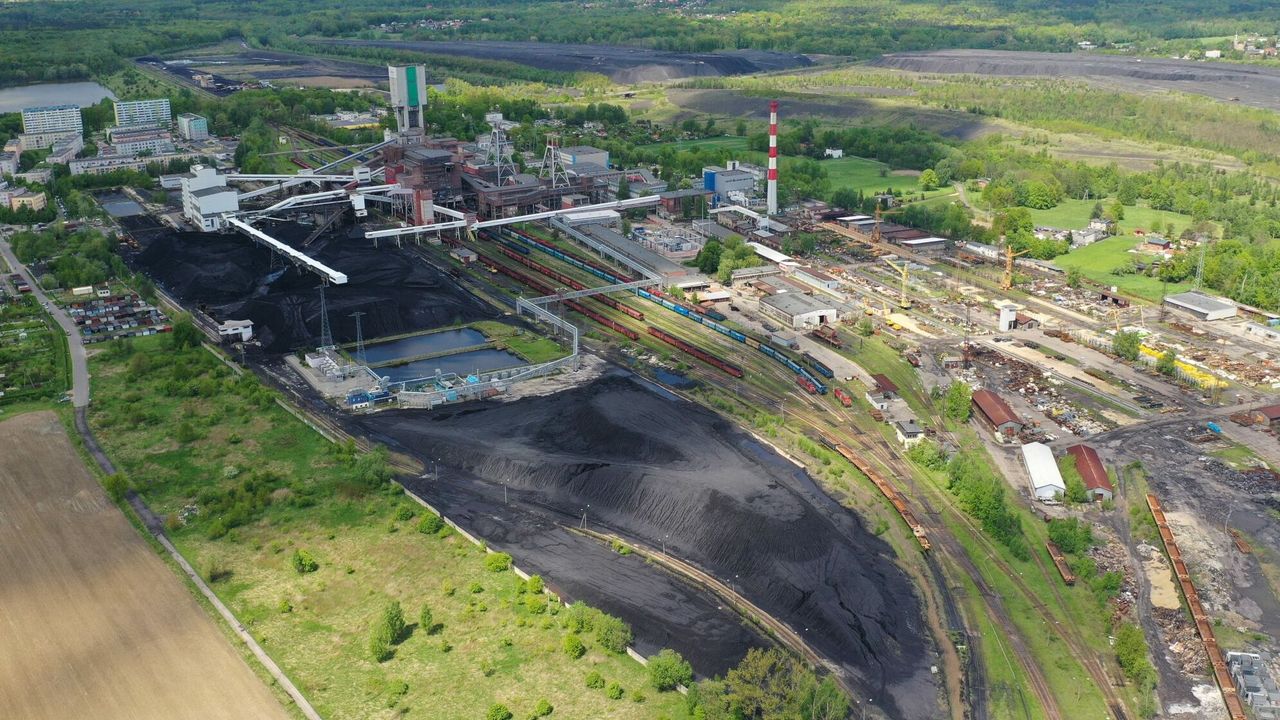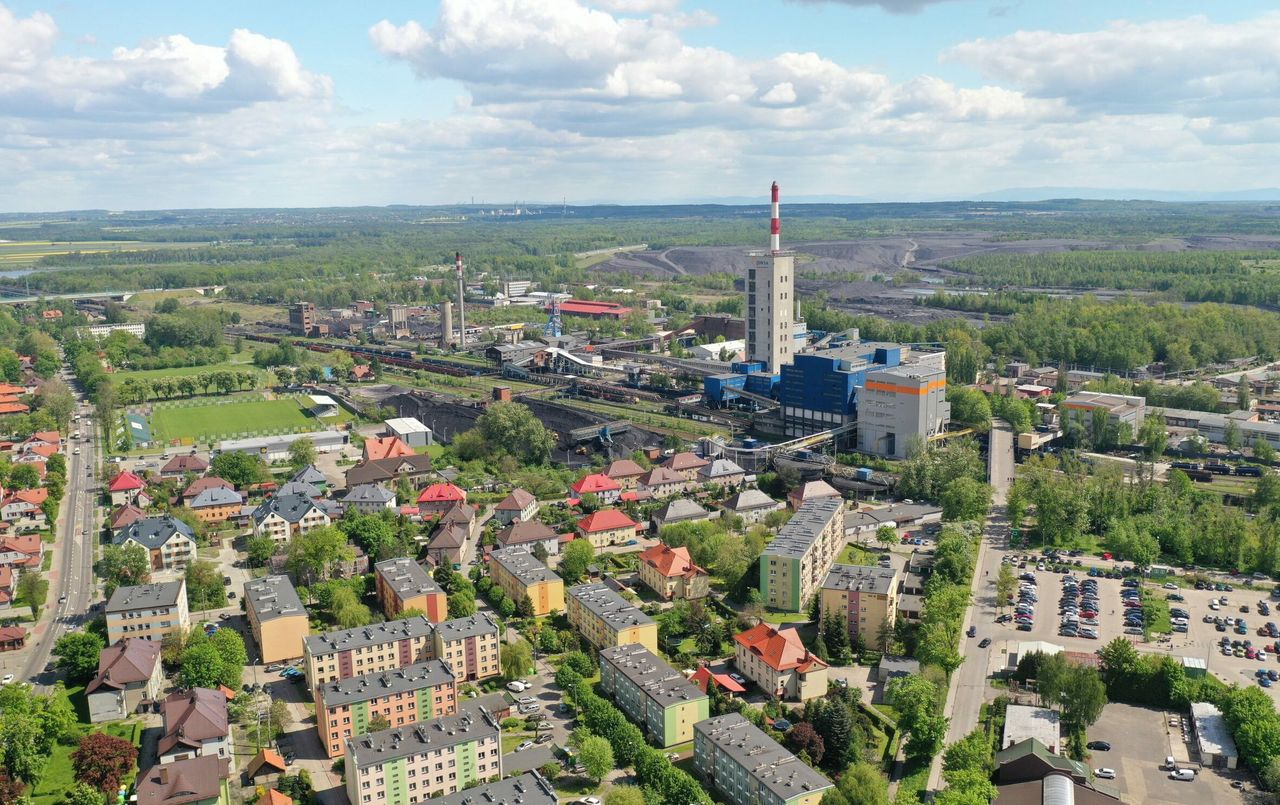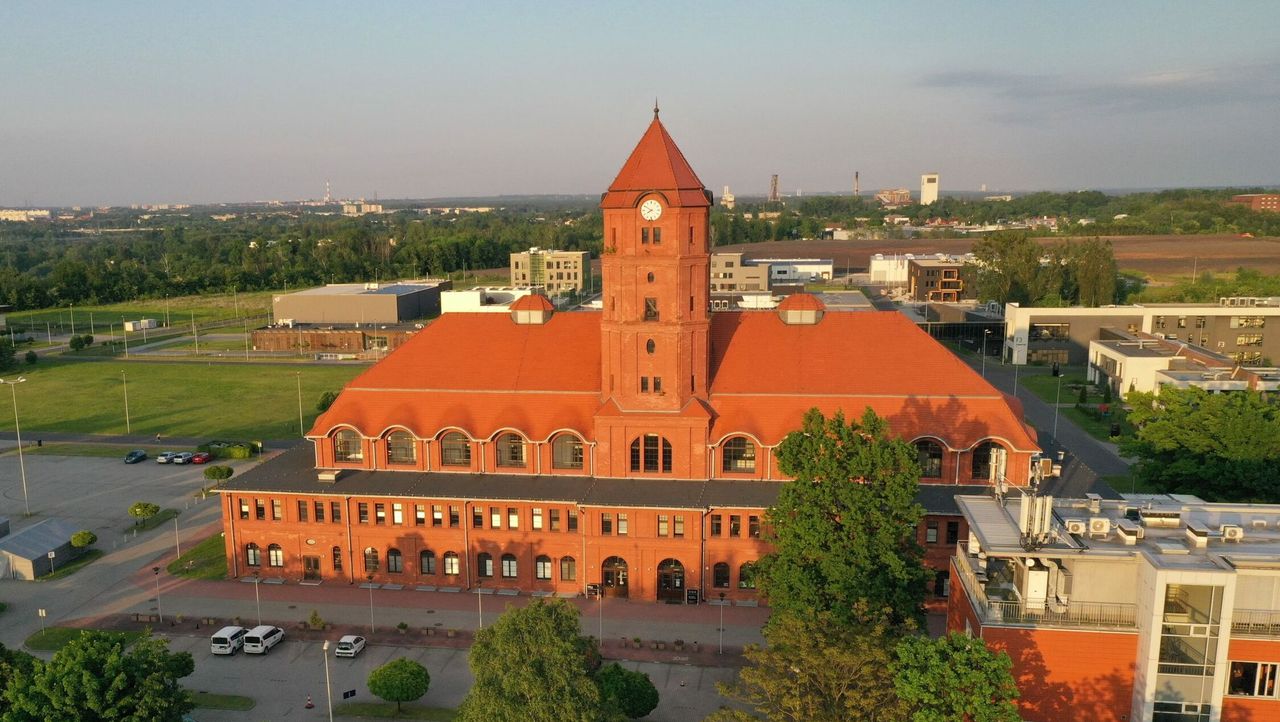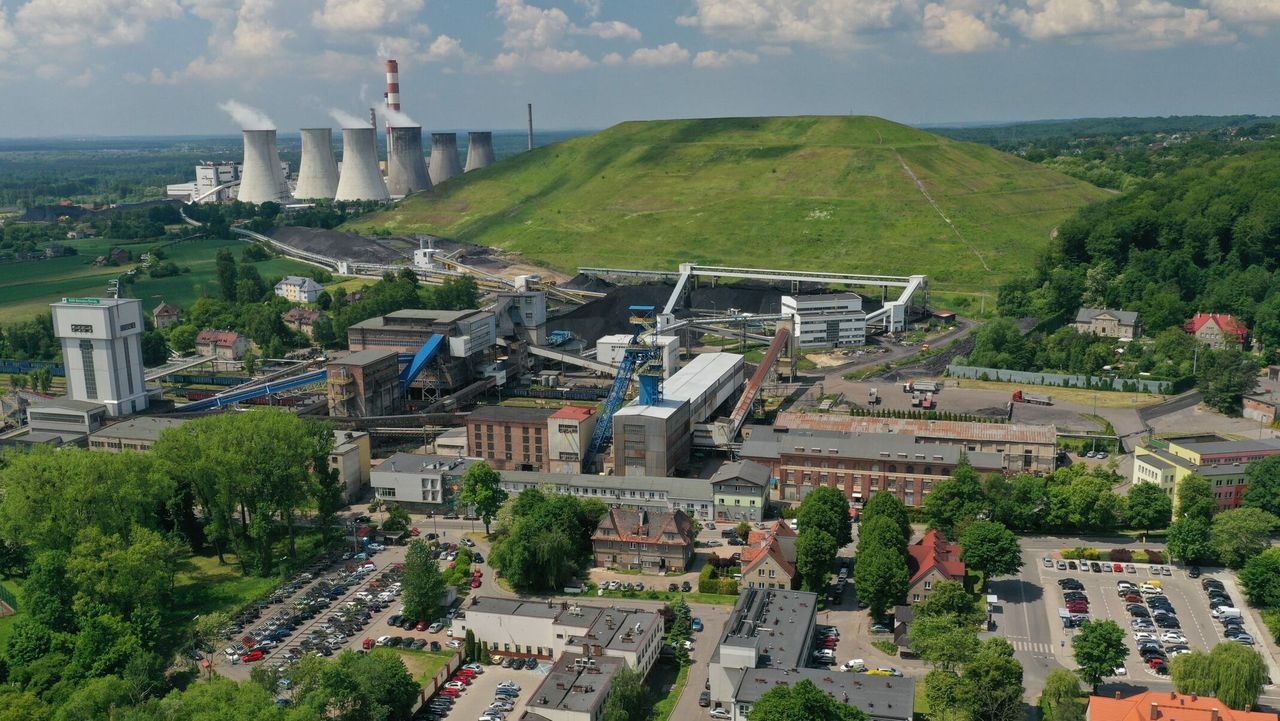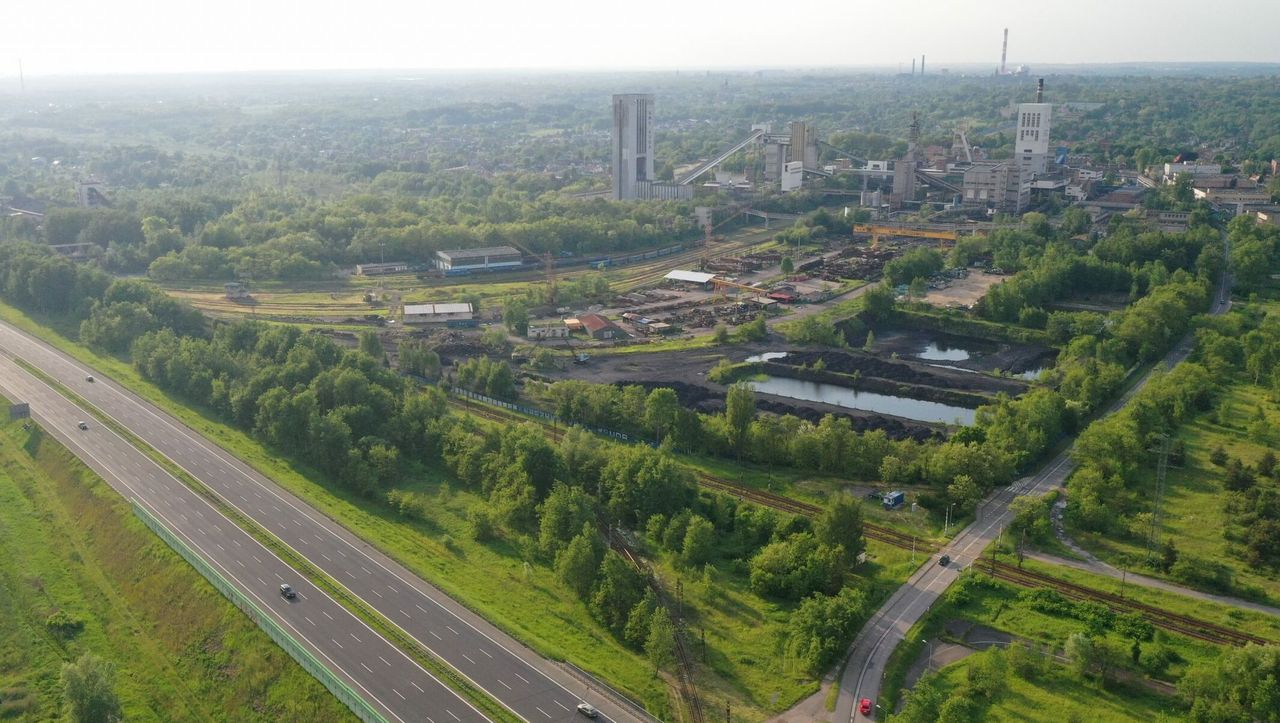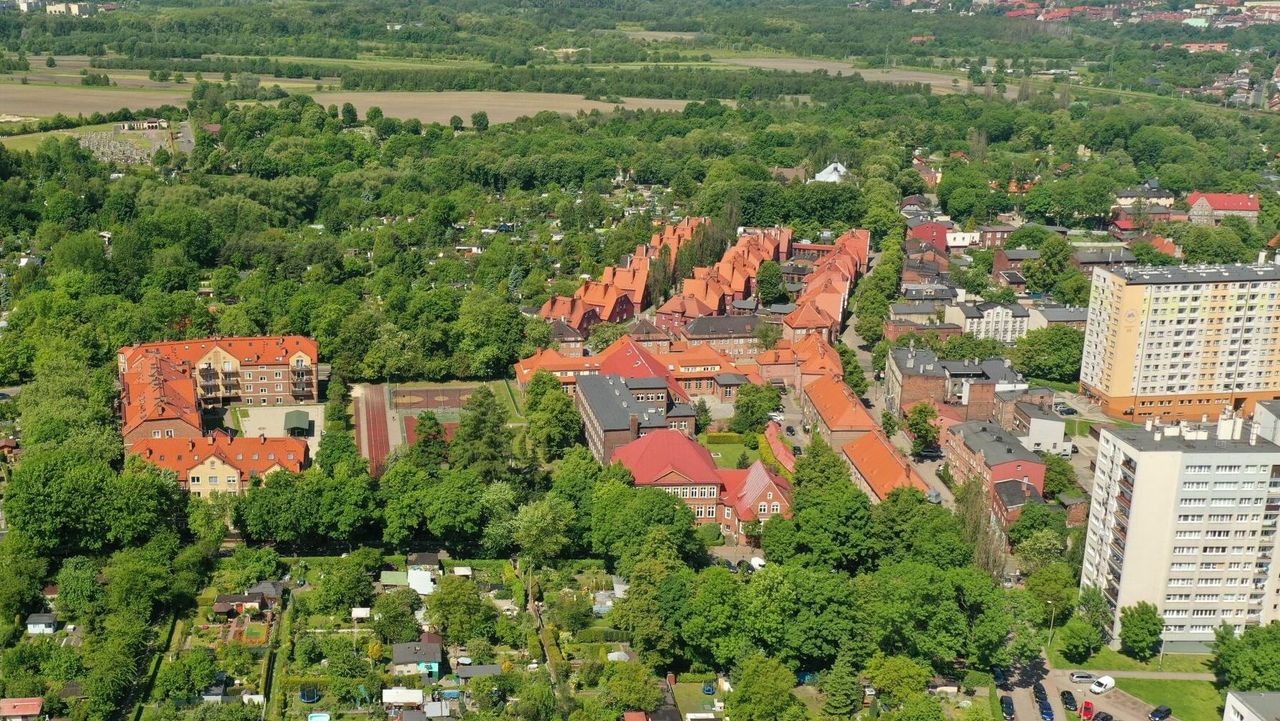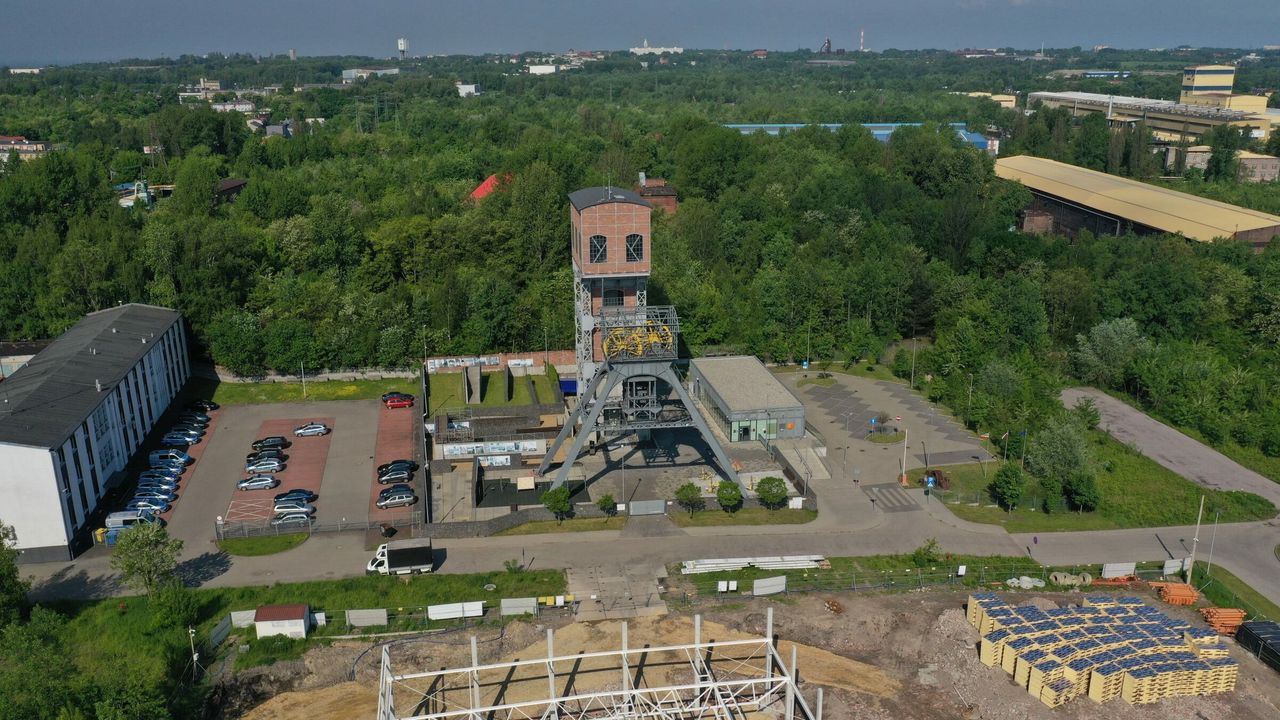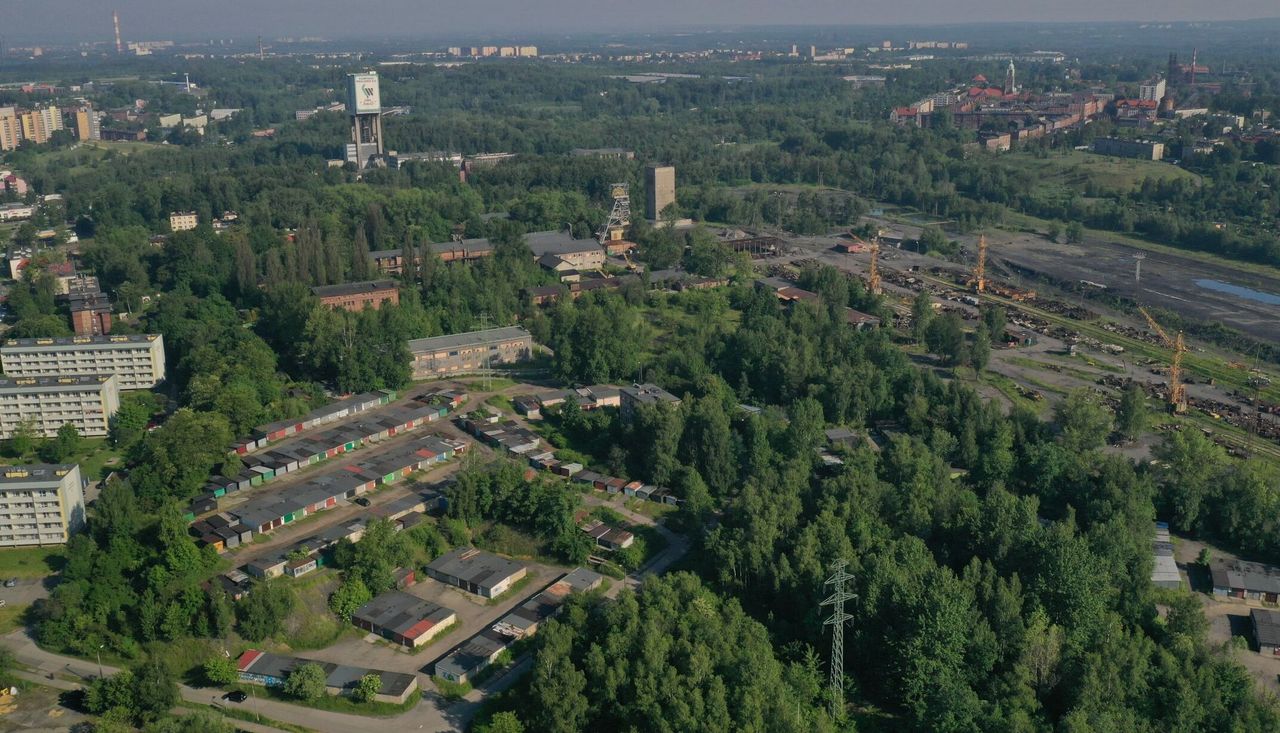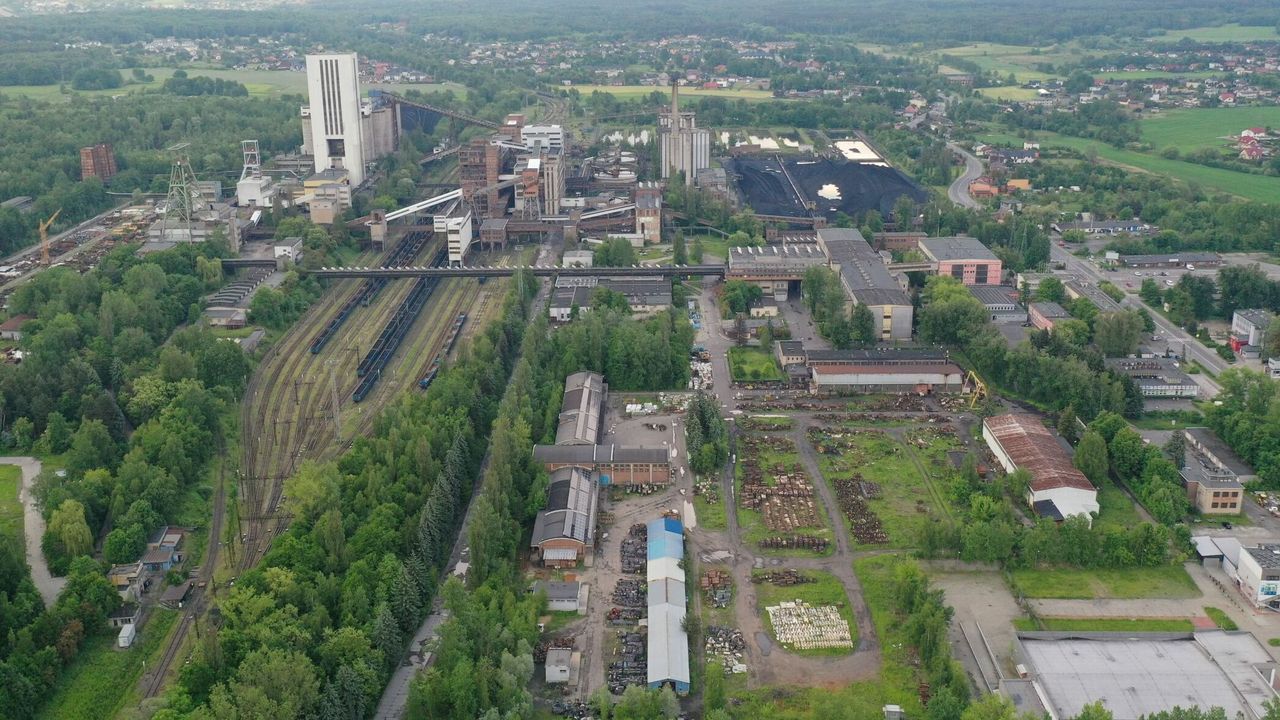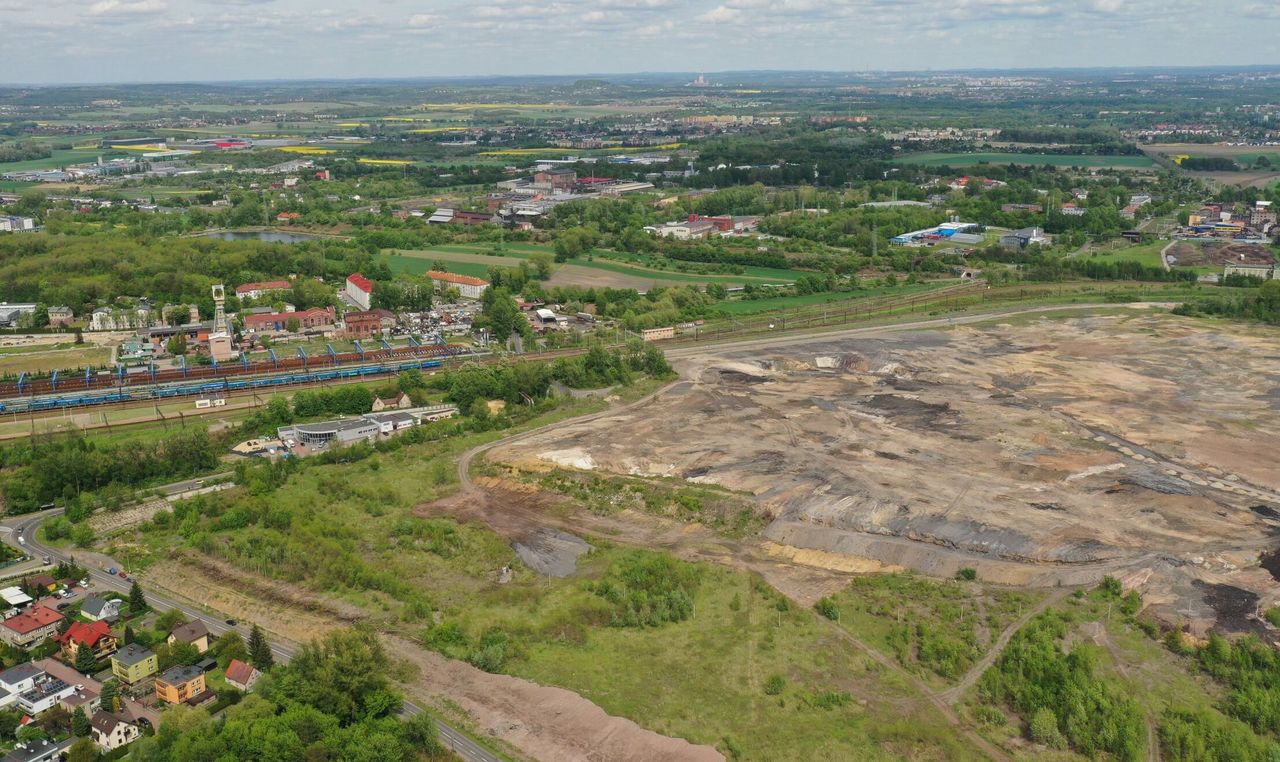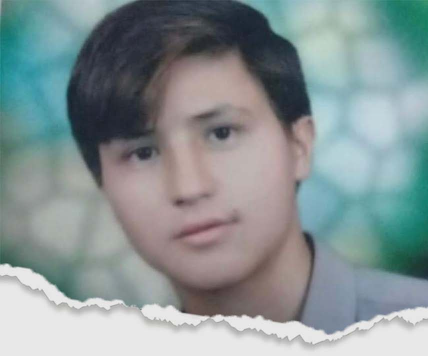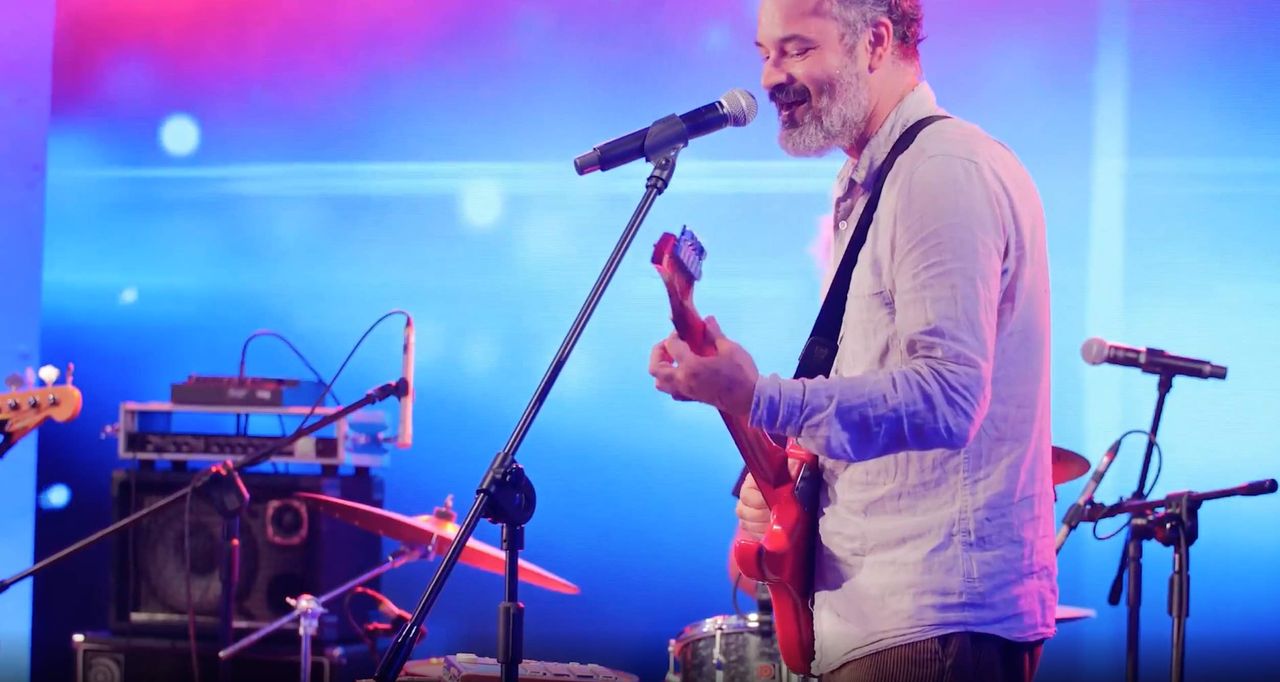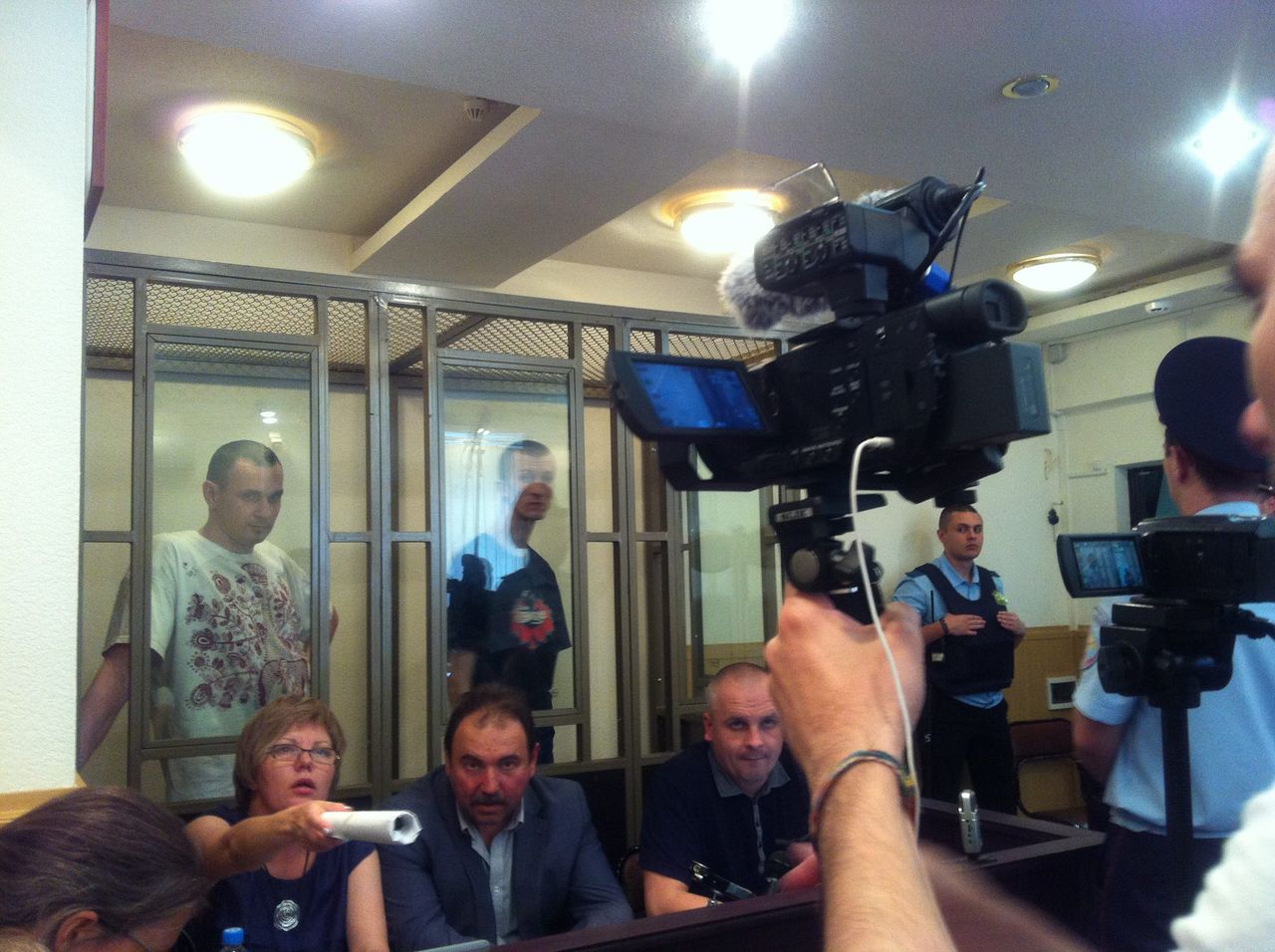
The World Cup in Russia is going well, but Oleg Sentsov, a Ukrainian director from Crimea, is still struggling in a Russian prison in the Arctic Circle. He has started a hunger strike on May 14. Sentenced by a Russian court to 20 years imprisonment for terrorism, Sentsov becomes a symbol of opposition to the policy of faits accomplis, and he is compared to the Ukrainian-Soviet dissidents.
– There have been no changes. He says he’s mostly lying down because he has kidney and heart problems. On the twenty-sixth day of his starvation, the health crisis has passed. Later, they took him to the hospital to make him stronger. He was given 3-4 litres of different nutrient fluids through the catheter because all his veins are punctured as a result of previous procedures – Dmitri Dinze, Senstov attorney, told the Interfax-Ukraine agency on June 22.
Dinze claims Sentsov does not want to ask President Putin for pardon. A day earlier, the attorney said his client responded negatively to the proposal of the European Court of Human Rights to stop the hunger strike. At the same time, Sentsov recalled the complaint regarding his imprisonment, which the Tribunal considered to be a priority, has not been discussed at court for several years.
“Freedom for all!”
Oleg Sentsov began his hunger strike on May 14 and did not determine the end of it. According to his friends, the date was not chosen by accident. Sentsov knew that the critical moment of the protest would take place during the World Cup in Russia, and it will help him to draw attention to his demands. Or rather one request.
“I, Oleg Sentsov, citizen of Ukraine, unlawfully tried by Russian judiciary, currently being held in the colony of Labytnangi, declare that I have begun a hunger strike indefinitely as of May 14, 2018. The sole condition of its end is the release of all Ukrainian political prisoners located on the territory of the Russian Federation. Together till the end! Glory to Ukraine!” – Sentsov wrote in a statement given to his lawyer.
According to various estimates, there are between 64 and 75 Ukrainian citizens kept in Russian prisons who are considered political prisoners. Most of them, like Sentsov, were detained in the Crimea after the annexation of the Peninsula by Russia or they have been somehow connected to Crimea.
A director and a terrorist?
Sentsov was born in 1976 in Simferopol in Crimea. He founded a film studio Cry Cinema at the beginning about a decade ago. His first feature, titled Gamer, was shown in Ukrainian and foreign film festivals in 2012. The next movie, Rhino, was not finished because of the events in Kiev in the autumn of 2013 and a year later in Crimea.
When Euromaidan started in Kiev, Sentsov was taking part in the protests. During the annexation of Crimea by Russia in 2014, he was trying to organise pro-Ukrainian meetings and assisted Ukrainian soldiers in military bases surrounded by the Russian troops.
On 10 May 2014, Sentsov and Oleksandr Kolchenko were detained in Simferopol by Federal Security Service of the Russian Federation. They were accused of preparation of terrorist attacks.
On July 21, 2015, in Rostov-on-Don, the court trial began. Sentsov and Kolchenko were accused of setting fire to the offices of the United Russia party and to the headquarters of the Russian Community of Crimea. Other charges concerned preparations to blow up the Lenin monument in Simferopol and belonging to the Ukrainian organisation the Right Sector, which is considered as extremist in Russia.
During the trial, Sentsov underlined he was a Ukrainian citizen who had been kidnapped by the Russian secret services. He said he was offered to cooperate and testify against Ukrainian politicians who supported the protests in Kiev and took power after the escape of President Viktor Yanukovych in February 2014. If he had agreed, he would have been given only 7 years of imprisonment.
Sentsov refused. He also added that three days after his detention, the FSB found a weapon, “as there cannot be a terrorist group without a gun”. Half a year later two computer files with the instructions on how to prepare the explosive charges were found in his notebook.
On August 25, 2015, the court in Rostov-on-Don declared Sentsov guilty of running a terrorist group, the organisation of two terrorist attacks as well as preparations for one more strike and the illegal possession of weapons. He was sentenced to 20 years of a penal colony with maximum security. Oleksander Kolchenko, an activist of the anarchist movement, was sentenced to 10 years of penal colony. The court found him guilty of taking part in a terrorist organisation and the participation in a terrorist attack.
Both Sentsov and Kolchenko did not plead guilty and said that the trial was political.
Saving director Sentsov
The authorities in Kiev and the international community were protesting against the detention of Sentsov and the accusations against him almost from the beginning of the whole situation. On June 10, 2014, a letter to the Russian authorities concerning Sentsov situation was signed by the members of the board of the European Film Academy, including: Pedro Almodóvar, Aki Kaurismäki, Andrzej Wajda, Krzysztof Zanussi, Jerzy Stuhr and others.
Since the end of the trial, many cultural organisations and celebrities from around the world have tried to appeal for his release. In November 2016, some well-known artists and musicians presented their colleagues imprisoned for political reasons as a part of the Voice Project organisation campaign “Imprisoned for Art”. Oleg Sentsov was presented by an American author Johnny Depp.
On June 7, 2018, PEN America turned to President Vladimir Putin with a call to release Sentsov. The letter was signed, among others, by Patti Smith and Salman Rushdie. On June 19, representatives of the Russian film industry asked Putin to show mercy and pardon Sentsov. On June 20, the Secretary-General of the Council of Europe Thorbjørn Jagland called on the Russian authorities to release the Ukrainian director for humanitarian reasons and said he was ready to make a proper application in this matter.
Earlier, it was said that there is a possibility of replacing the Ukrainian director with one of the Russians imprisoned in Ukraine, or with some people suspected of cooperating with Russian services or those, who were actively supporting pro-Russian separatism.
On June 22, the Press Secretary of the Russian President, Dmitry Peskov, told journalists that there are two main problems with the exchange of Sentsov. He was convicted of a serious crime, and “above all [it comes to] who he is de jure, even if he does not consider himself a Russian citizen”, emphasised Peskov.
During the trial, Sentsov repeatedly underlined that he is a citizen of Ukraine.
Photo: Sentsov and Kolchenko during the trial in August 2015.

